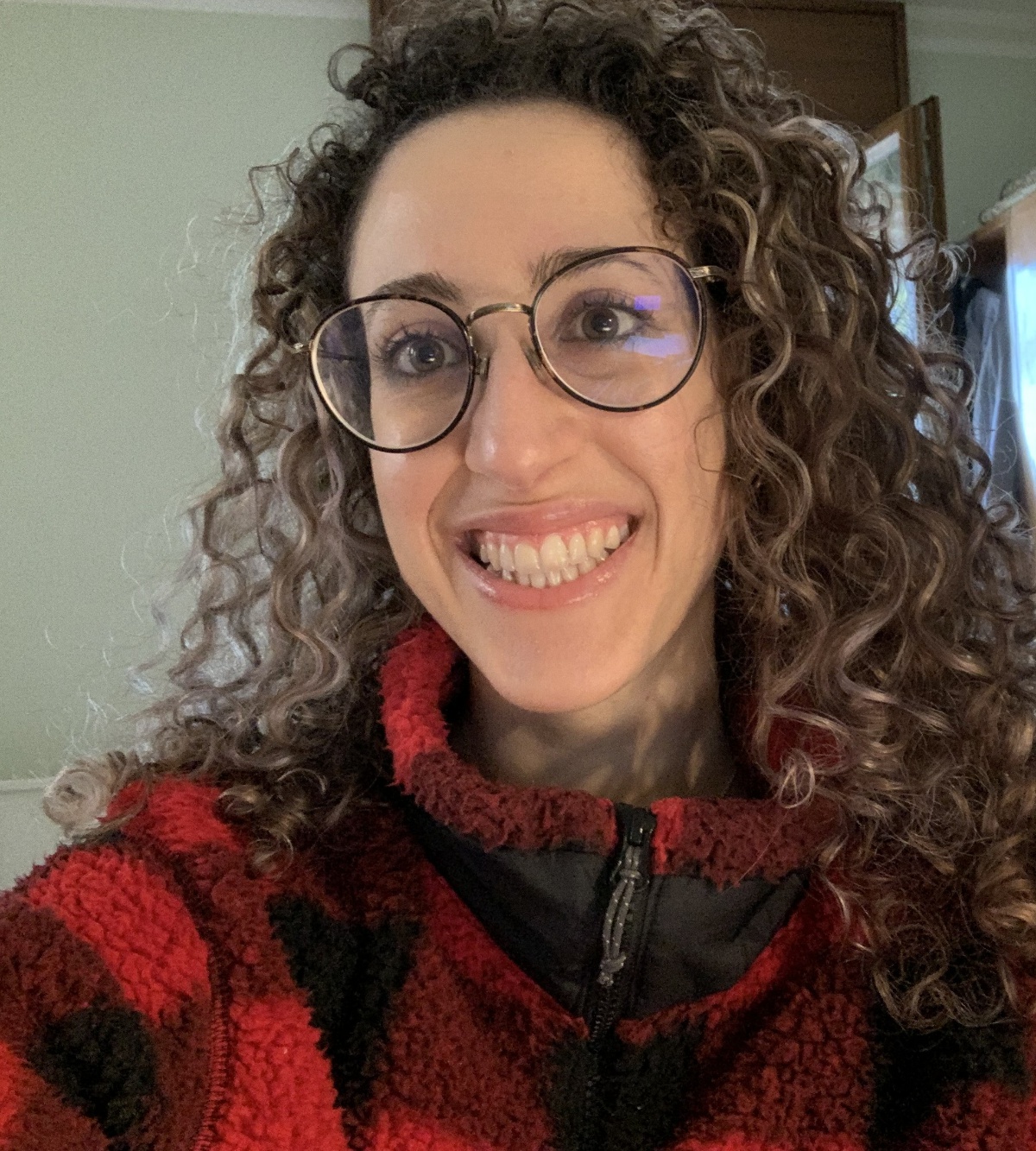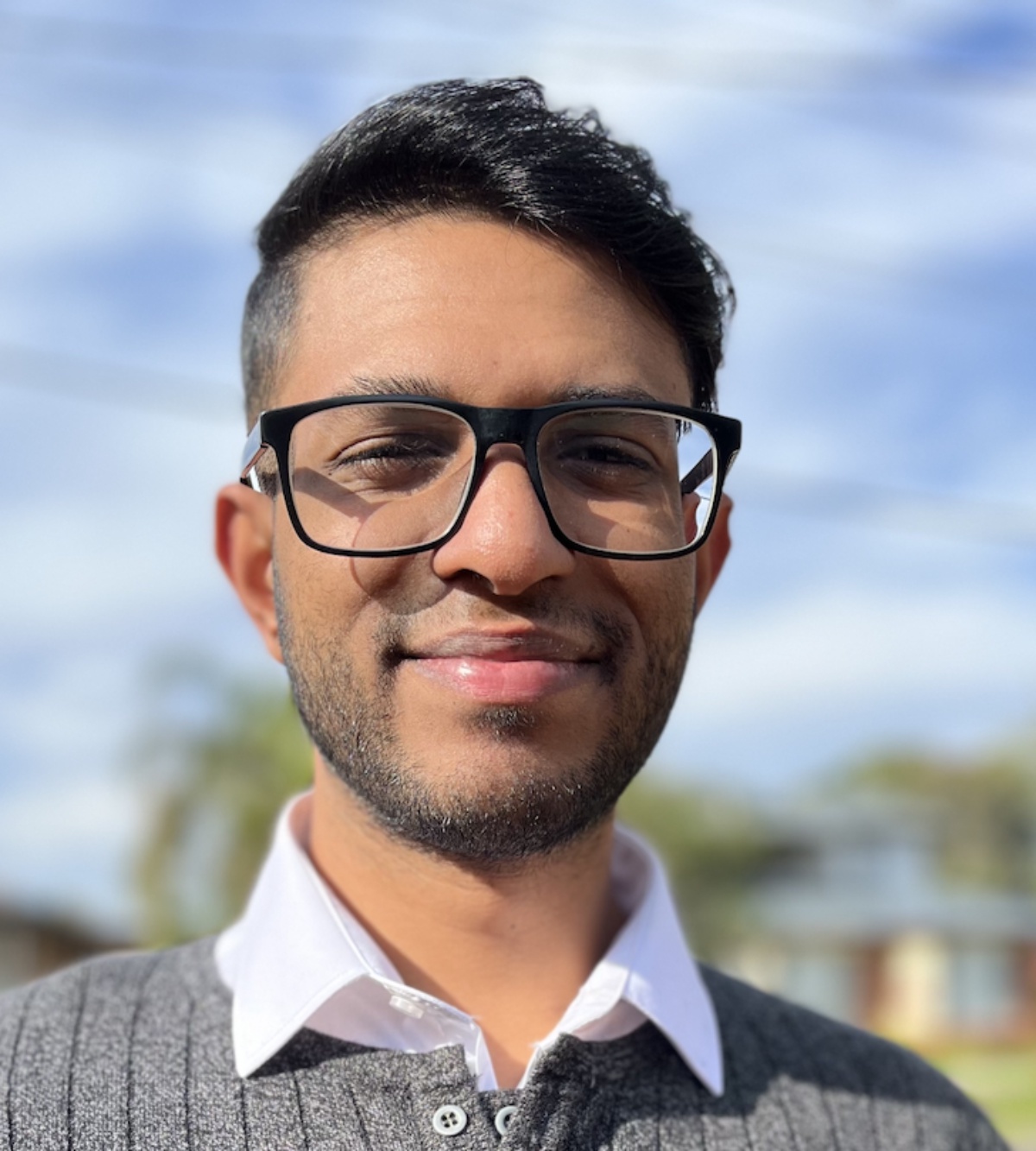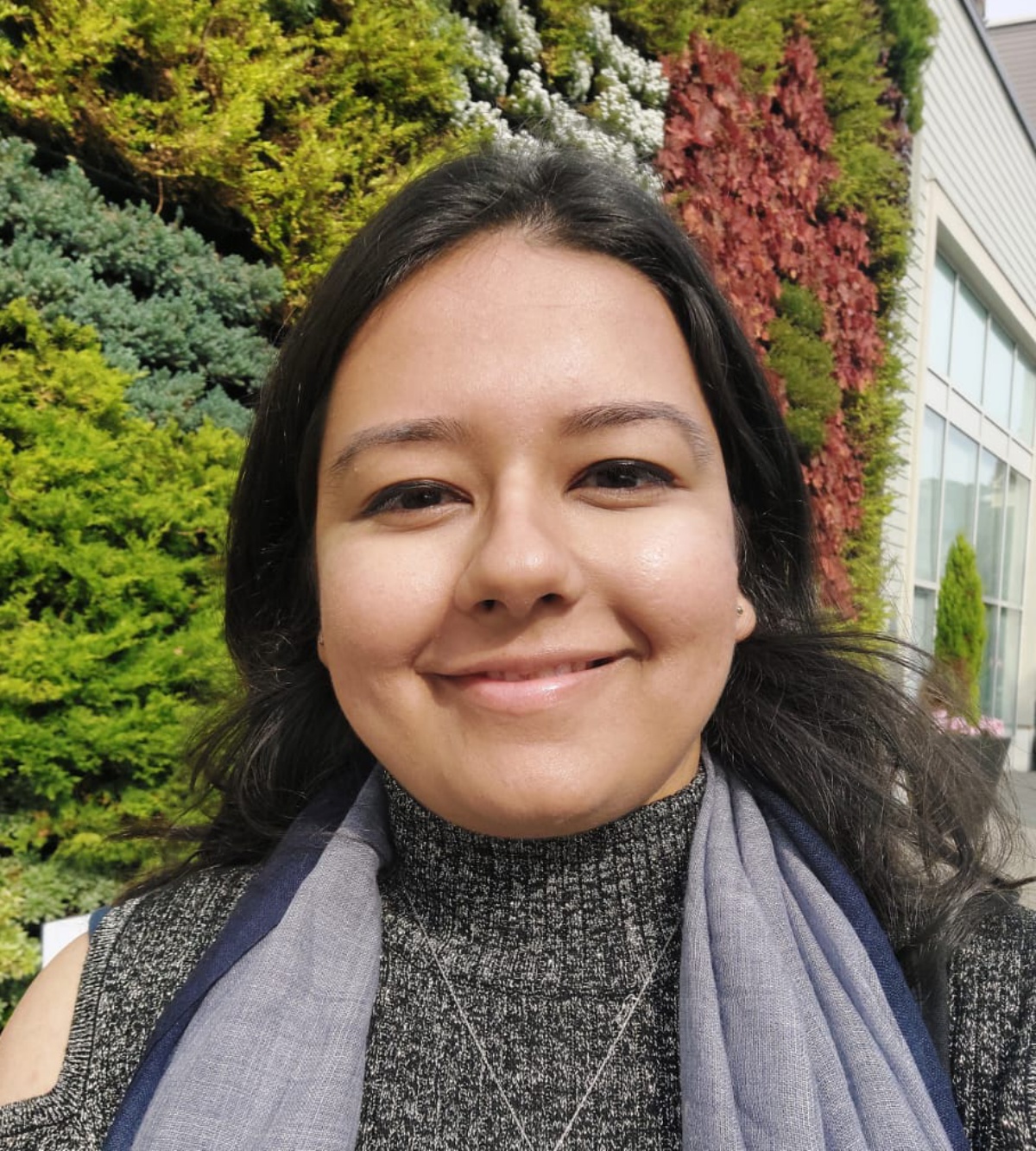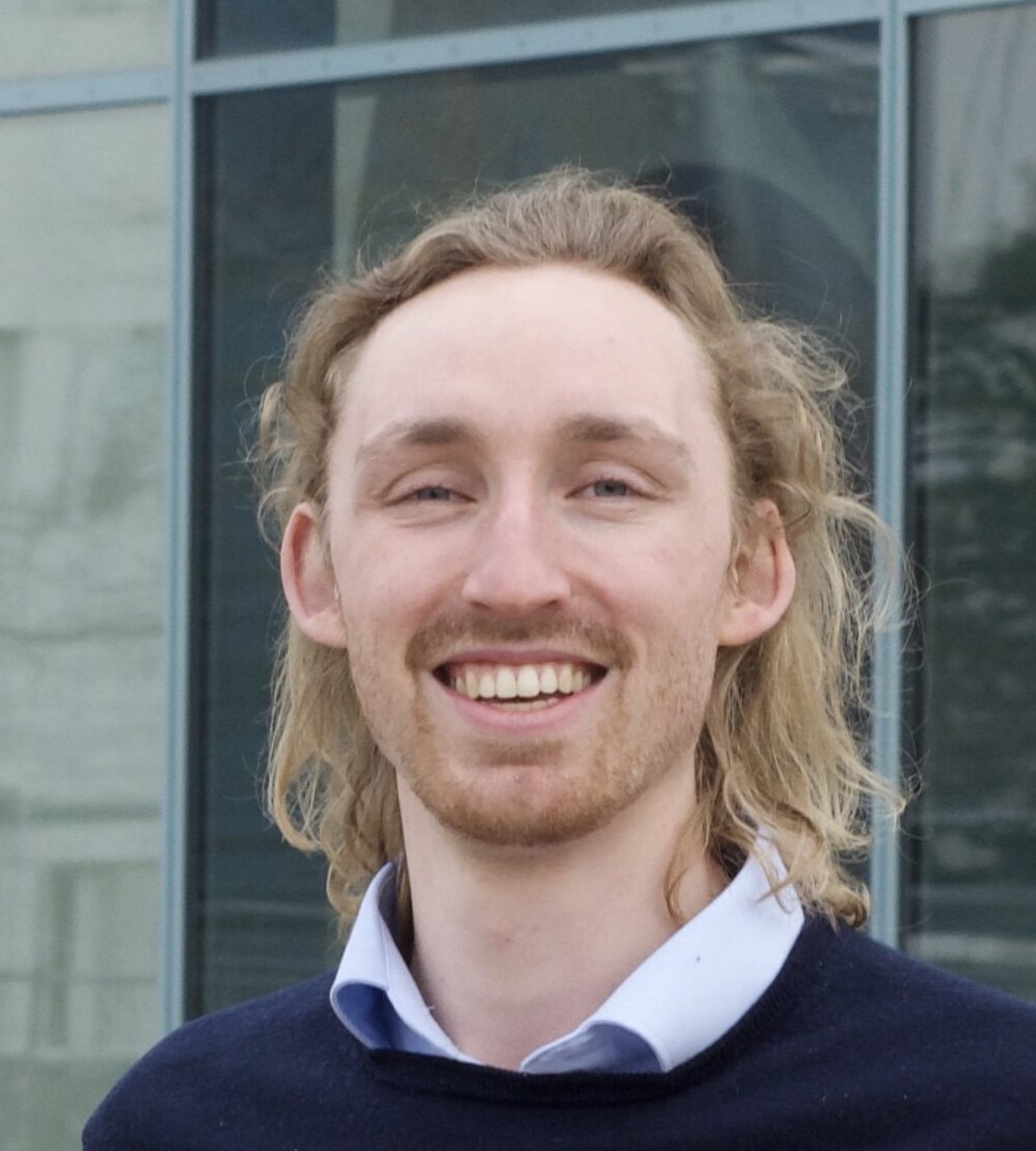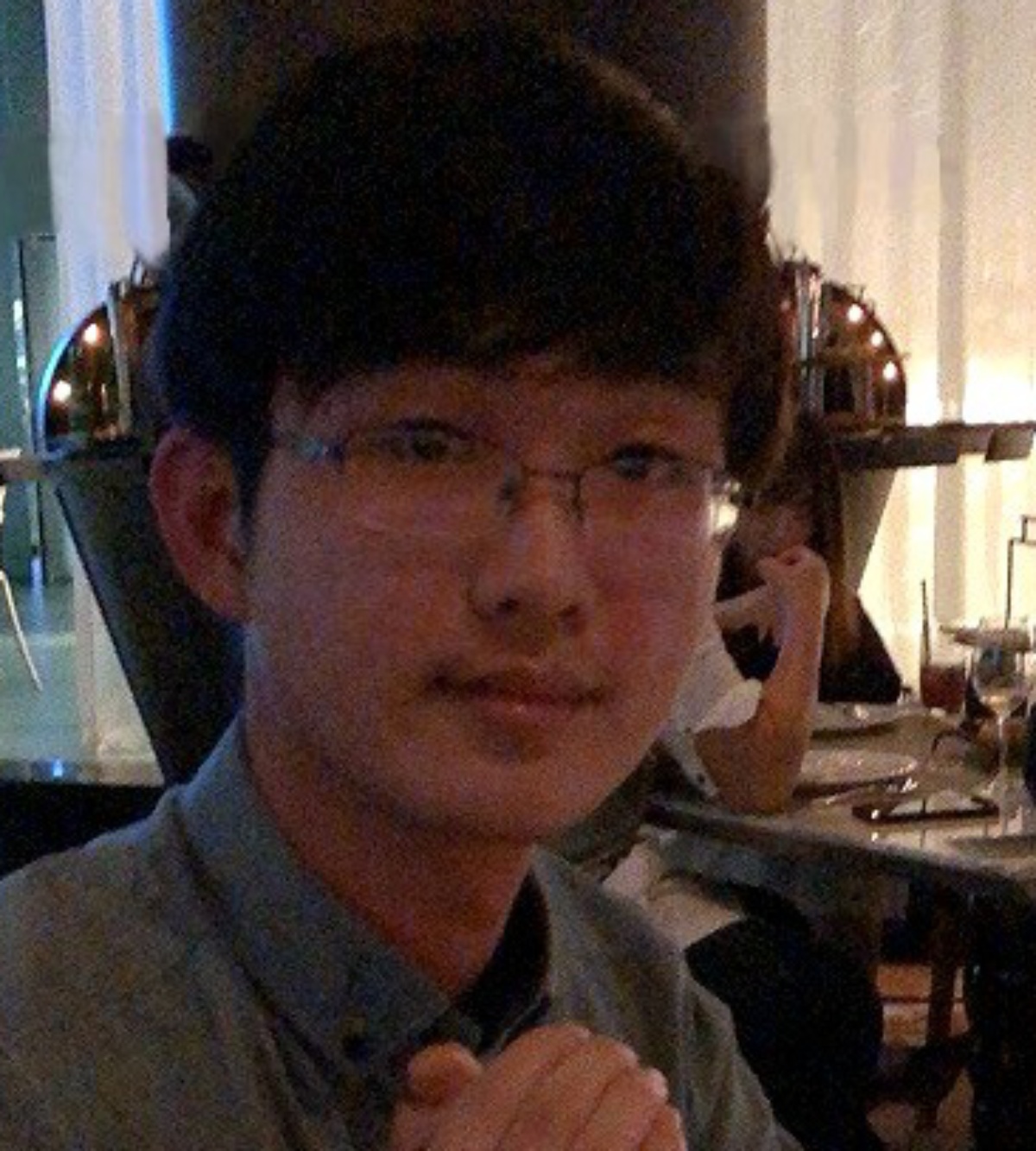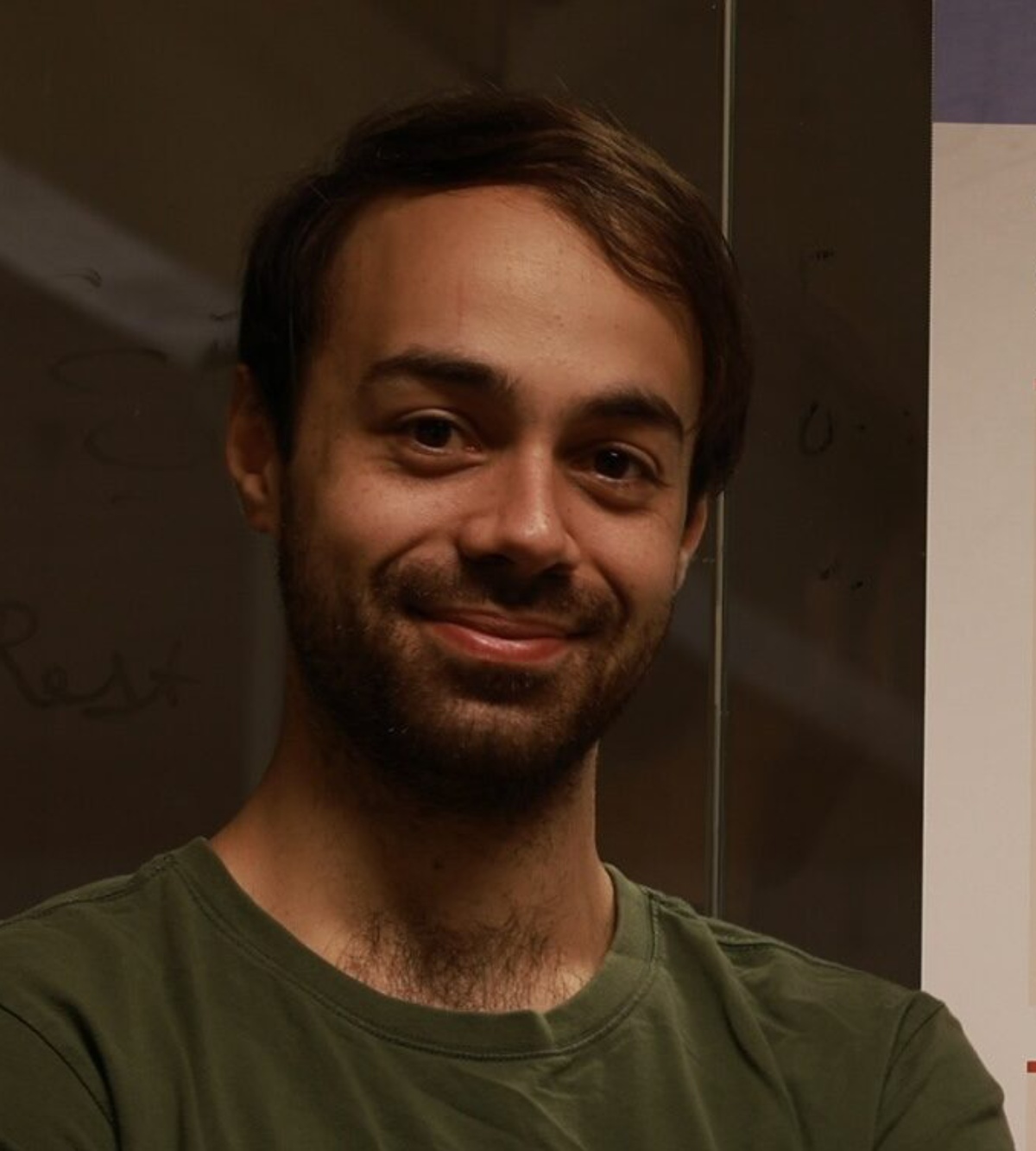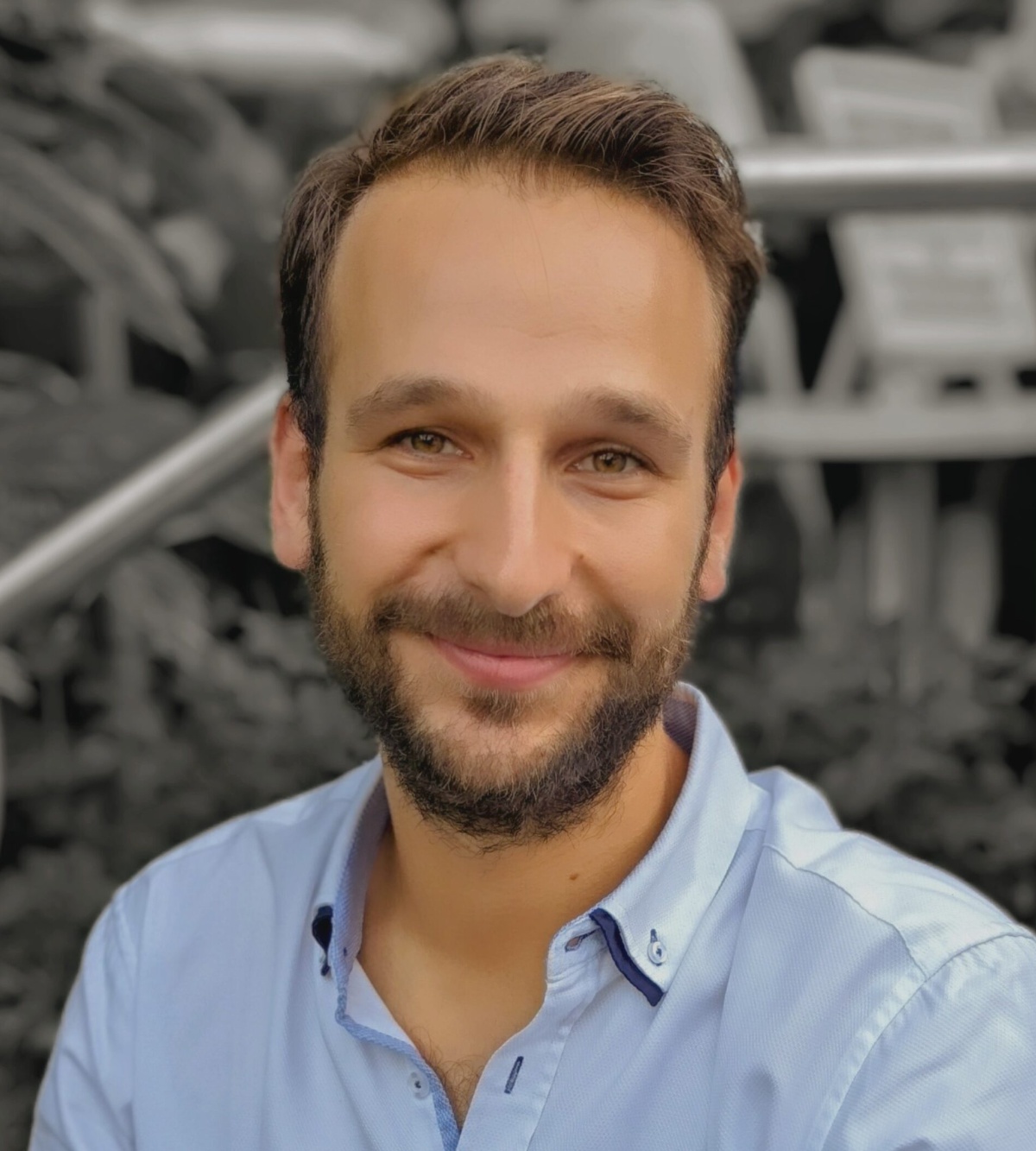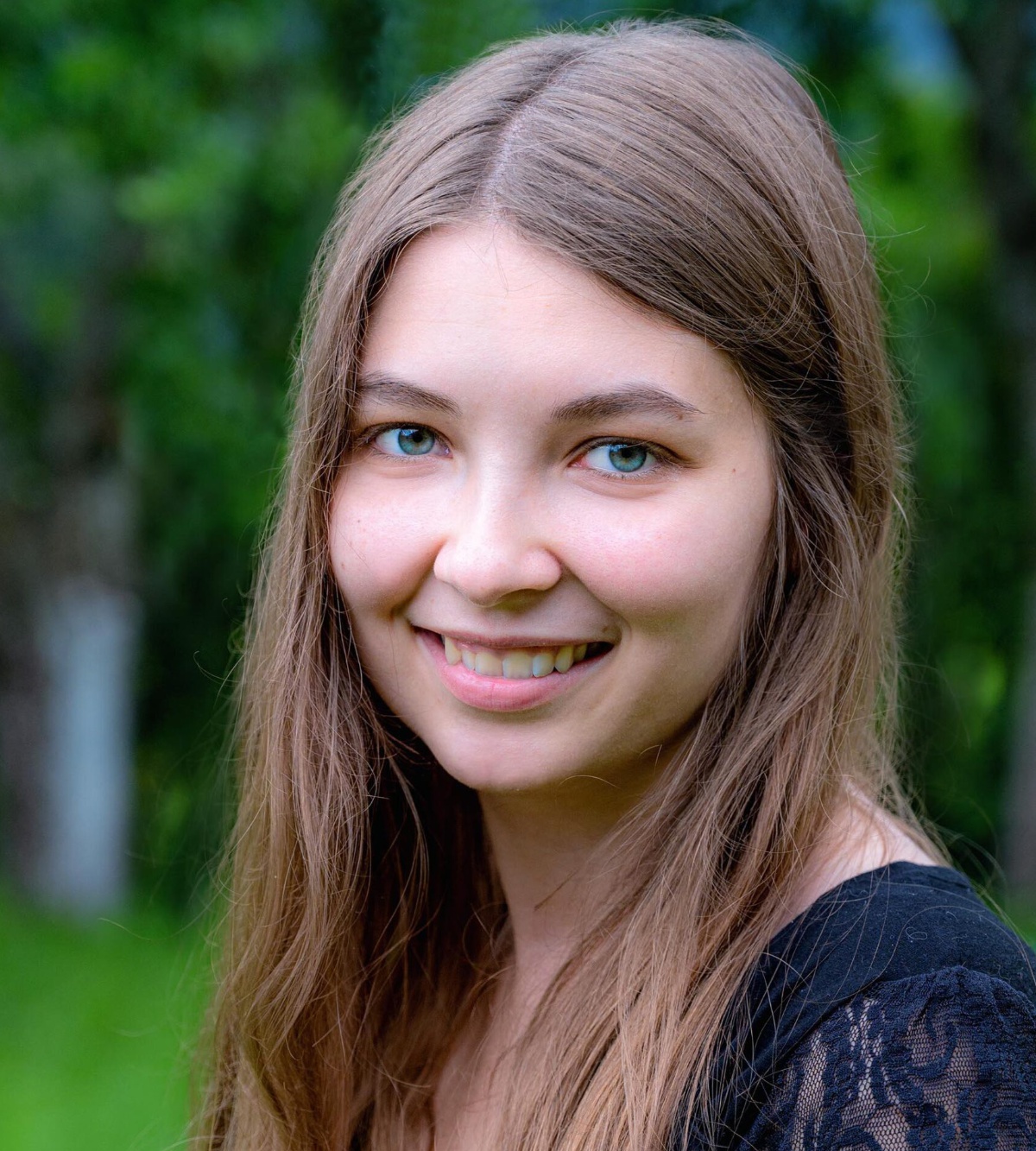Academic Staff
Tim Bedding
Professor
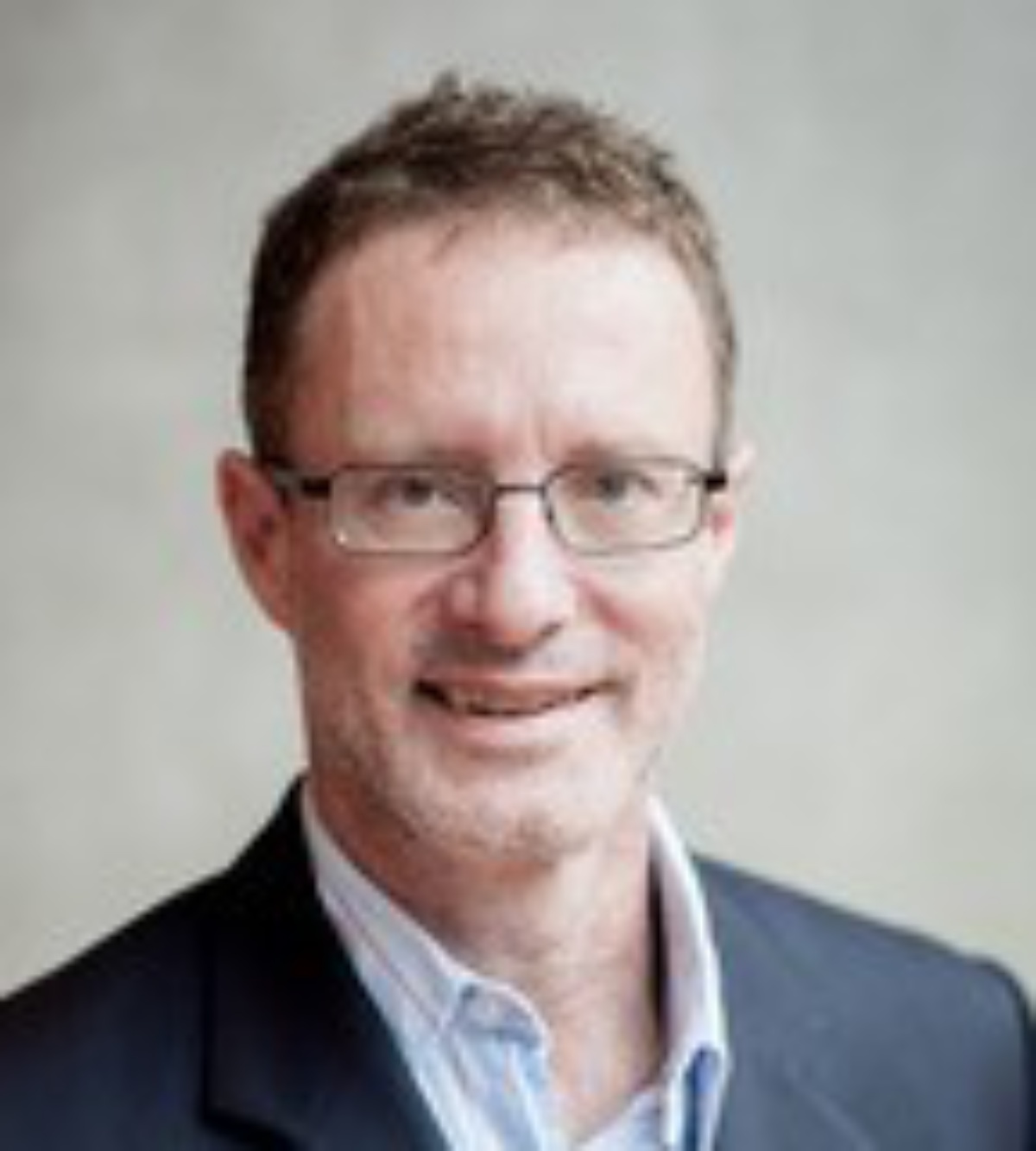
Tim Bedding
Professor
Stellar oscillations (asteroseismology), using data from NASA’s Kepler and TESS missions.
A recipient of the University of Sydney’s Excellence in Teaching Award.
View Tim’s academic profile HERE
Joss Bland-Hawthorn
Professor
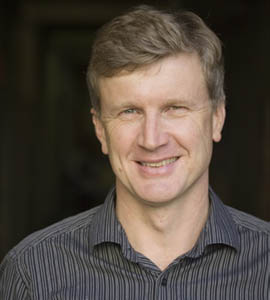
Joss Bland-Hawthorn
Professor
Galactic archaeology and physical processes in galaxies, both observations and simulations.
Key member of the GALAH and SAMI/Hector surveys.
Project scientist for the SAIL labs which develop photonic instruments for telescopes and industry.
View Joss’s academic profile HERE
Céline Boehm
Professor
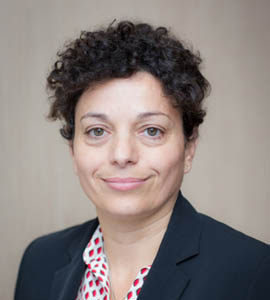
Céline Boehm
Professor
Céline Boehm is an astroparticle physicist working at the interface of particle physics, astrophysics and cosmology. She is trying to discover what dark matter is made of.
View Celine’s academic profile HERE
Julia Bryant
Professor
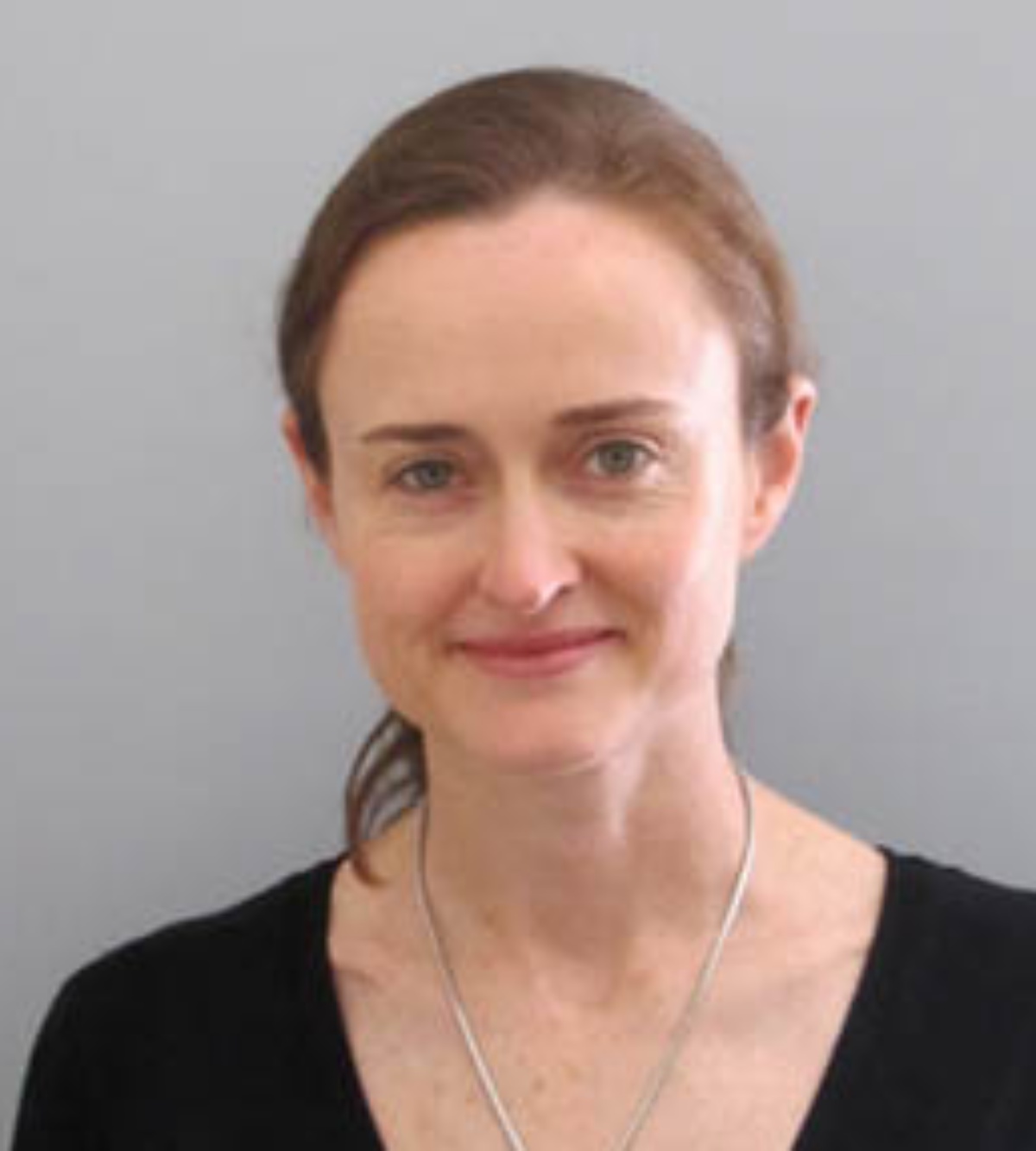
Julia Bryant
Professor
High redshift radio galaxies, galaxy evolution and astrophotonic developments for astronomical instrumentation, in particular imaging fibre bundles called hexabundles.
Leads the team building the Hector instrument for the Anglo-Australian Telescope.
View Julia’s academic profile HERE
Manisha Caleb
Senior Lecturer
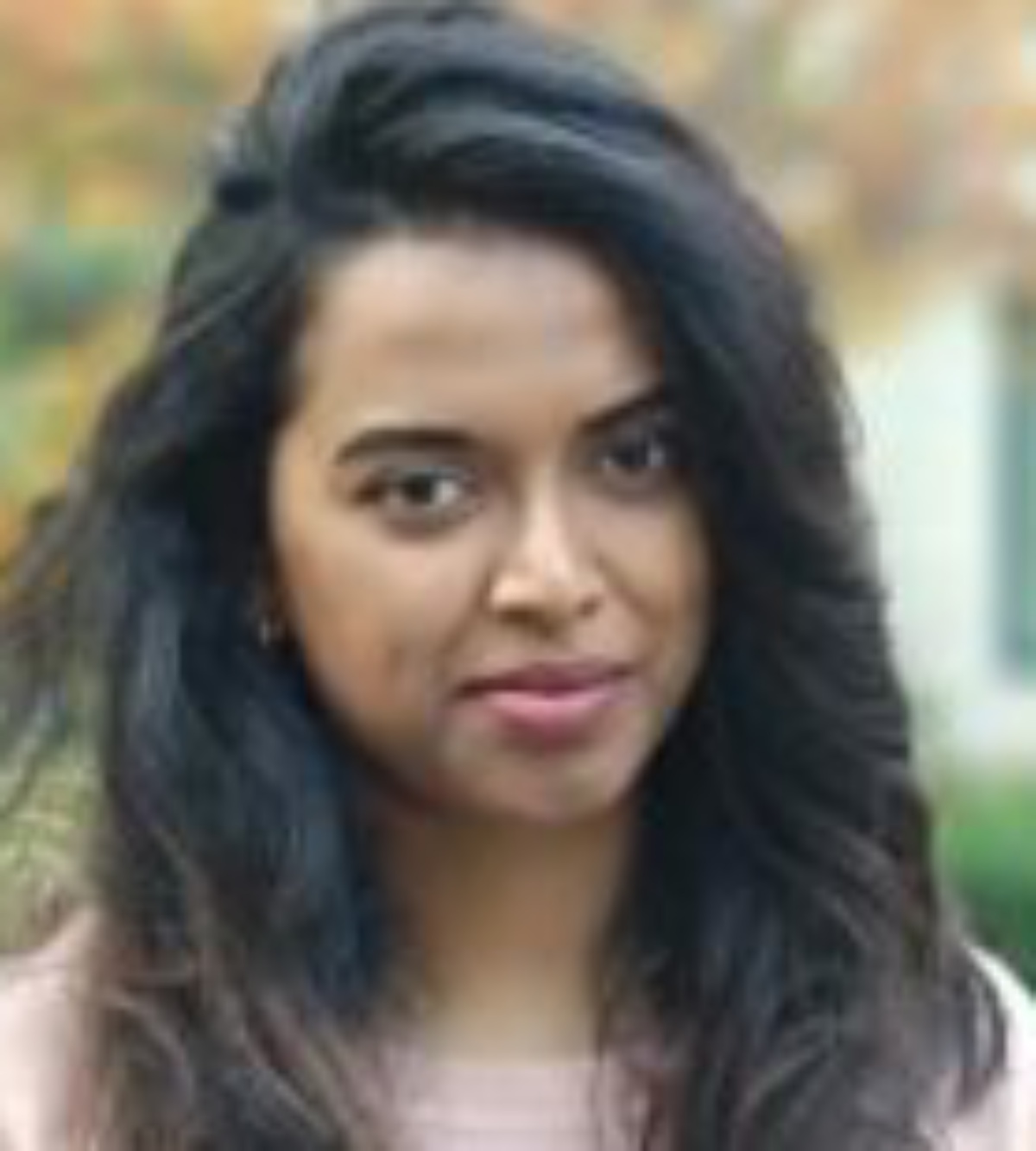
Manisha Caleb
Senior Lecturer
Using localised Fast Radio Bursts (FRBs) as cosmological probes.
Measuring the distribution function of dispersion measure in the FRB population to help understand how baryons are distributed with respect to galaxy halos, in combination with UV and X-ray absorption-line surveys.
Using integral field spectroscopy to better characterize the local environment of FRBs, including their host dispersion measure contribution and exploring how future FRBs at high redshift can be used as probes for helium reionisation.
Scott Croom
Professor
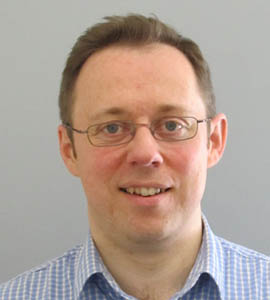
Scott Croom
Professor
Cosmology and the formation and evolution of galaxies.
The study of quasars and active galactic nuclei and the use of spatially resolved spectroscopy to further our understanding of galaxy evolution.
Leads the SAMI Galaxy Survey.
View Scott’s academic profile HERE
Anne Green
Emeritus Professor
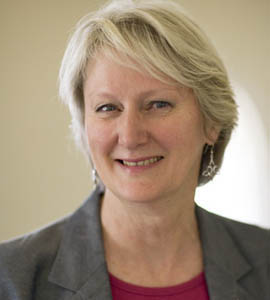
Anne Green
Emeritus Professor
The structure and ecology of the Milky Way Galaxy and its various constituents, via radio frequency surveys, including searches for supernova remnants and OH masers.
Studies of the Carina Nebula, including its HI and molecular gas.
The UTMOST project to detect and characterise Fast Radio Bursts with the Molonglo Telescope.
View Anne’s academic profile HERE
Anita Hafner
Lecturer
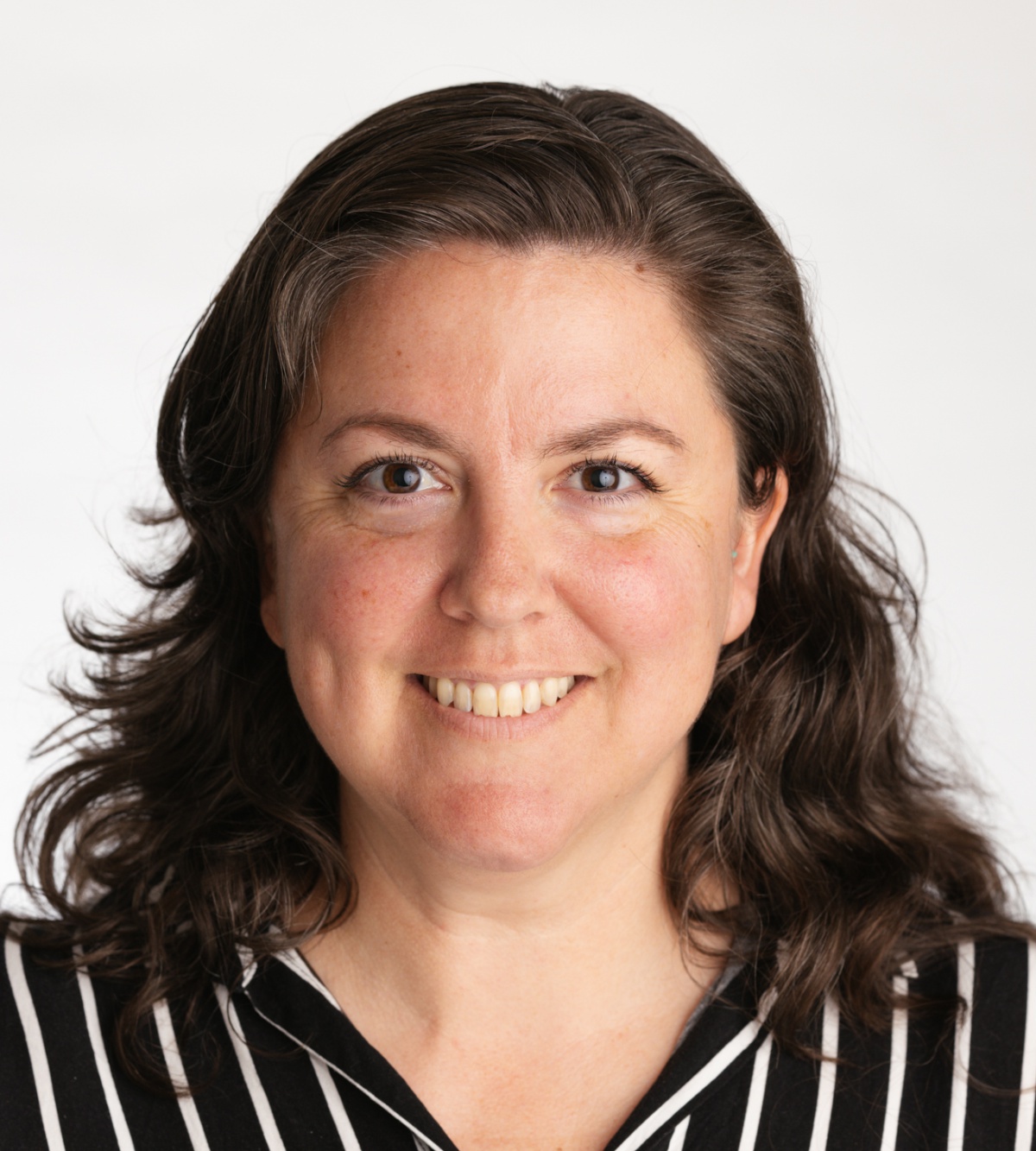
Anita Hafner
Lecturer
Real-time dynamics of high-mass star forming regions using observations from Australian radio telescopes.
Helen Johnston
Associate Professor
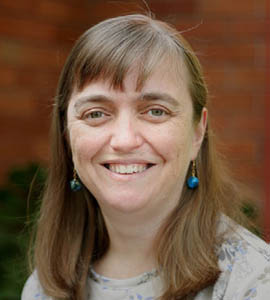
Helen Johnston
Associate Professor
Stellar remnants like neutron stars and black holes, particularly those in binary star systems.
The supermassive black holes at the centres of galaxies.
View Helen’s academic profile HERE
Sergio Leon-Saval
Associate Professor
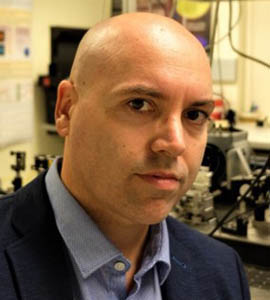
Sergio Leon-Saval
Associate Professor
Sergio Leon-Saval develops optical and photonic instruments for cubesats, for astronomical telescopes and for commercial applications. He is Director of the SAIL labs, the experimental arm of SIfA.
View Sergio’s academic profile HERE
Geraint Lewis
Professor
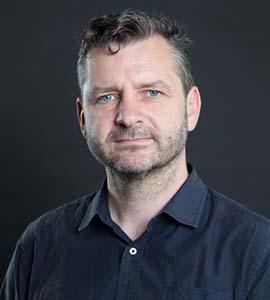
Geraint Lewis
Professor
Geraint Lewis explores the influence of dark energy and dark matter on the evolution and ultimate fate of the Universe. He also uses gravitational lensing to probe the structure of dark matter in galaxies.
View Geraint’s academic profile HERE
Don Melrose
Emeritus Professor
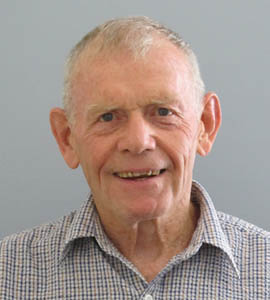
Don Melrose
Emeritus Professor
Plasma astrophysics, especially coherent emission processes in astrophysical plasmas.
Quantum plasmadynamics.
Pulsar radio emission mechanism.
The theory of solar flares.
View Don’s academic profile HERE
Tara Murphy
Professor
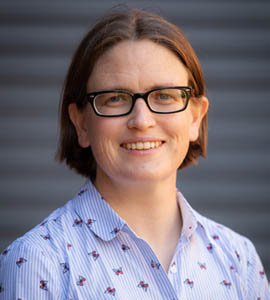
Tara Murphy
Professor
Radio astronomy.
Radio transients and variables. Co-lead of the transients project on the Australian SKA Pathfinder (ASKAP). Interest in gamma-ray bursts, supernovae, pulsars, flare stars, exoplanets.
Leads the Australian effort in radio follow-up of gravitational wave events.
Interdisciplinary work in machine learning and big data.
Teaches computational science and data science with a particular interest in online teaching and teaching innovation.
View Tara’s academic profile HERE
John O’Byrne
Associate Professor
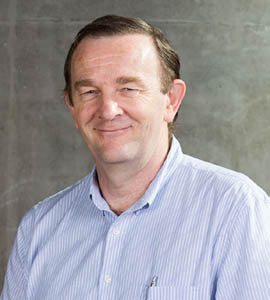
John O’Byrne
Associate Professor
Astrophotonics.
Research using high resolution ground-based optical telescopes and interferometers, specifically Adaptive Optics, Optical Stellar Interferometry (including Sydney University Stellar Interferometer – SUSI), multi-band optical filters for astronomy, multi-wavelength imaging of nearby face-on spiral galaxies and measuring magnetic fields on the Sun.
Physics and Astronomy Education research.
View John’s academic profile HERE
Elaine Sadler
Professor
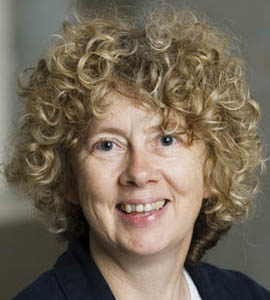
Elaine Sadler
Professor
Galaxy evolution; co-evolution of massive galaxies and their central black holes.
Low-luminosity radio galaxies: demographics, triggers and lifetime in the radio-galaxy phase.
Neutral hydrogen in and around early-type galaxies.
Searches for high-redshift galaxies.
Radio source populations at 20-100 GHz.
Supernovae and gamma-ray bursts.
Design and planning for next-generation telescopes.
View Elaine’s academic profile HERE
Peter Tuthill
Professor
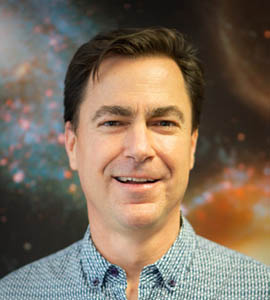
Peter Tuthill
Professor
Development of novel technologies to image the theatres of stellar birth and death, revealing the cradles of solar system formation. Lead of a space telescope project to find exoplanets around stars in our immediate galactic neighbourhood.
View Peter’s academic profile HERE
Mike Wheatland
Professor
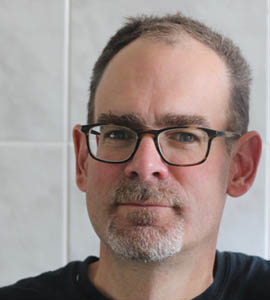
Mike Wheatland
Professor
Solar astrophysics.
Solar flares and solar activity, the statistics of that activity, coronal magnetic fields, solar-terrestrial relations, and Bayesian probability.
Modelling magnetic fields in the Sun’s corona using nonlinear force-free fields.
Computational modelling.
View Mike’s academic profile HERE
Postdoctoral Research Staff
Dr Dan Ballard
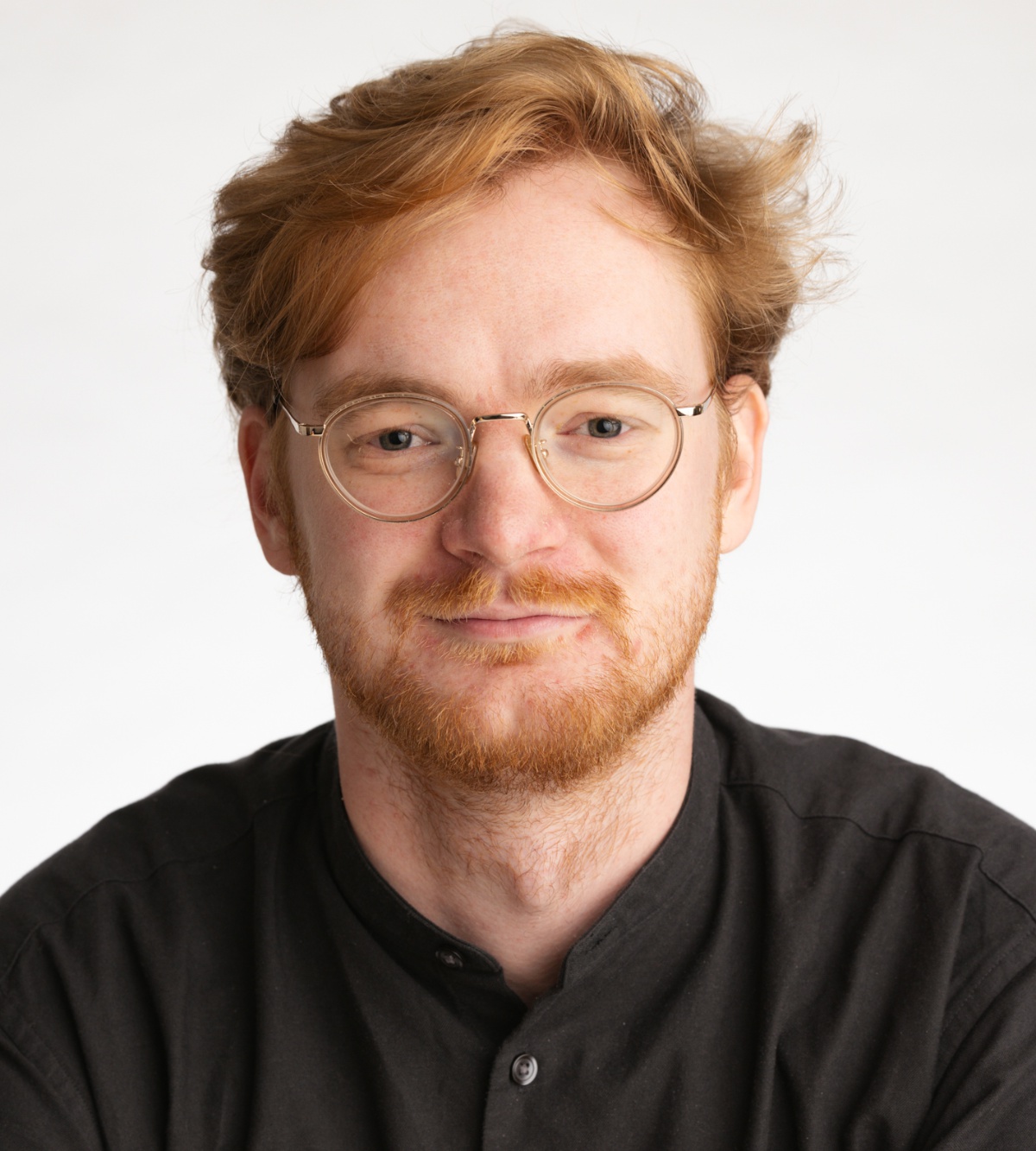
Dr Dan Ballard
Galaxy-galaxy scale strong gravitational lensing as a probe of dark matter, the expansion history of the Universe and galaxy evolution. Developing lens reconstruction techniques to model Hubble Space Telescope data from the Astro3D Galaxy Evolution with Lenses (AGEL) survey.
Dr Stefania Barsanti
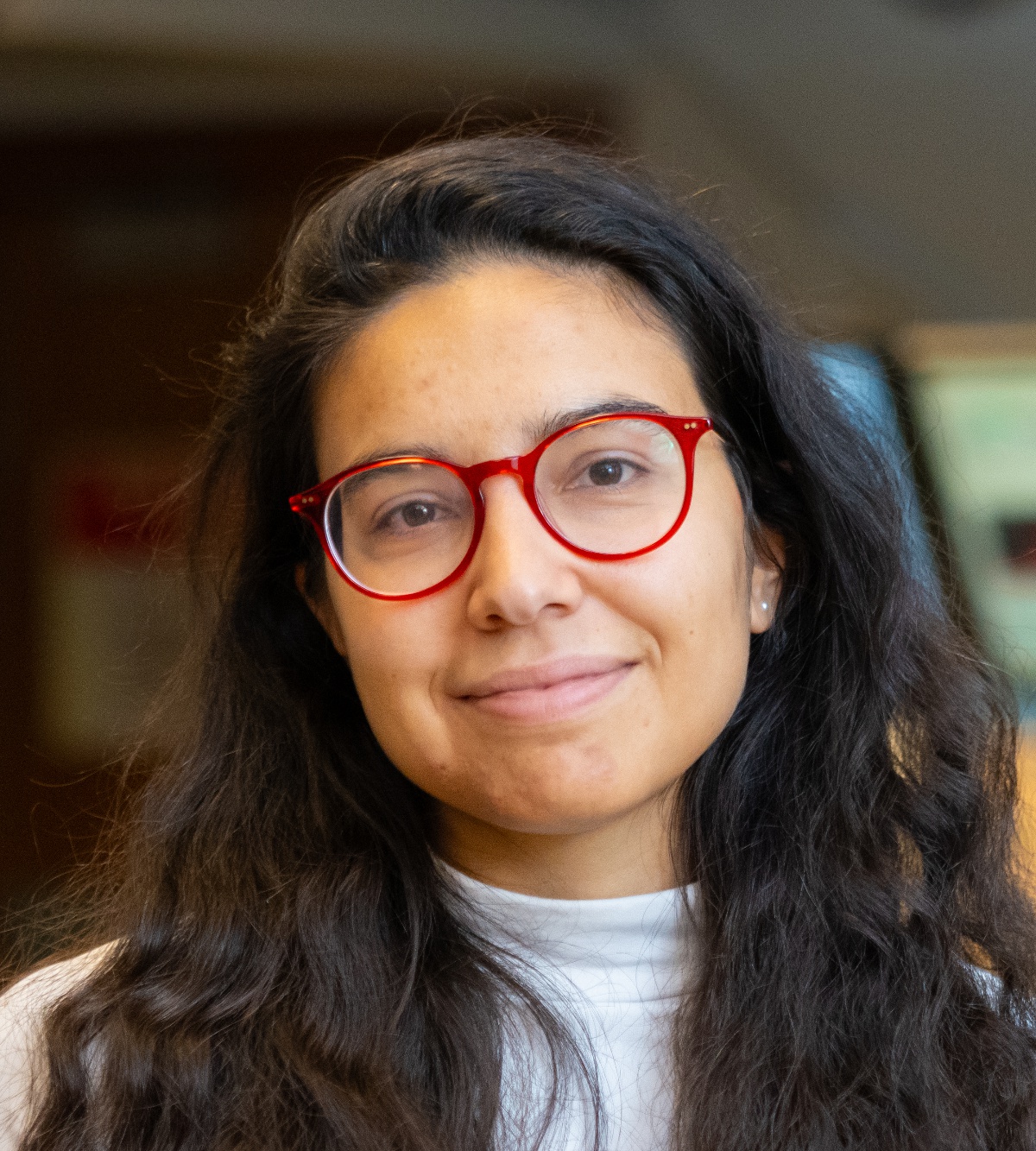
Dr Stefania Barsanti
An astrophysicist specialising on the impact of the local and large-scale cosmic environments on galaxy properties, using optical photometric, spectroscopic and spatially-resolved spectroscopic data. Her most significant discovery (so far!) is the detection of preferential directions for the spin of galaxies in cosmic filaments according to the stellar mass in their central regions, revealing different galaxy formation pathways.
Dr Christopher Betters
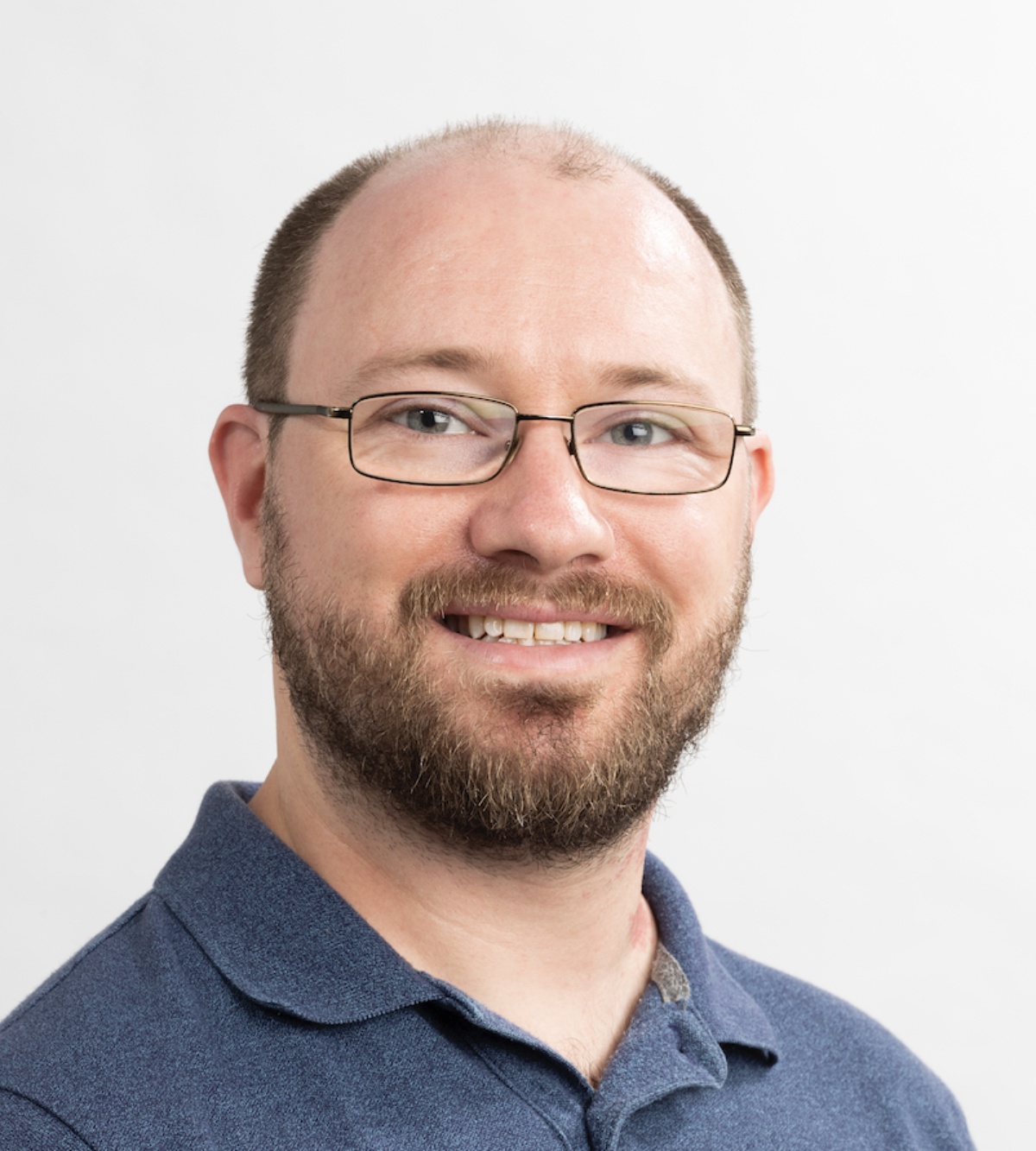
Dr Christopher Betters
The development (design, construction, characterisation, and implementation) of cutting-edge compact optical instruments that harness the latest photonic technologies, originally for astronomical applications. Using techniques and methods I developed for astronomy to tackle a broader range of problems in academia and industry, specifically in remote earth observation and agriculture.
View Christophers’s academic profile HERE
Dr Courtney Crawford
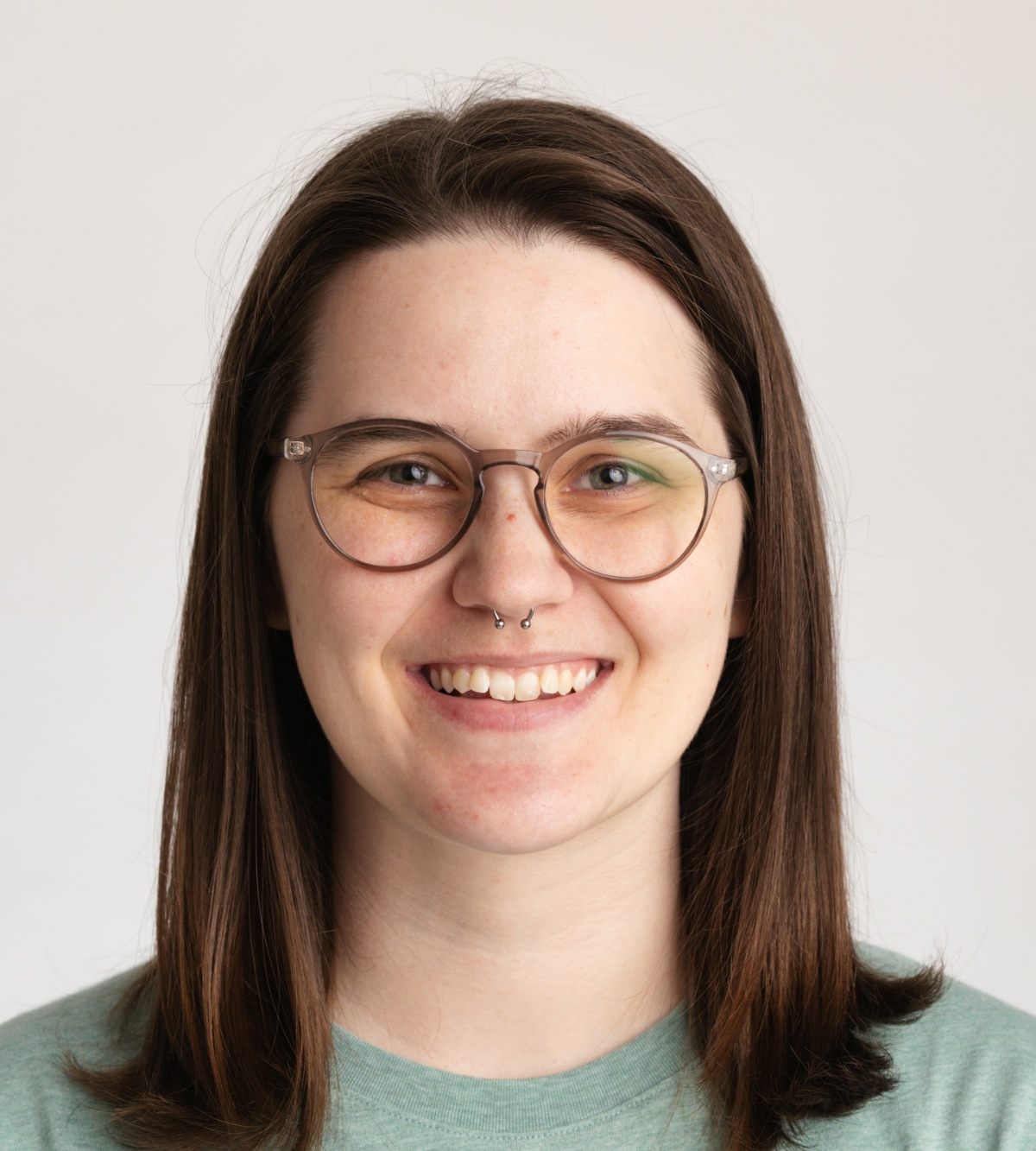
Dr Courtney Crawford
Asteroseismology with particular interests in the modeling and analysis of post-merger stars, spectral classification, and spectral analysis, especially of exotic stellar variables.
Dr Dougal Dobie
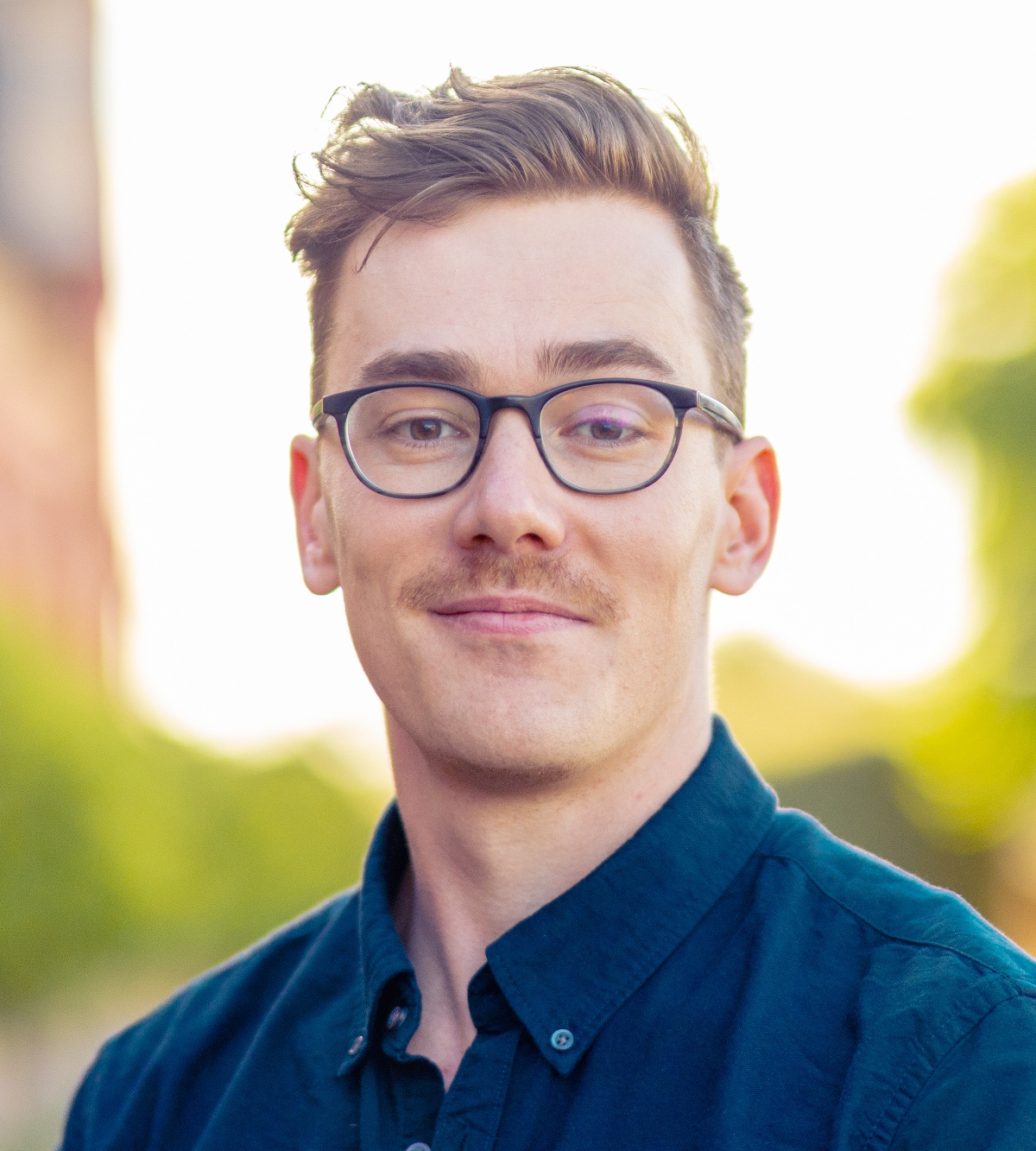
Dr Dougal Dobie
My research includes follow-up of gravitational wave events with the Australian Square Kilometre Array Pathfinder (ASKAP) and the Australia Telescope Compact Array (ATCA), searching for exotic radio transients with ASKAP, and using the ATCA to study the radio emission of relativistic transients discovered at other wavelengths.
Dr Laura Driessen
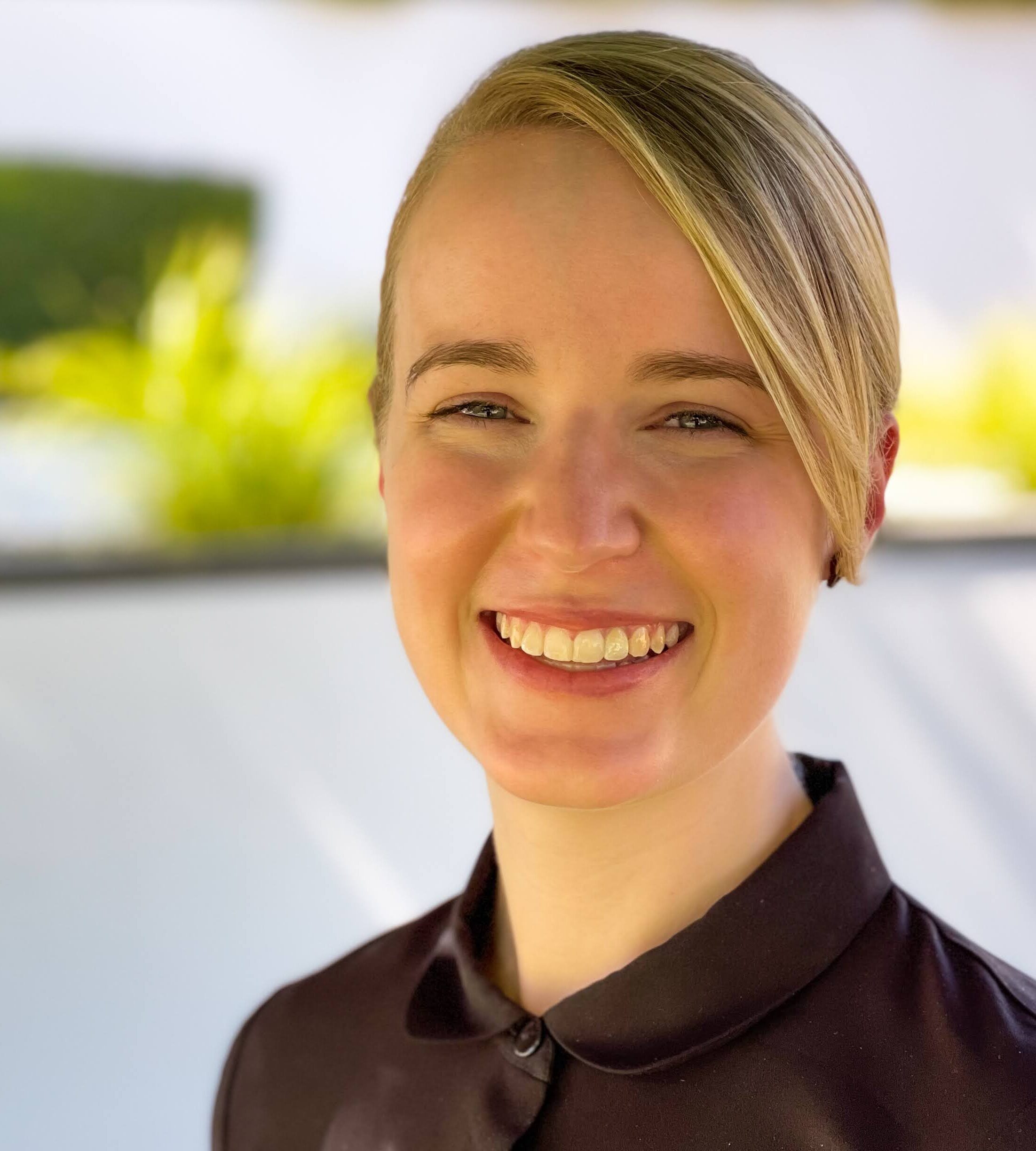
Dr Laura Driessen
A radio astronomer who works on searching for radio stars, image-plane radio variable and transient sources, and localising fast radio bursts. She works with the ASKAP and MeerKAT telescopes and is co-Project Scientist of the Variables and Slow Transients with ASKAP (VAST) survey. Laura is also part of the ThunderKAT and MeerTRAP collaborations. She is currently a Superstar of STEM.
Dr Nastaran Farhang
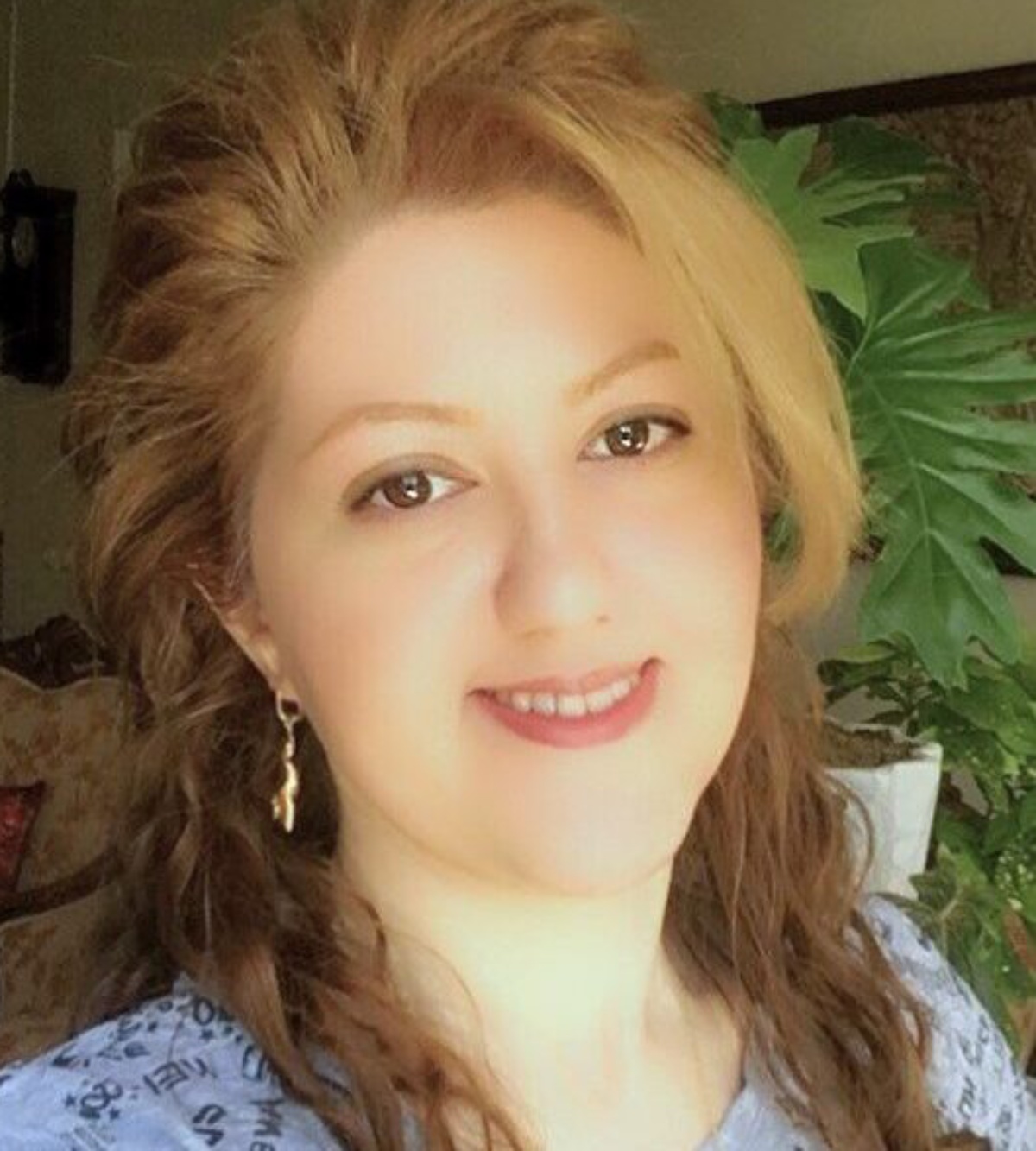
Dr Nastaran Farhang
Solar Physics. Solar coronal features particularly solar flares and coronal loops (statistics & modelling). Cellular automaton and self-organized criticality. Complex Networks.
I’ve extensively applied data mining and numerical modelling techniques to study various aspects of the Sun’s atmosphere, including solar flares, magnetic field evolution, and solar atmospheric features. My current research includes energy balance in avalanche models, statistical methods for analyzing power-law distributions, network-based studies of solar flares, and the study of quasi-periodic pulsations and active regions on the Sun’s surface.
Dr May Gade Pedersen
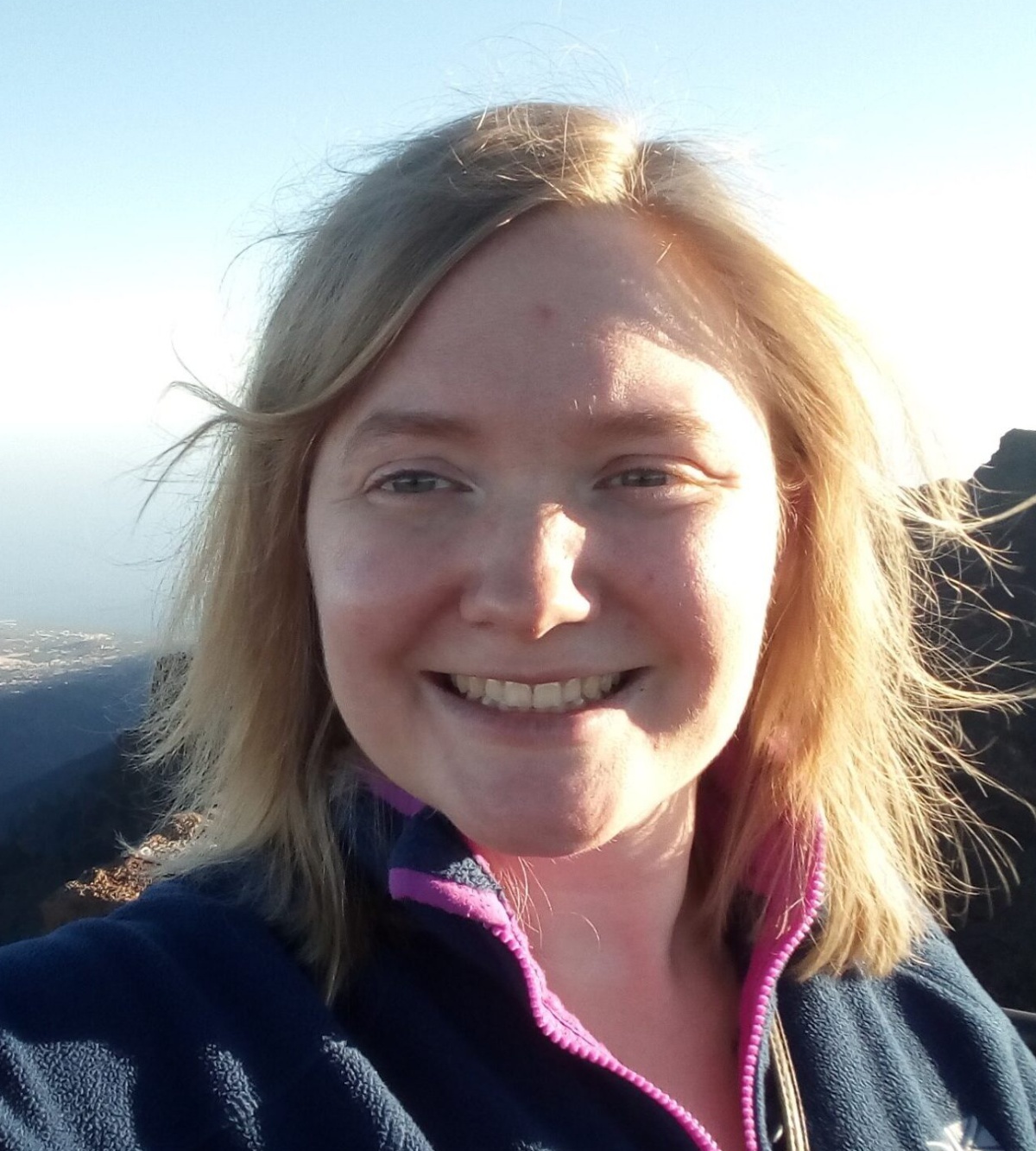
Dr May Gade Pedersen
Asteroseismology of massive stars, with special focus on studying their internal element and angular momentum transport mechanisms.
Variable stars in OB associations and ensemble modelling of their pulsating stars.
Providing observational constraints for stellar structure and evolution models.
Dr Madusha Gunawardhana
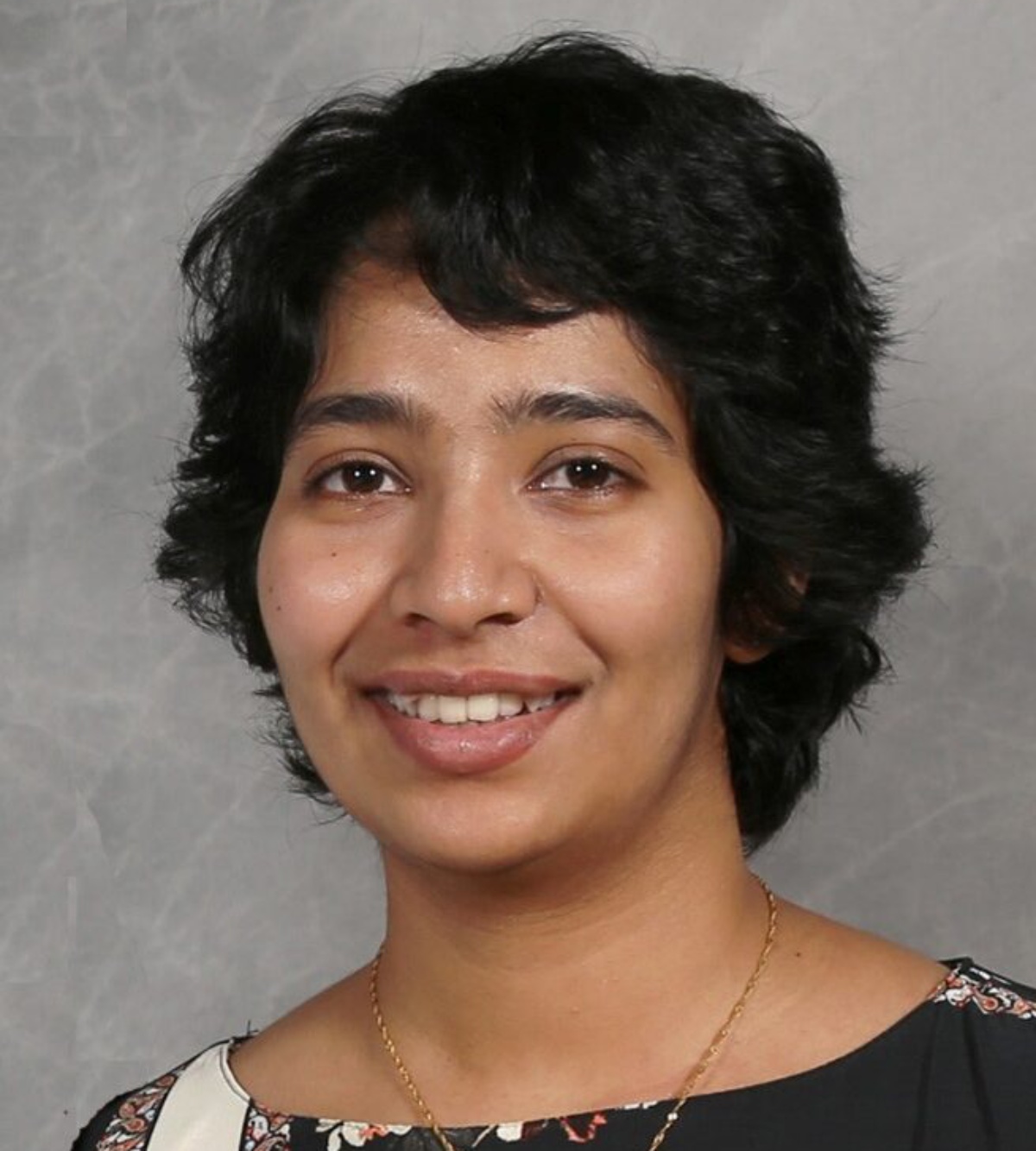
Dr Madusha Gunawardhana
The formation and evolution of massive stars, HII regions and star formation in the nearby Universe.
The stellar initial mass function, massive stellar populations and galaxy evolution.
The stellar population synthesis and photoionisation modelling.
Integral field spectroscopy using VLT-MUSE, SAMI and Hector surveys, and spectroscopy using GAMA and 4HS surveys.
Dr Elizabeth Iles
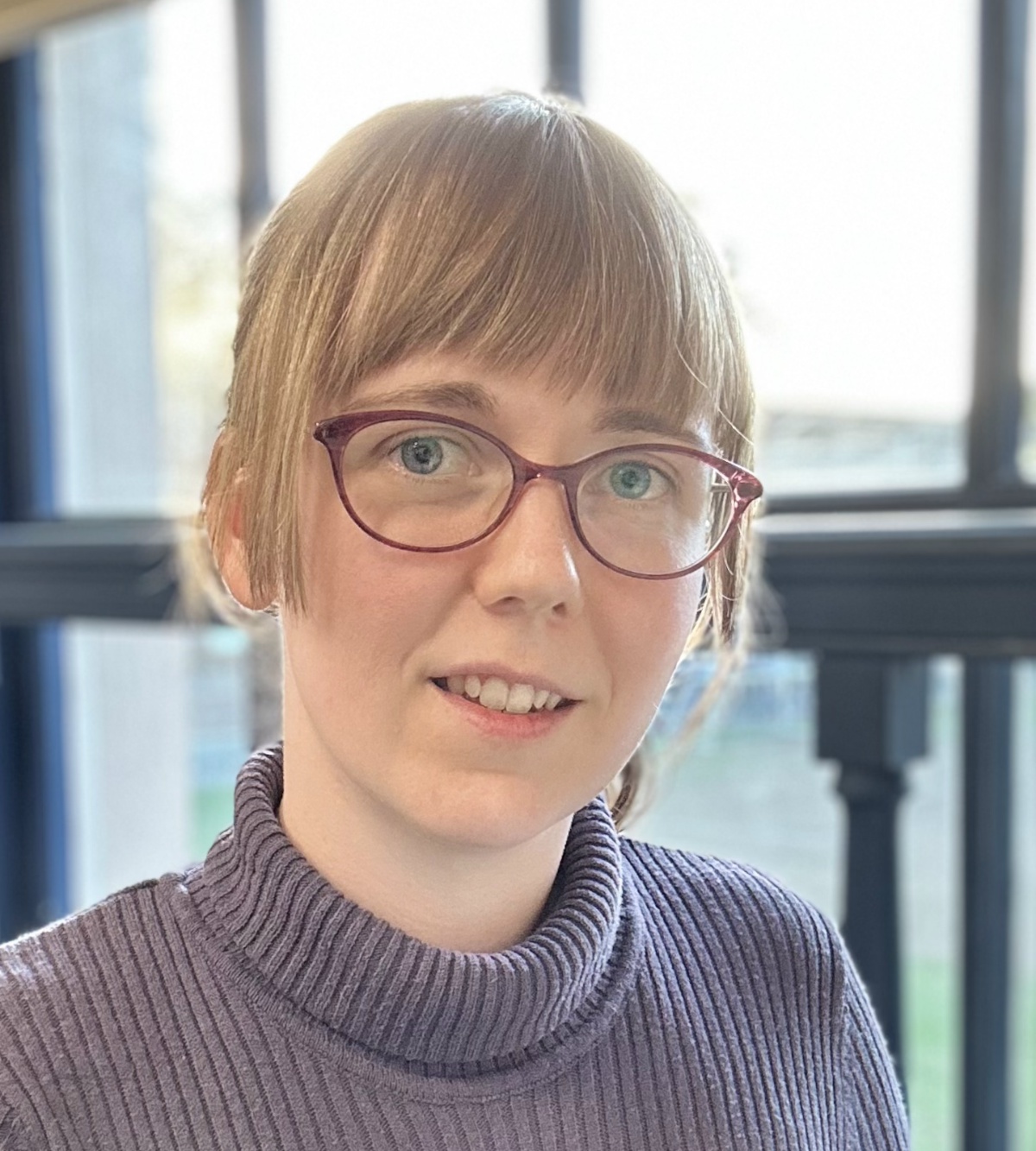
Dr Elizabeth Iles
Ties with galactic archaeology and resolving the history of galaxies/galaxy formation and evolution, as well as galaxy interactions/mergers.
Dr Prasad Mani
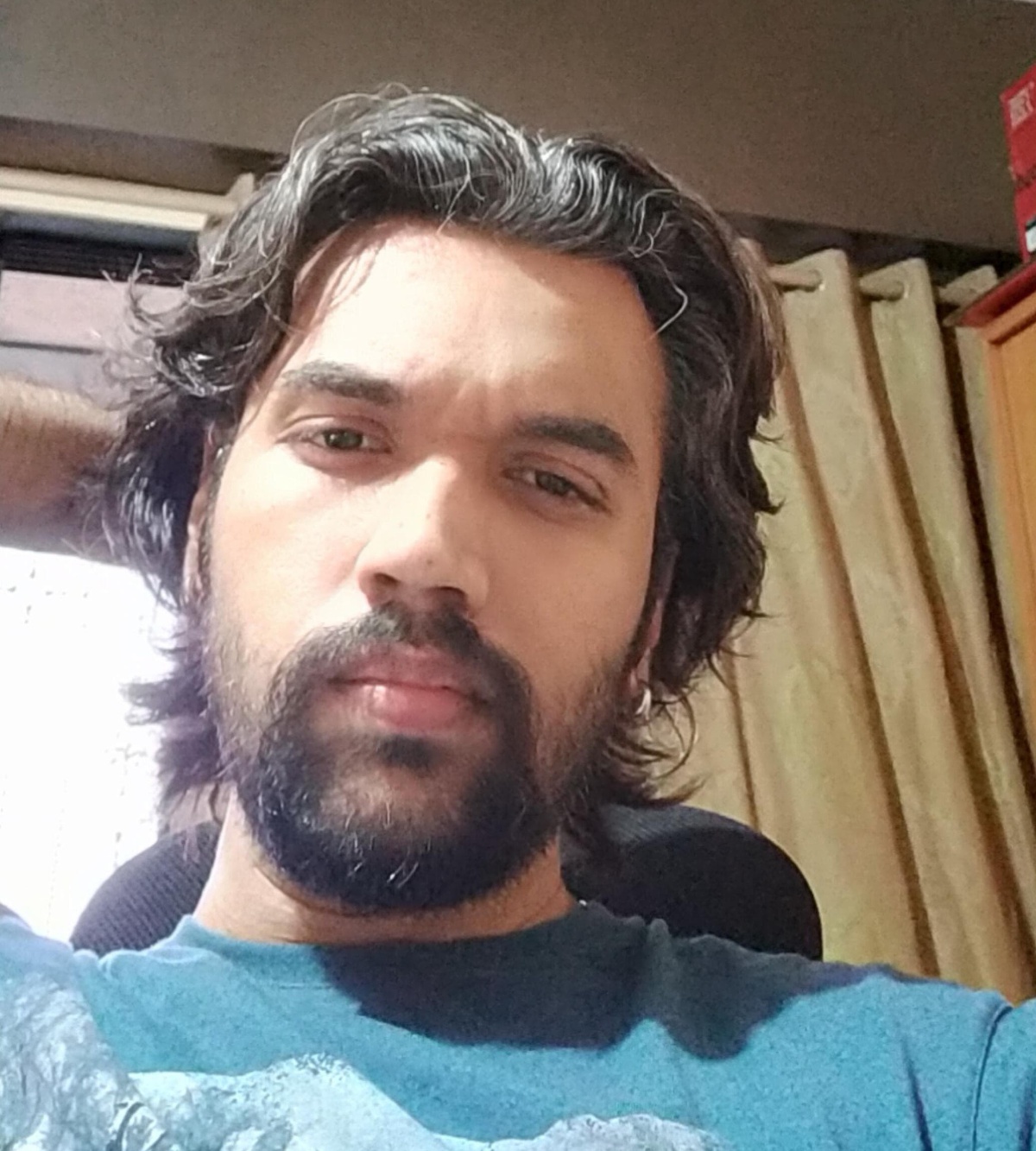
Dr Prasad Mani
I apply deep-learning techniques to analyze δ-Scuti pulsations from NASA/TESS.
Additionally, I do feature engineering to construct realistic datasets for training deep-learning models.
Dr Barnaby Norris
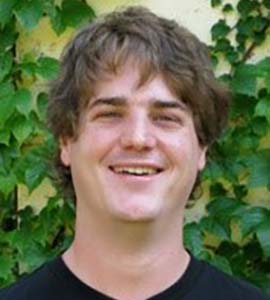
Dr Barnaby Norris
Instrumentation (specifically high contrast imaging, astrophotonics, interferometry and polarimetry), planet formation and stellar mass-loss
View Barnaby’s academic profile HERE
Joel Ong
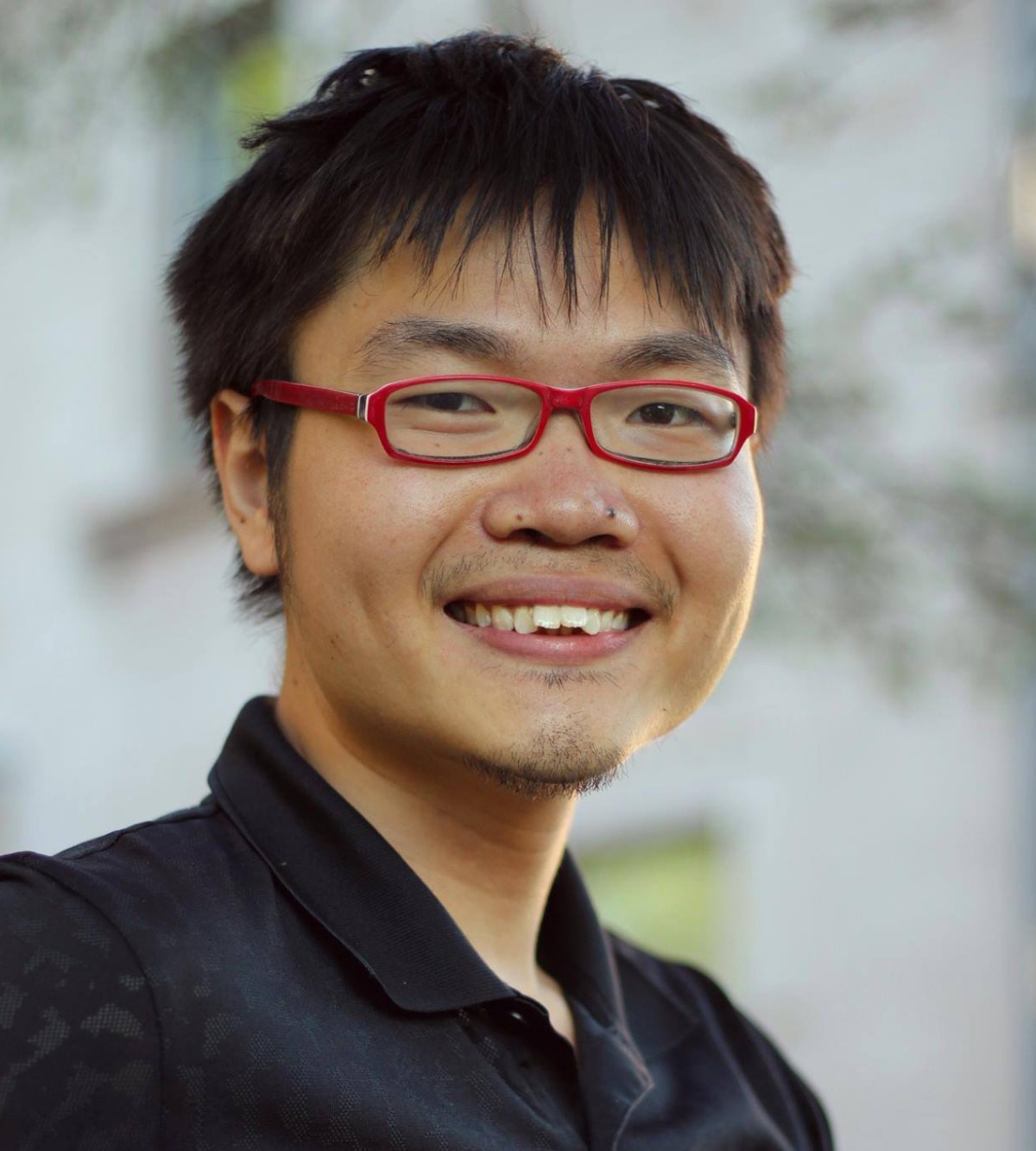
Joel Ong
I study stellar oscillations, both in their own right, and also with a longer-term view to develop their interpretation as a tool for providing observational insight into the interior structure, rotation, and magnetic activity of stars. I work both on better understanding the theory of wave propagation that gives rise to such oscillations, and also on measuring them using space photometry from telescopes like the NASA TESS and upcoming ESA PLATO missions.
Iris de Ruiter
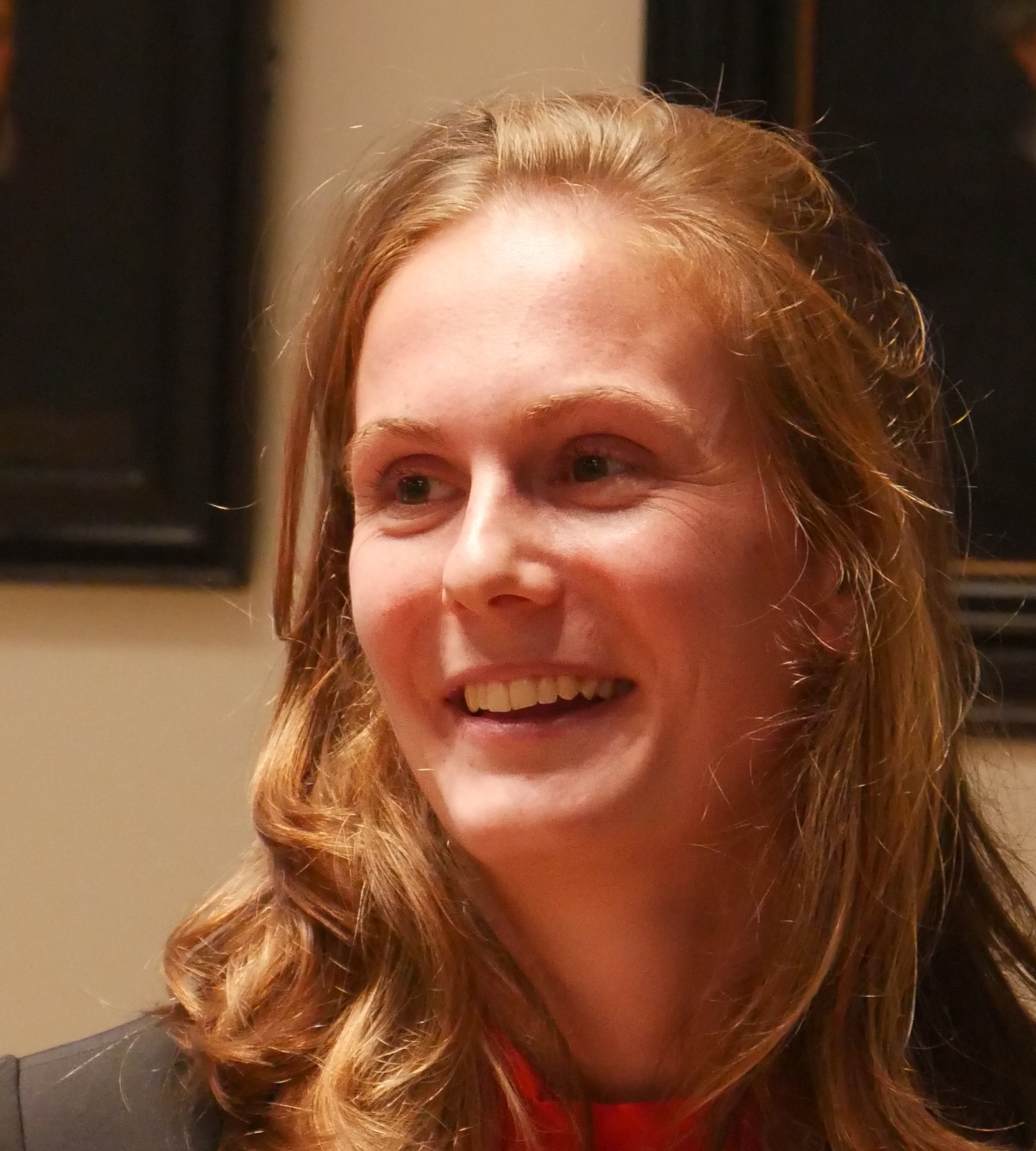
Iris de Ruiter
Radio astronomer within OzGrav.
I analyse ASKAP data to discover exotic radio transients from compact objects, developing software to identify them and conducting multi-wavelength follow-ups for detailed interpretation. These transients provide insights into the properties and evolution of white dwarfs, neutron stars, and black holes, often in binaries. I also work on the radio follow-up of gravitational wave events, searching for prompt radio bursts and long-lived emission from neutron star mergers.
Dr David Sweeney
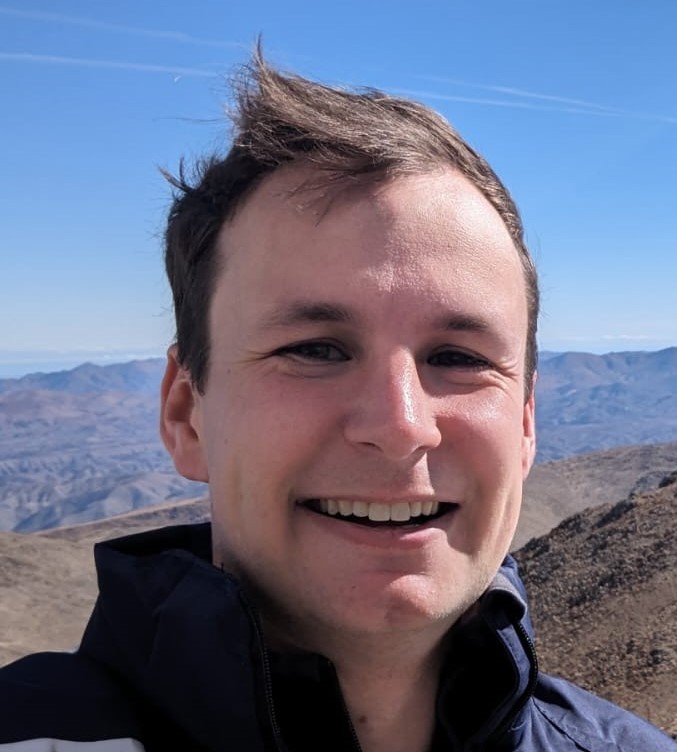
Dr David Sweeney
Dr David Sweeney is a postdoctoral fellow.
Prior to his current position, he was invited to the European Southern Observatory (ESO) as an Early Career Visiting Scientific Visitor to assist with using computational physics to uncover the mysteries of the universe. During his PhD, he was awarded a Fulbright Scholarship, which he took to the University of California, Irvine to collaborate with their Department of Software Engineering and Informatics.
David’s main research interest is “The population of compact remnants in our galaxy, microlensing, machine learning and gas sensing with photonics”. Read more about David Sweeney here.
Dr Kyriakos Tapinou
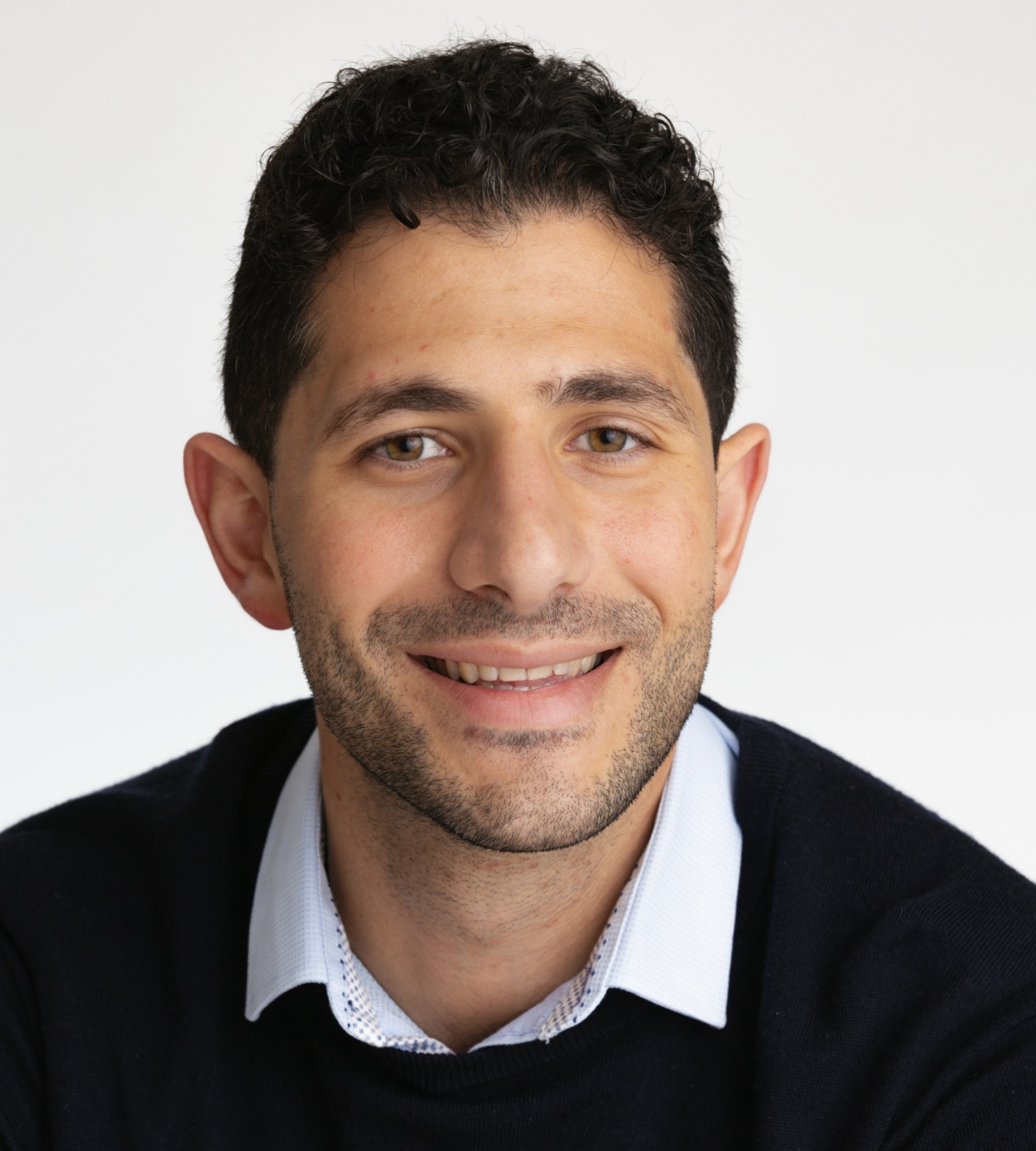
Dr Kyriakos Tapinou
Data-driven models of solar eruptions and aerospace propulsion. Magnetohydrodynamics, multifluid plasma, and Particle-in-Cell simulations.
I’m a plasma and solar physics researcher, specialising in numerical modelling of plasmas and fluids. My current research focus is on modelling solar eruptions with data-driven simulations. I am interested in many applications of plasma physics and offer graduate and undergraduate research projects in fusion energy, hypersonics, and plasma based propulsion for space exploration. Contact me if you would like to collaborate on a project.
Dr Thorsten Tepper García
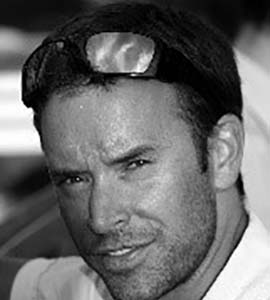
Dr Thorsten Tepper García
Galaxy formation and evolution: Constrained numerical simulations, analytic models
Quasar absorption lines: Cosmological simulations, spectroscopy
View Thorsten’s academic profile HERE
Angharad Weeks
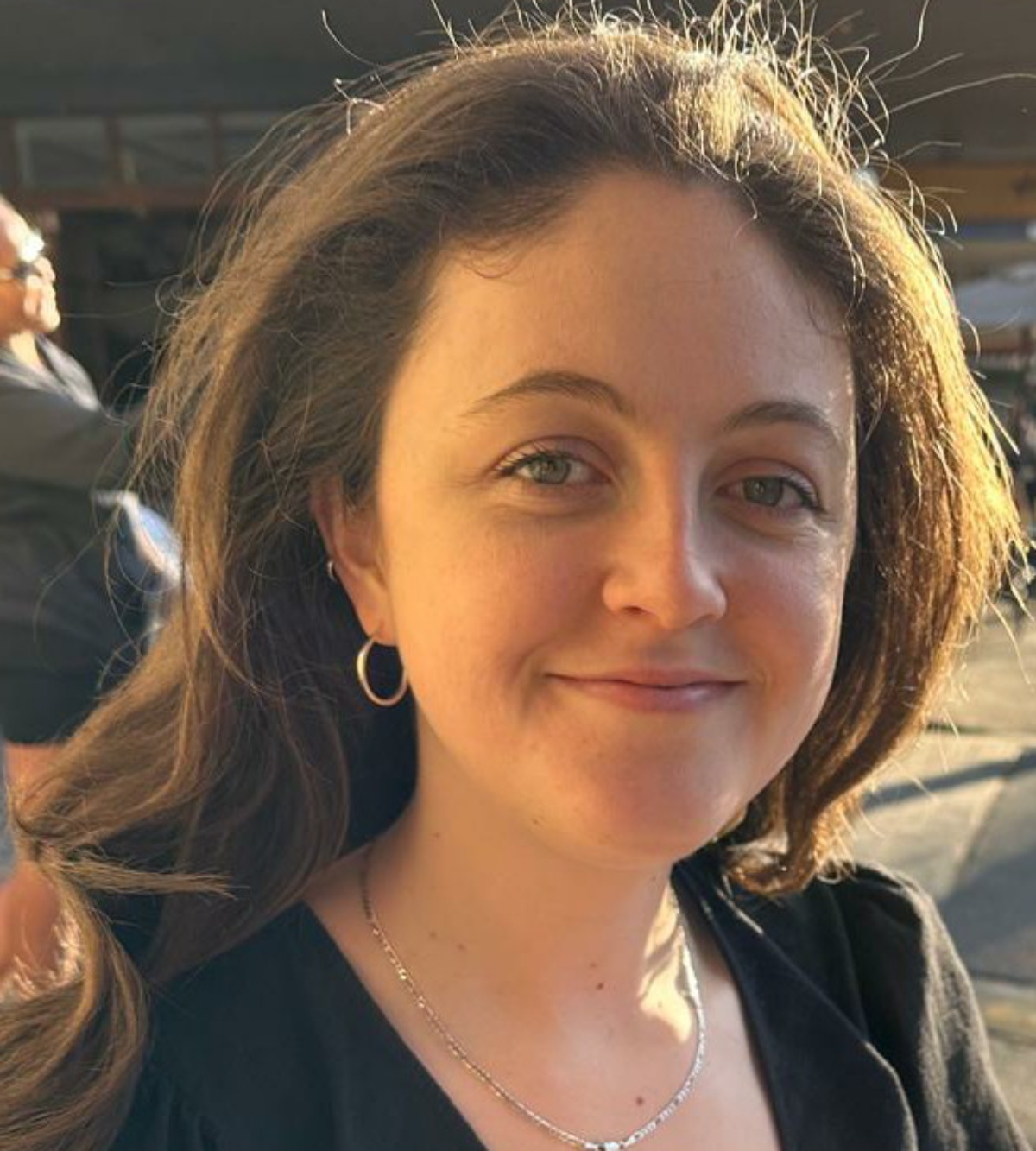
Angharad Weeks
Angharad is working at the intersection of Exoplanets, Stars and Galactic Archaeology. Using asteroseismology and spectroscopy, she investigates the influence of stellar hosts on their constituent planets, shedding light on their formation and evolution pathways. She aims to better understand the exoplanet population in its Galactic context.
Dr Yong Yang
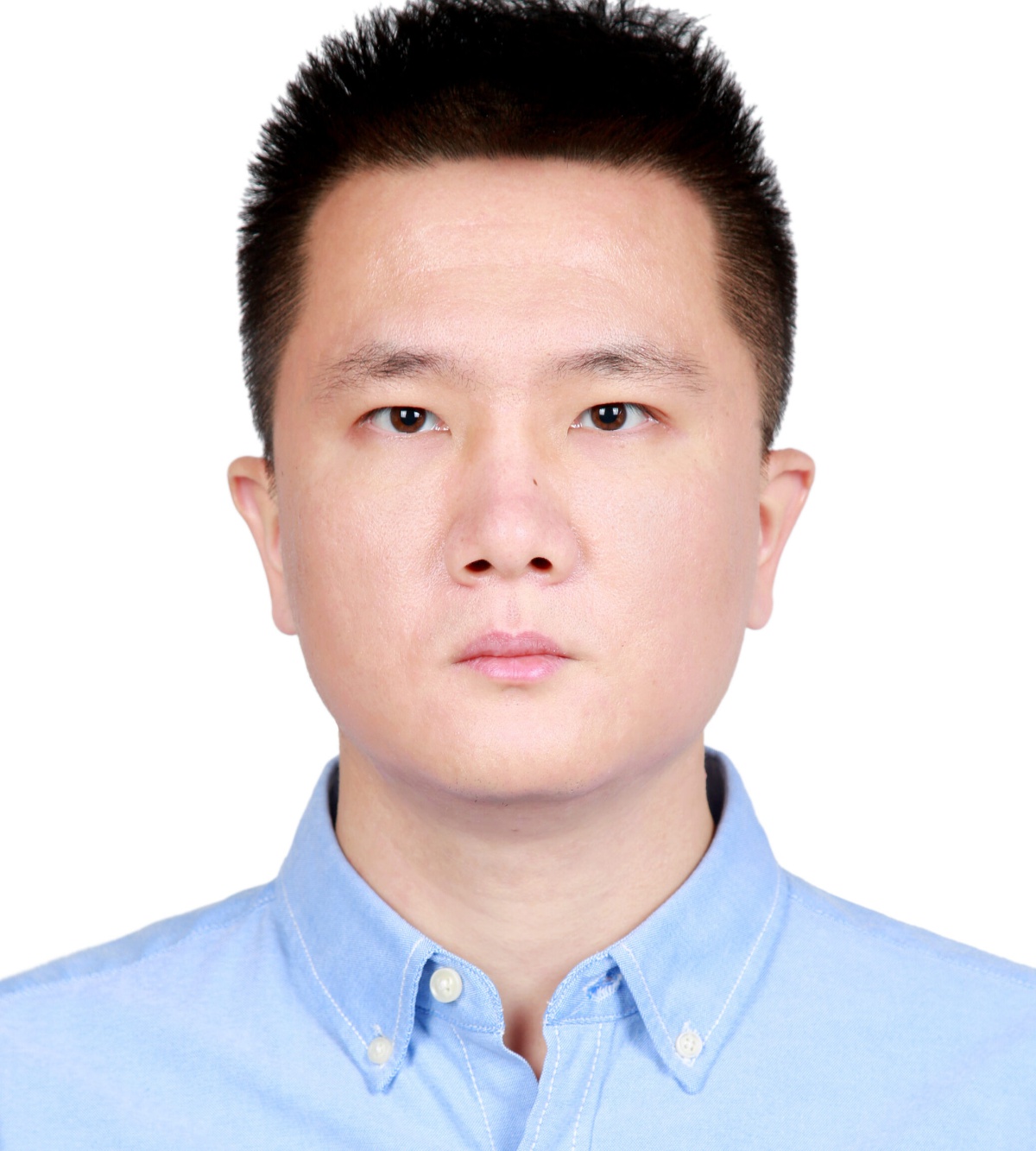
Dr Yong Yang
Galactic Archaeology of the Milky Way.
My research interests are the formation and evolution of substructures: moving groups in the Galactic disk, globular clusters and stellar streams in the Galactic halo.
I also work with data from Gaia, LAMOST, SEGUE, APOGEE, GALAH and other surveys.
Dr Samir Nepal

Dr Samir Nepal
Samir Nepal studies the formation and evolution of the Milky Way by analyzing individual stars. He specializes in constructing detailed maps—integrating ages, chemistry, and kinematics—to characterise Galactic components like the disc, bulge, and bar and reconstruct their assembly history. To achieve this, he develops machine-learning frameworks for large-scale surveys such as Gaia, APOGEE, and the upcoming 4MOST
Dr Daniel Dahl
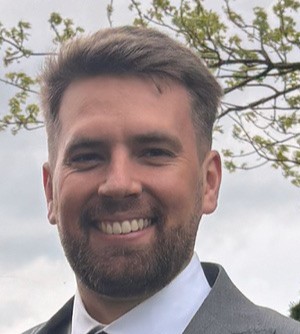
Dr Daniel Dahl
Daniel’s research interests include spatial mode manipulation, multi-plane light conversion, automation and control of experimental systems, and the optimisation of computational simulations. He has conducted research at UQ and Nokia Bell Labs (Murray Hill, USA), and now applies his expertise to expand the capabilities of next-generation astronomical instrumentation.
At Astralis- USyd he is developing advanced instruments for astronomical imaging. His current projects include the Photonic Wavefront Imager (PWI) and the Seidr instrument, part of the Asgard suite of interferometric instruments that will perform kernel nulling on the Very Large Telescope Interferometer (VLTI) in Chile.
Astralis and Engineering Staff
Nathan Long
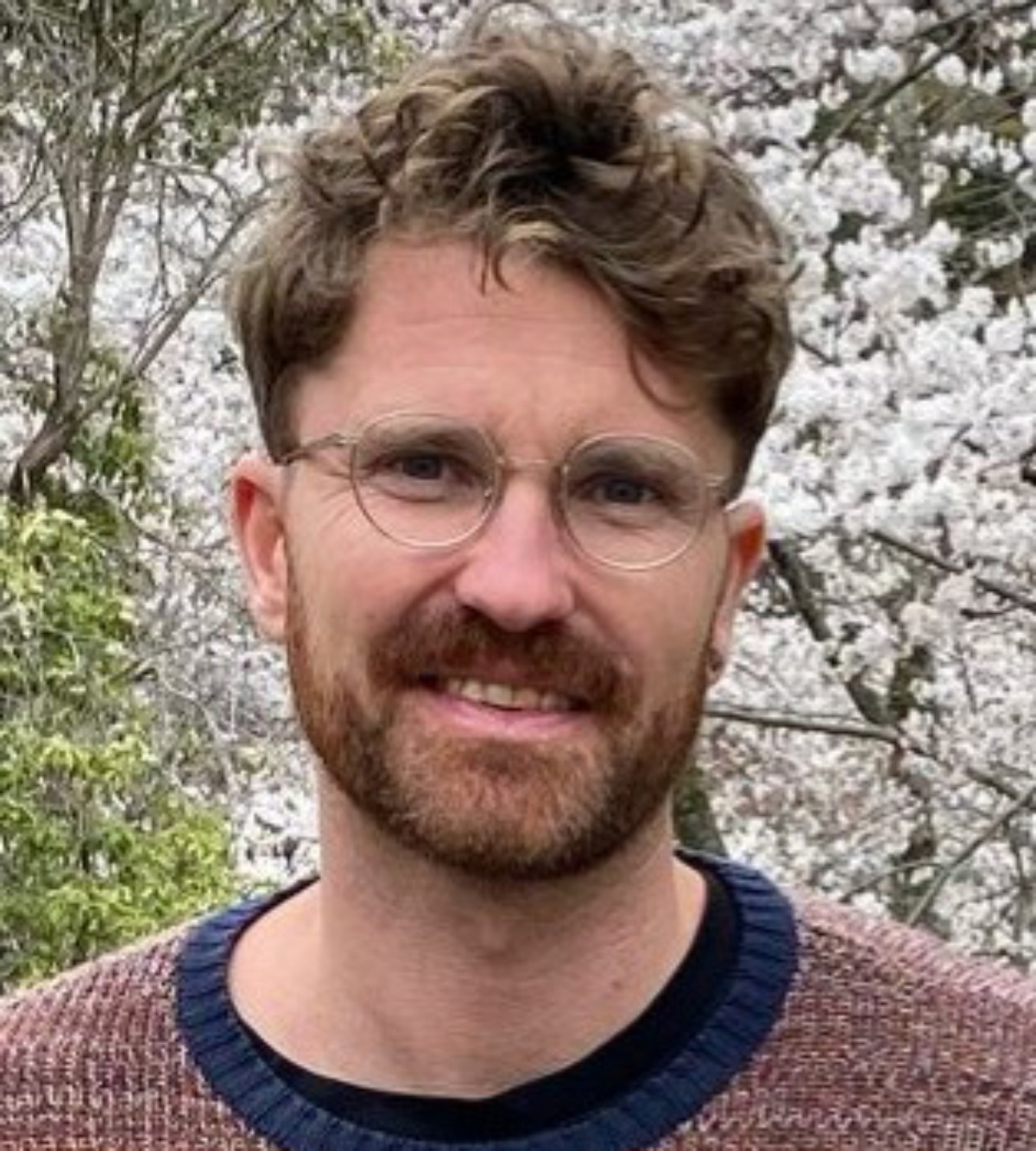
Nathan Long
Astrophotonics and astronomical instrumentation researcher, leveraging artificial intelligence to augment astronomical observation, optical instrumentation, quantum optics applications, and satellite communication, with a specific focus on phase correction for interferometry and coherent detection using machine learning. Currently co-leading the design and development of Seidr as a part of the Asgard Suite on the Very Large Telescope Interferometer, and contributing to the Photonic Wavefront Imager for the Giant Magellan Telescope.
Zinat Sathi
Optomechanical Engineer
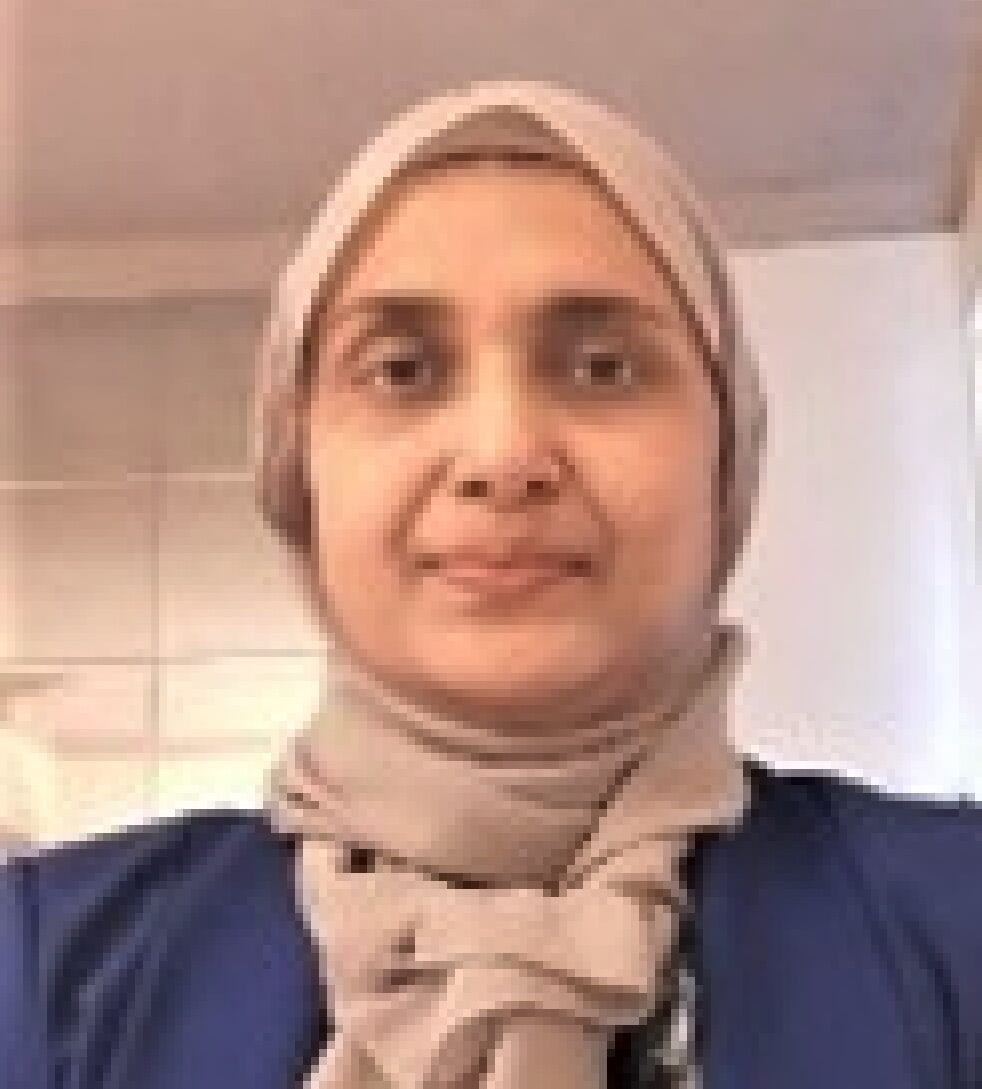
Zinat Sathi
Optomechanical Engineer
Astrophotonics and astronomical instrumentation researcher, leveraging artificial intelligence to augment astronomical observation, optical instrumentation, quantum optics applications, and satellite communication, with a specific focus on phase correction for interferometry and coherent detection using machine learning. Currently co-leading the design and development of Seidr as a part of the Asgard Suite on the Very Large Telescope Interferometer, and contributing to the Photonic Wavefront Imager for the Giant Magellan Telescope.
Timothy Ng

Timothy Ng
Tim finished his Bachelor of Engineering Honours (Mechanical) in 2025 at The University of Sydney. Currently, he is working in research and development projects for WST instrumentation.
Akira Rodziewicz-Ryan

Akira Rodziewicz-Ryan
Zinat was awarded her Ph.D. from the Phonics and Optical Communications Group at UNSW where she was an Australian Leadership Awardee (2011-2015). Her research interests are special silica optical fibres and devices (rare-earthed doped optical fibres, fibre lasers and fibre amplifiers), spectral characterisation, photonic experiment design and implementation.
PhD and Masters Students
Tim Adams
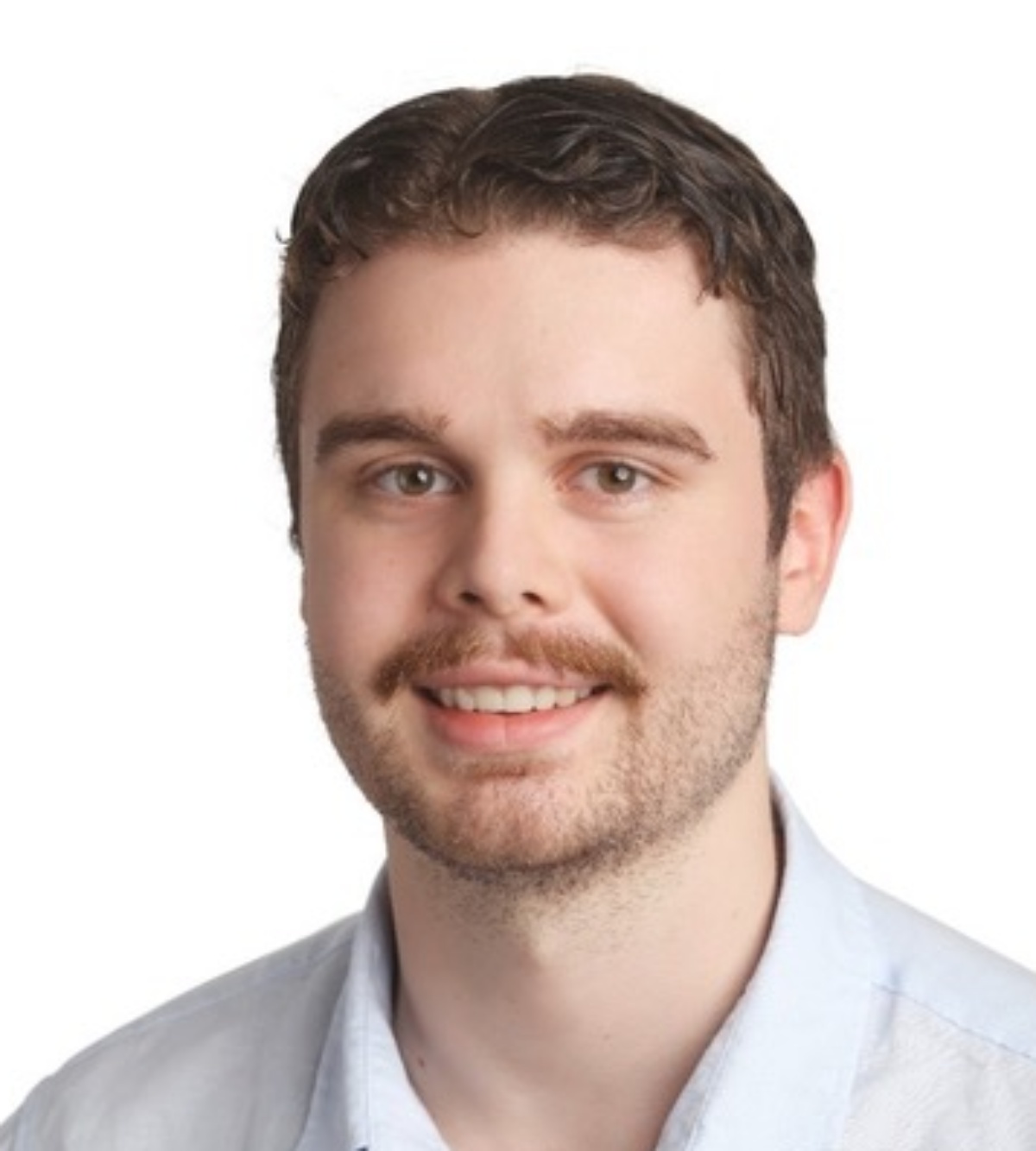
Tim Adams
Title: Kinematic analysis of the Milky Way stellar streams
Supervisors: Geraint Lewis, Jonathan Bland-Hawthorn
Redyan Ahmed
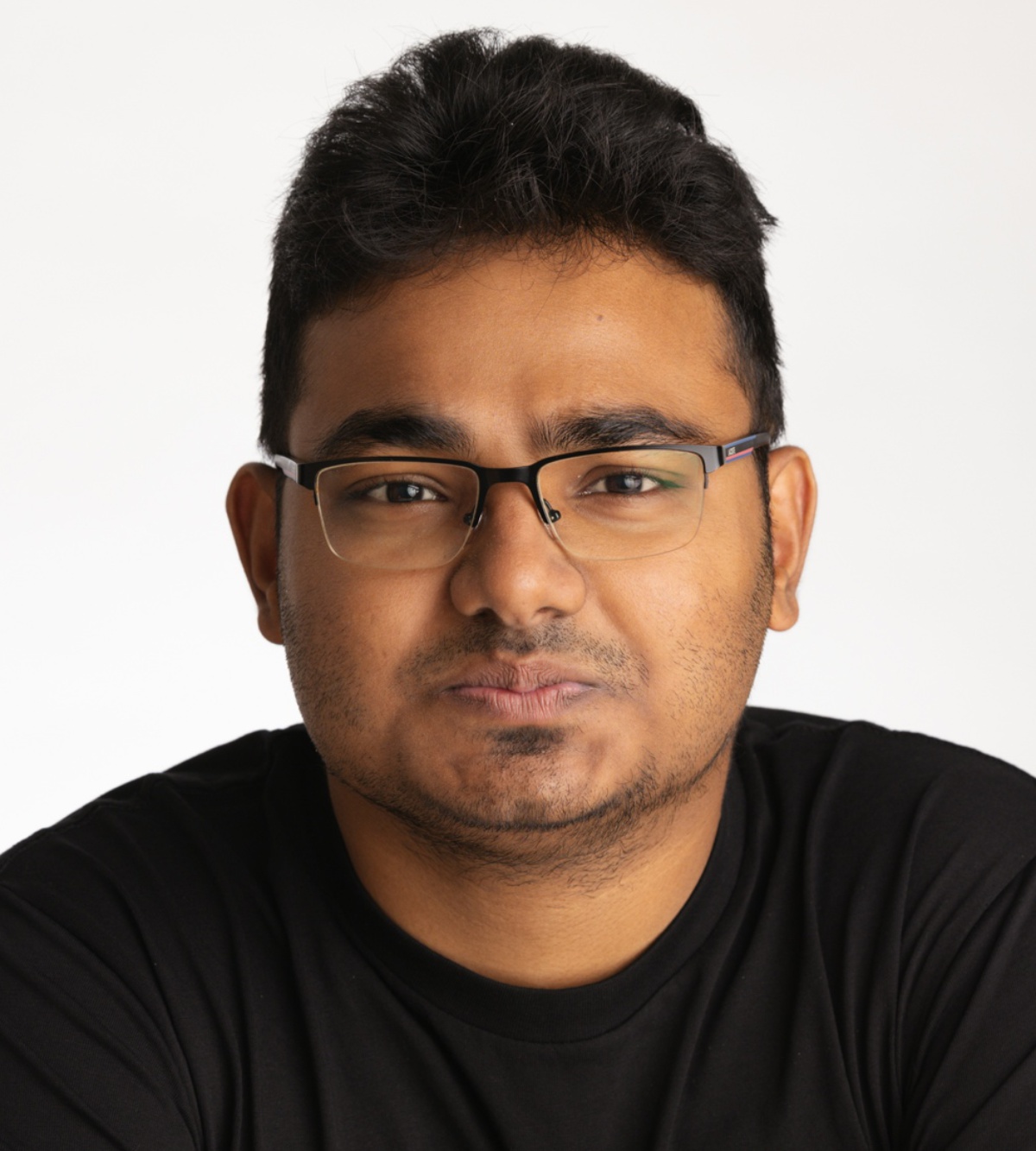
Redyan Ahmed
Thesis Title: Exoplanet detection via TOLIMAN mission
Supervisors: Prof. Peter Tuthill, Dr. Christopher Betters
Smrithi Gireesh Babu
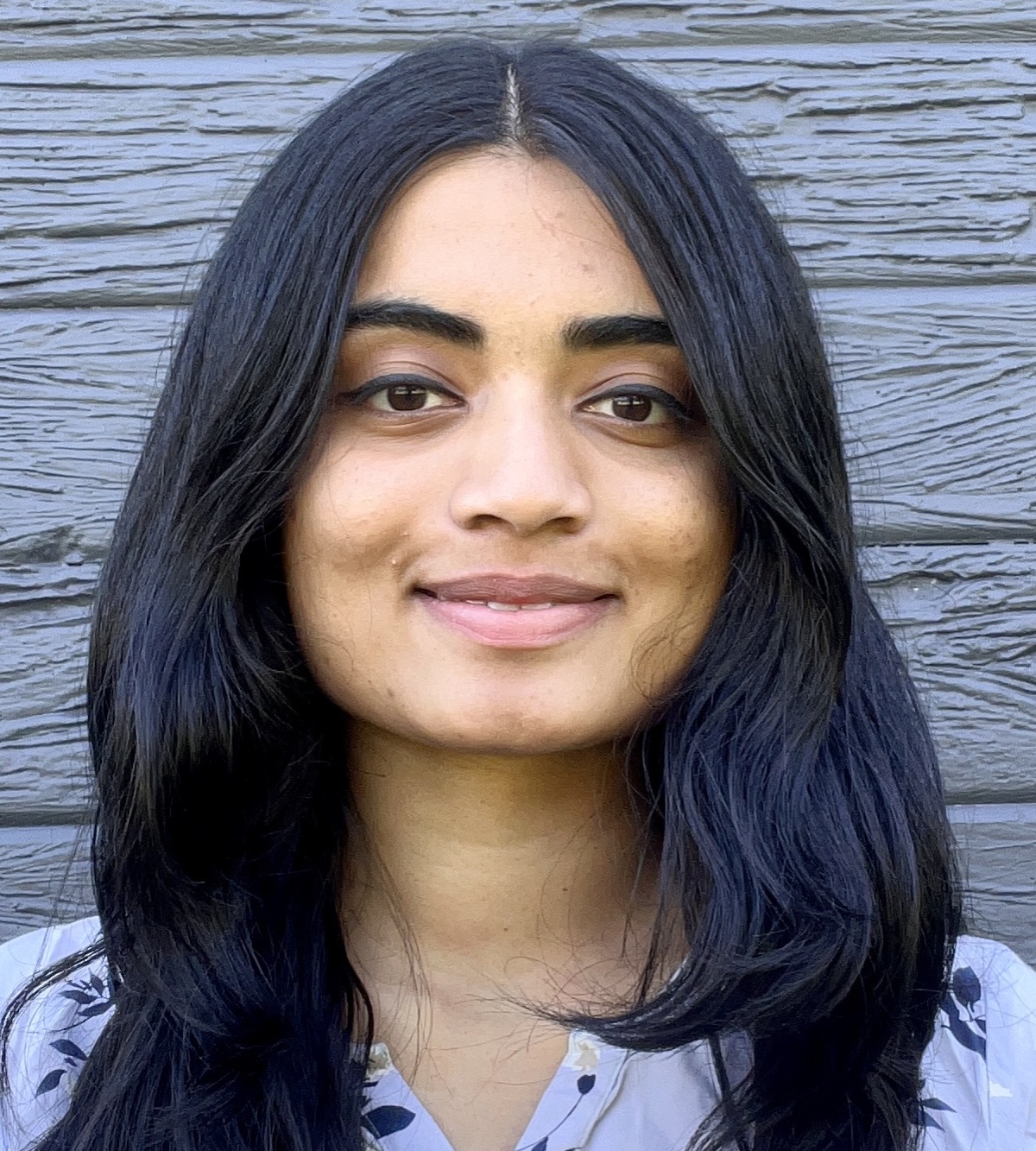
Smrithi Gireesh Babu
Thesis title: Shedding Light on Dark Matter with Stellar Shells.
Gurashish Bhatia
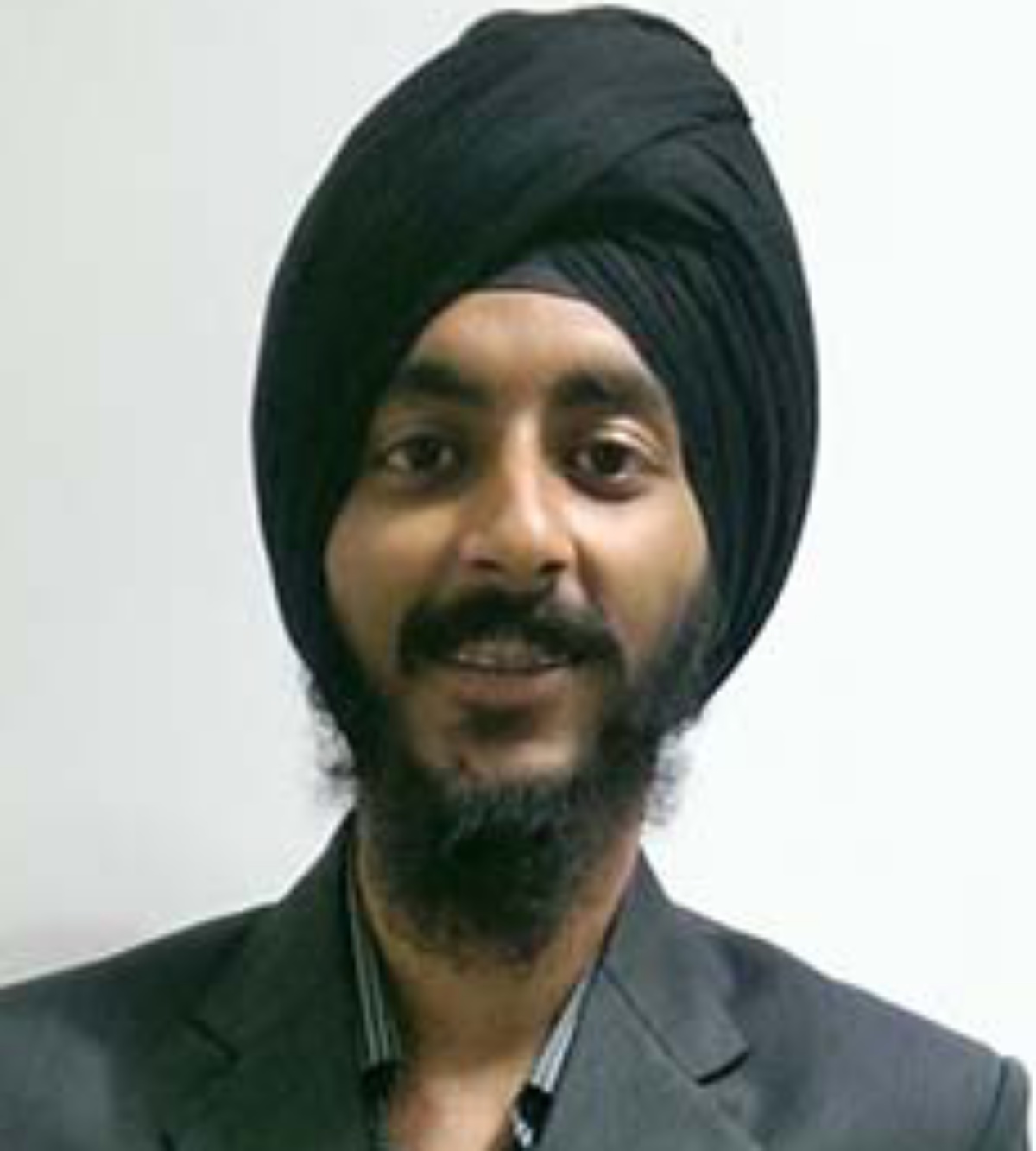
Gurashish Bhatia
Current area of study/thesis title: “Innovative Instrumentation for Astronomical Spectroscopy”
For more information about this project, please contact this students supervisor JULIA BRYANT
Surabhi Chandra
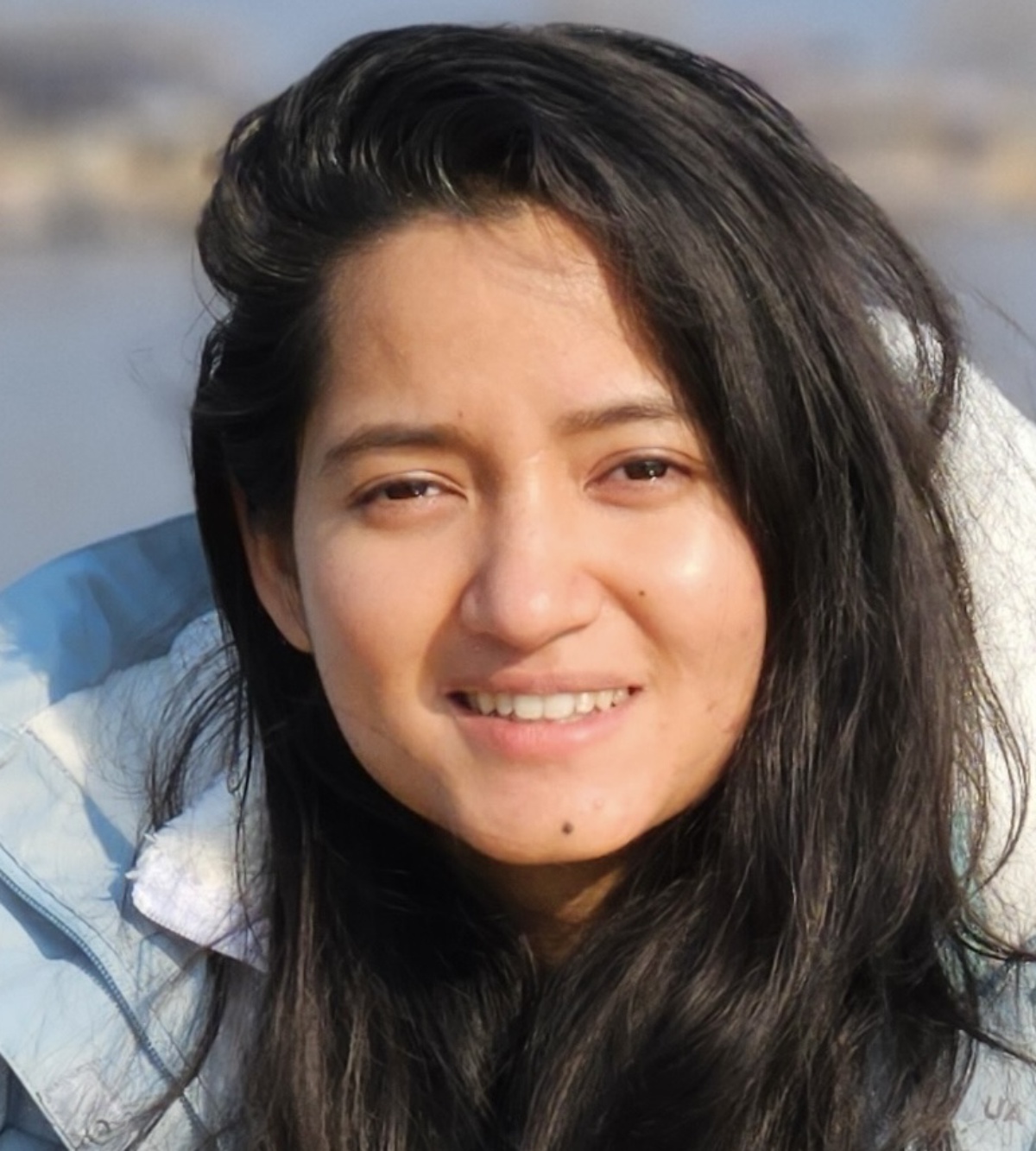
Surabhi Chandra
Thesis title: ‘Searching for GRB Orphan Afterglows with ASKAP’
Supervisors: Dougal Dobie, Tara Murphy
Max Charles
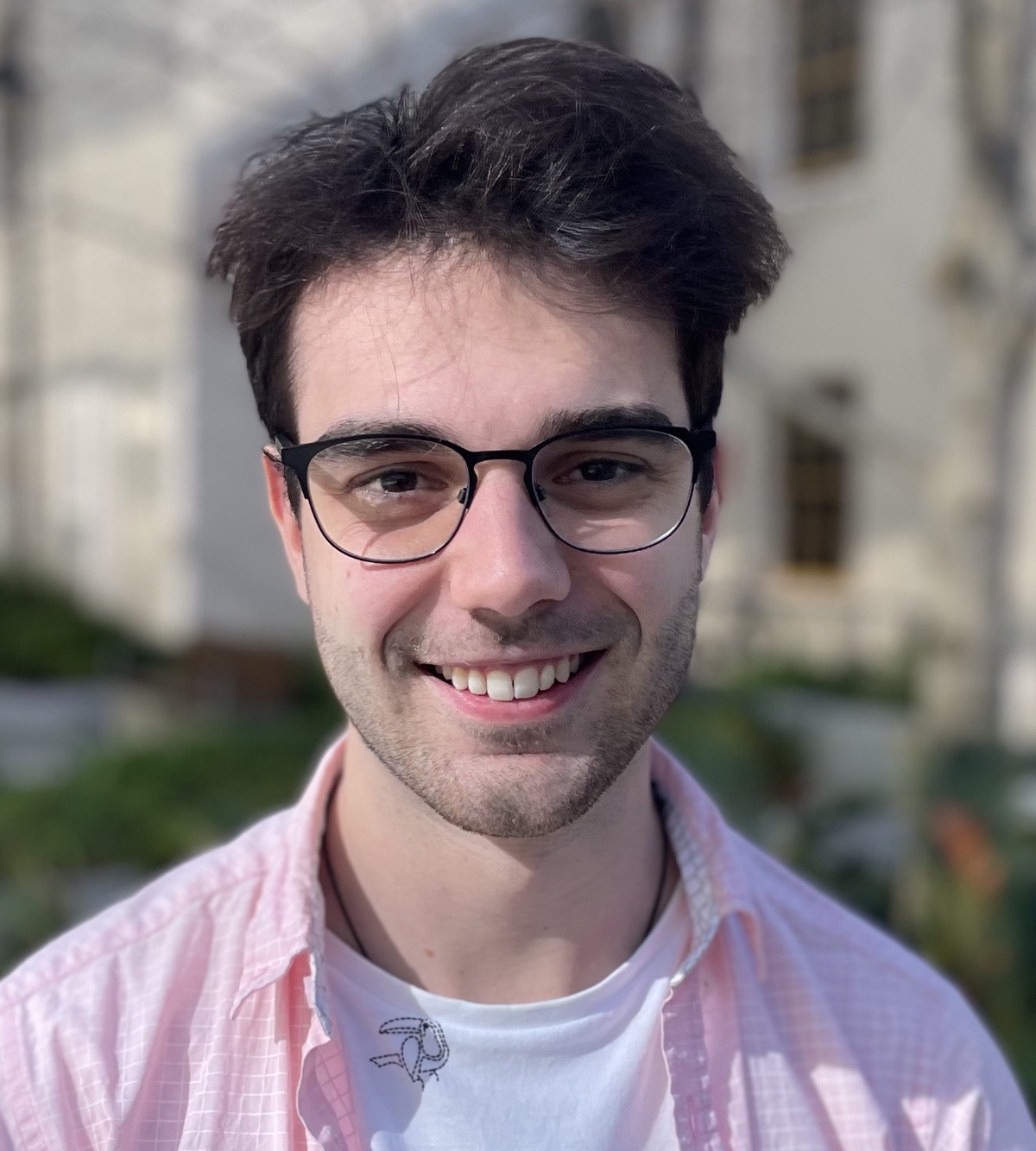
Max Charles
Filip Chatys
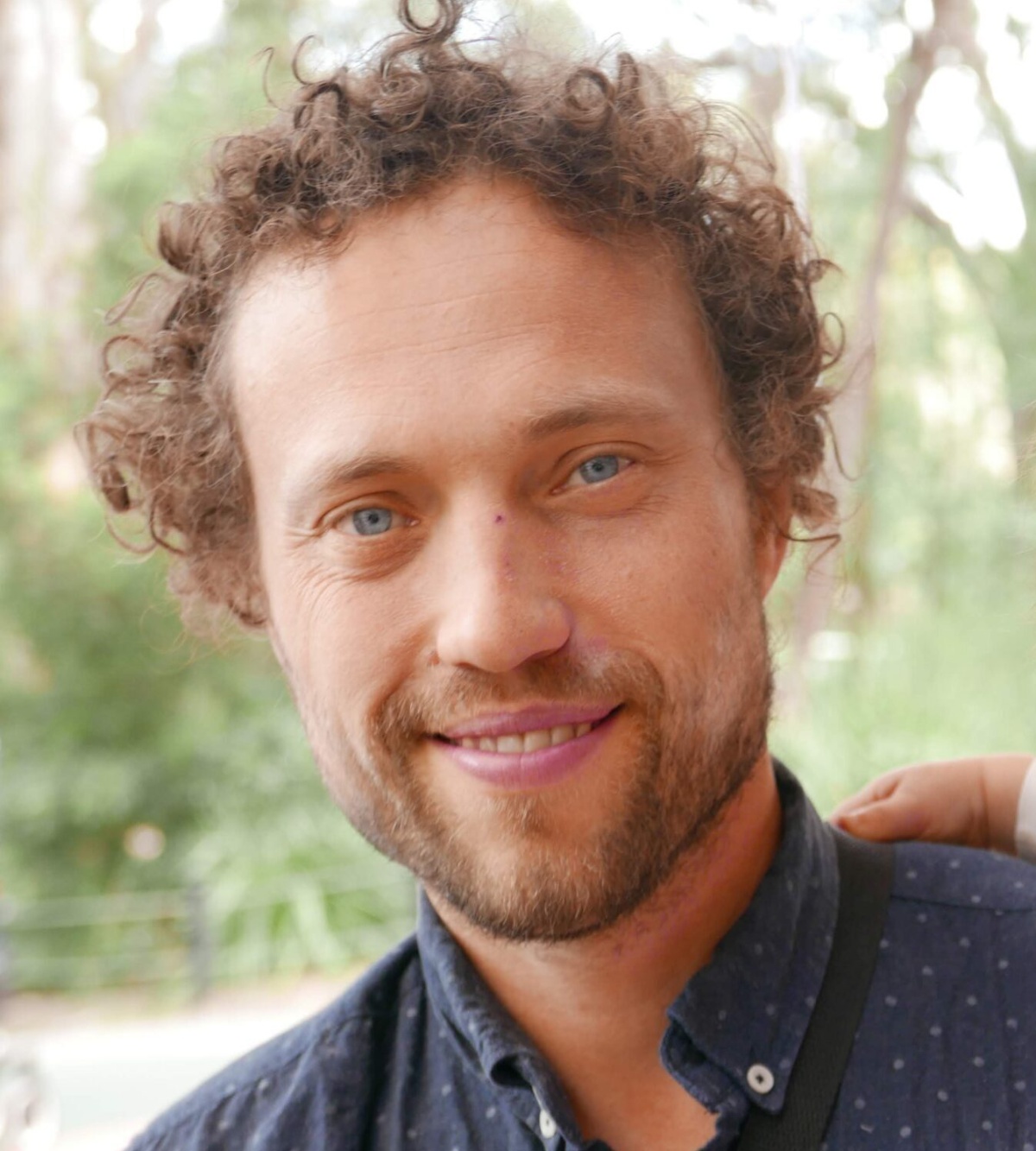
Filip Chatys
Current area of study/thesis title: “Asteroseismology”
For more information about this project, please contact this students supervisor TIMOTHY BEDDING
Arnab Chowhan
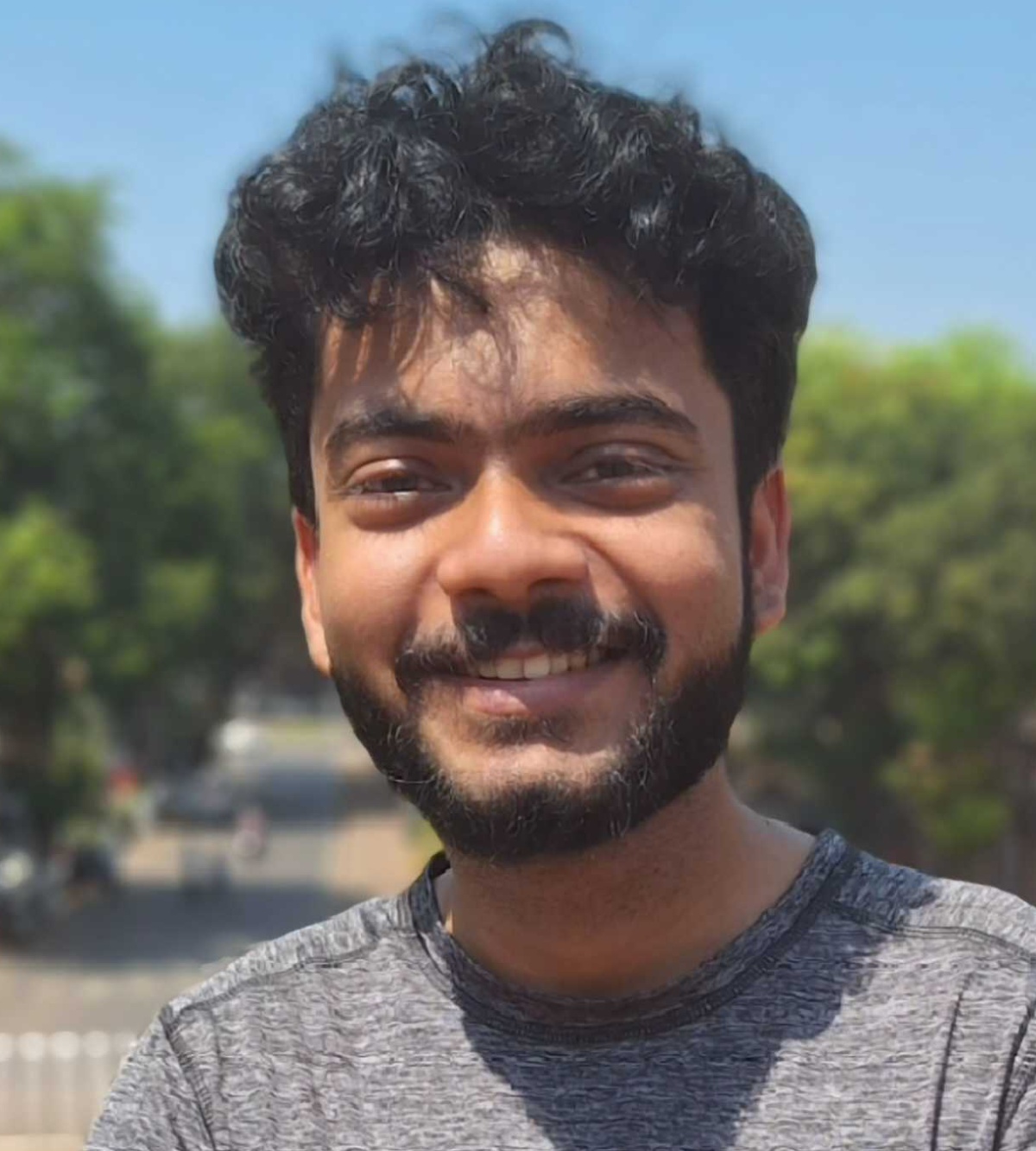
Arnab Chowhan
Thesis Title: Combining interferometry and asteroseismology for precise stellar parameter determination.
Supervisors: Prof. Timothy Bedding, Daniel Huber
Samuel Colliver
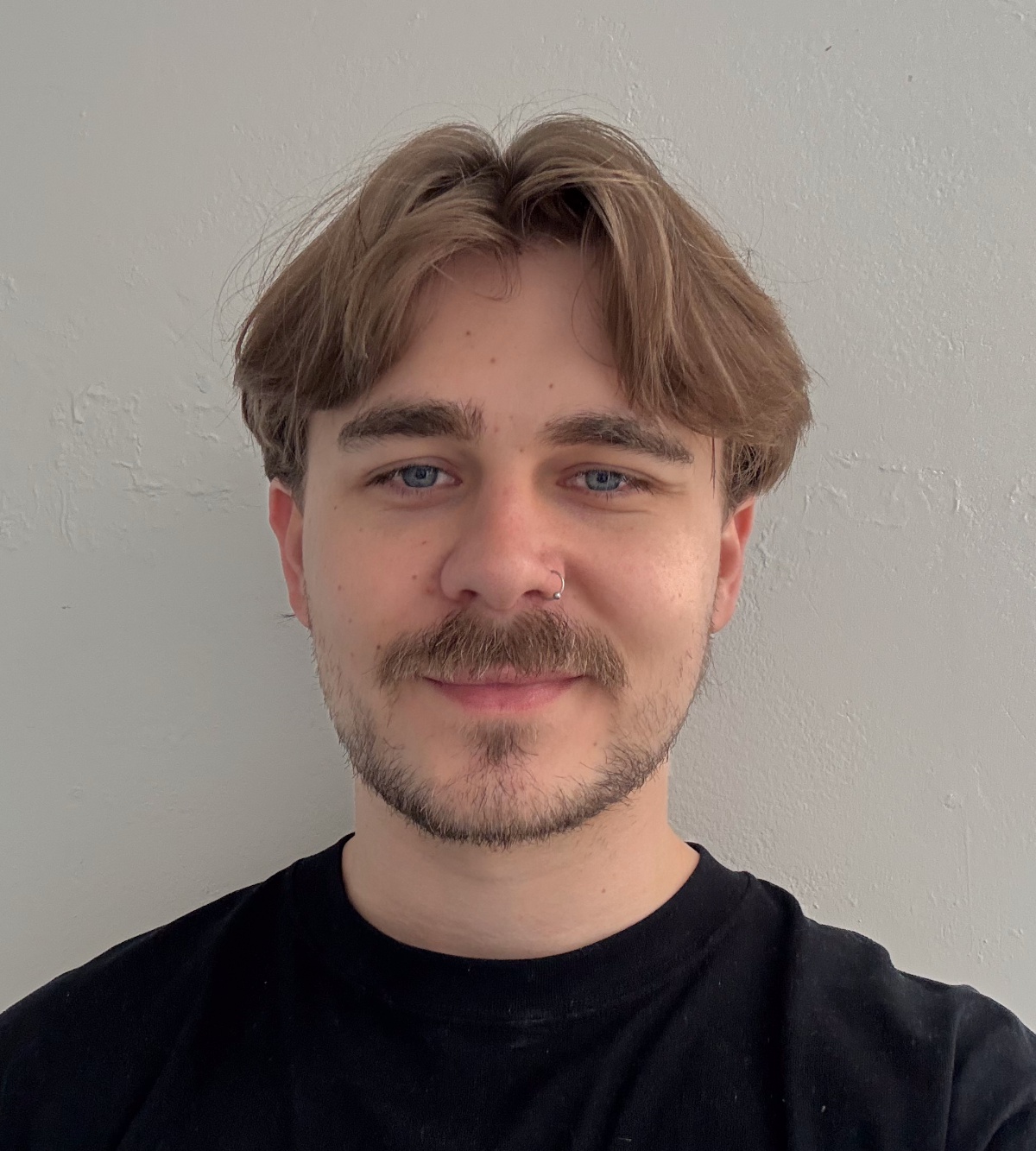
Samuel Colliver
Thesis Title: GPU-Accelerated Bayesian Inference for Gas Disc Kinematics: Adapting Hierarchical Gaussian Mixture Models for New Galaxy Surveys and Complex Dynamics
Supervisor: Professor Scott Croom
Matteo Colombo
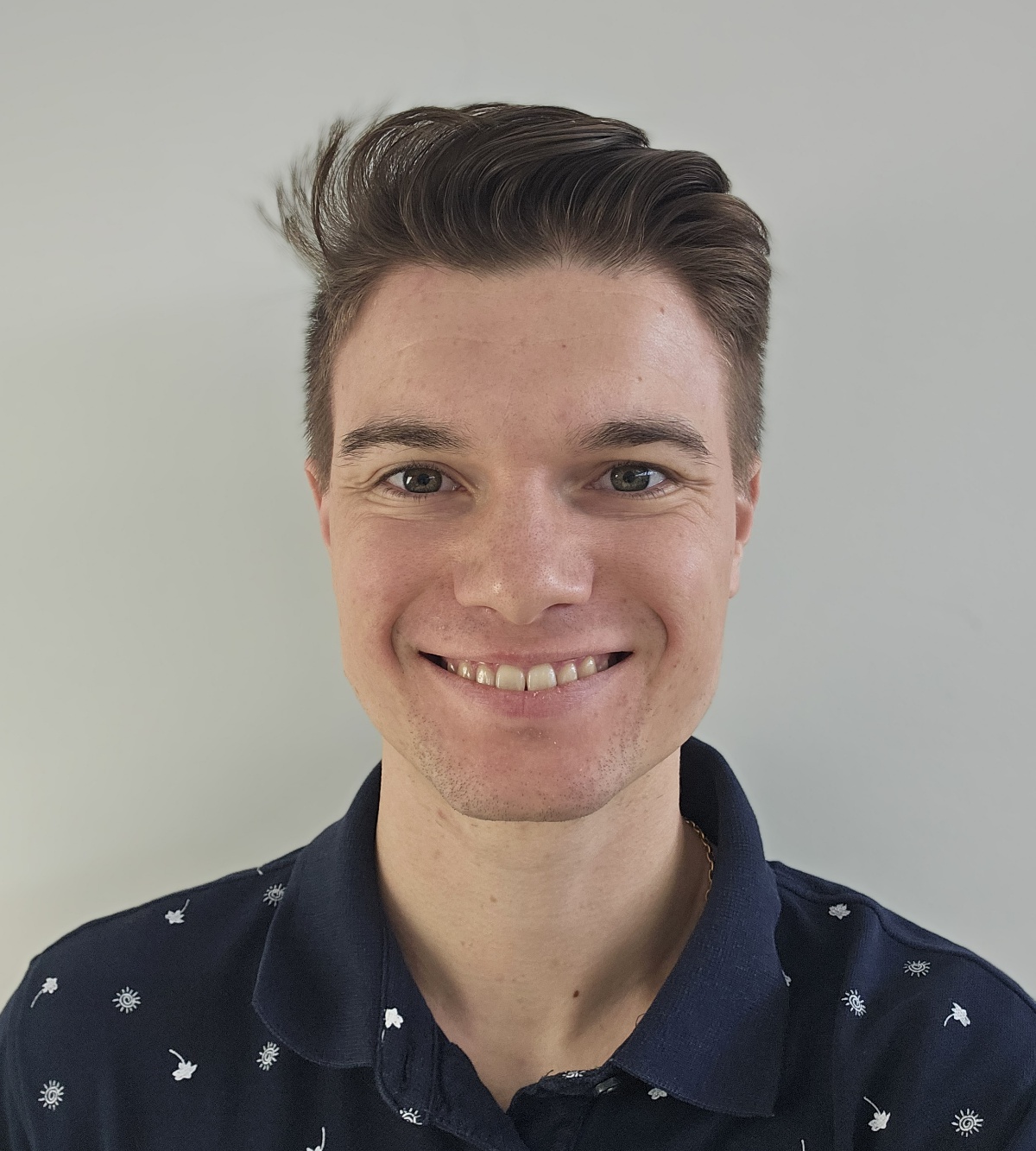
Matteo Colombo
Research area: Astronomical and space science, Astrophotonics
Supervisors: Peter Tuthill, Chris Betters
Abhinav Iyer
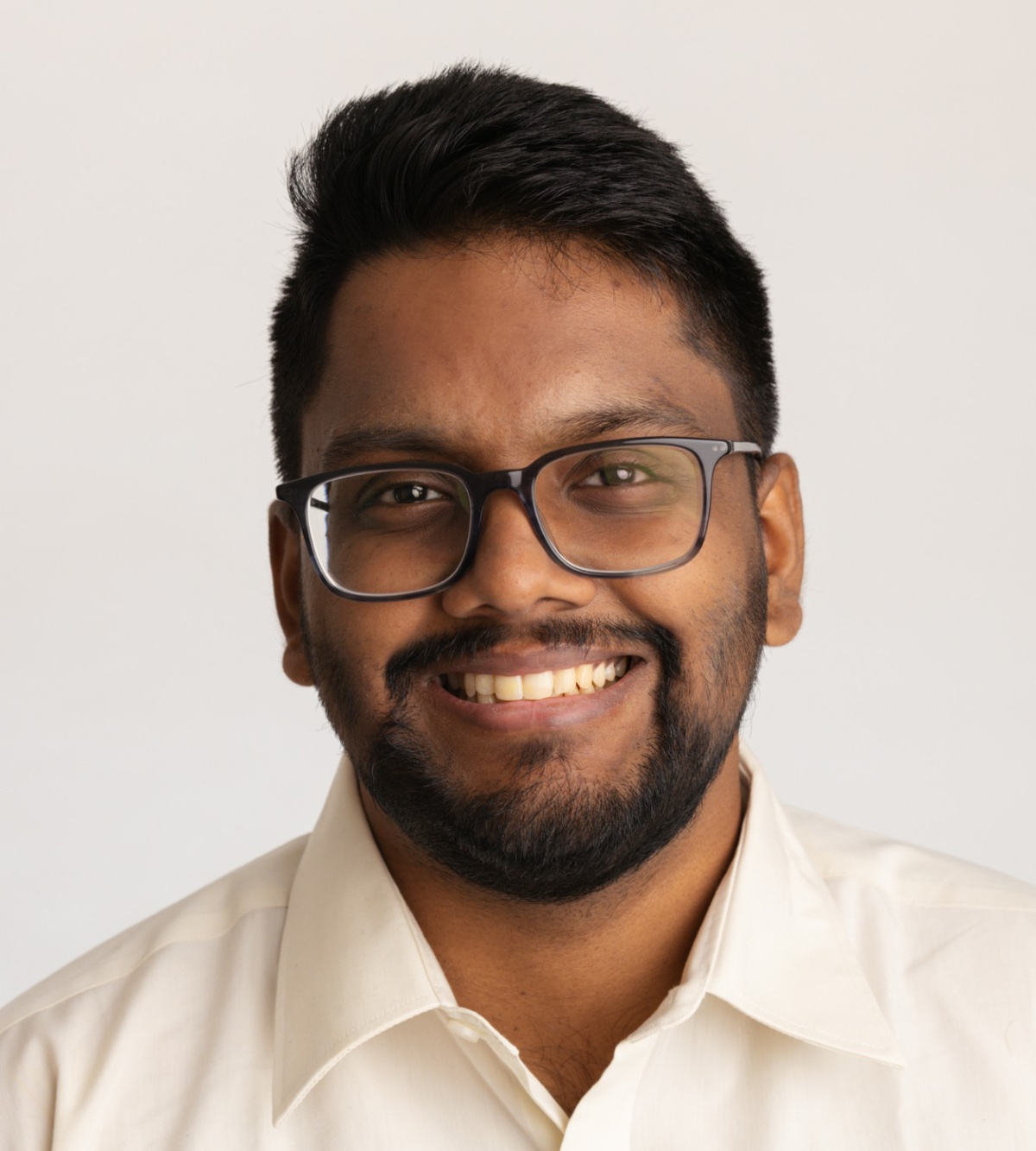
Abhinav Iyer
Thesis Title: Validating models of the solar corona
Supervisor: Michael Wheatland
Robin Joshi
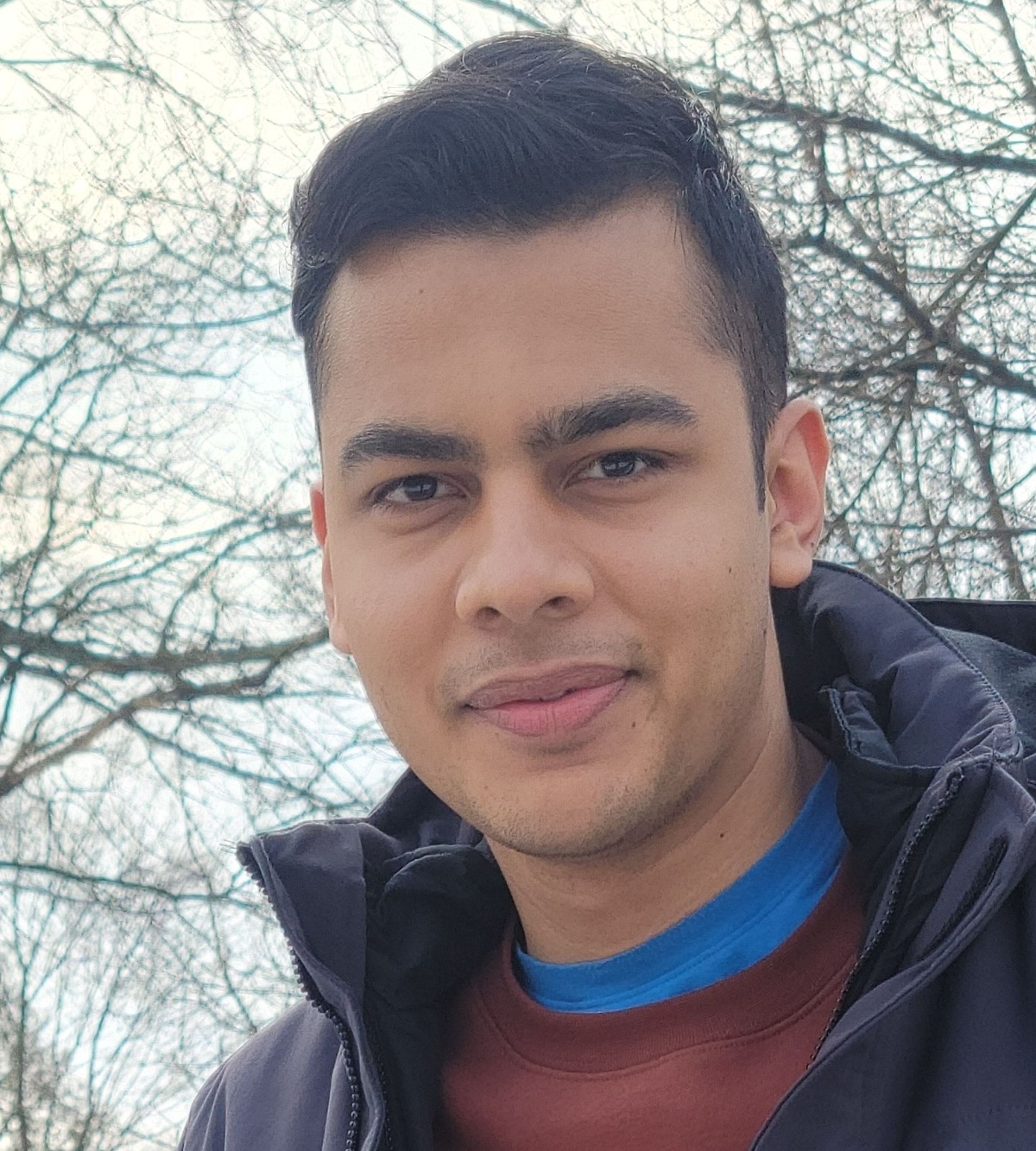
Robin Joshi
Thesis Title: Galaxy evolution through the lens of stellar kinematics
Supervisors: Scott Croom, Stefania Barsanti, Joss Bland-Hawthorn
Emily Kerrison
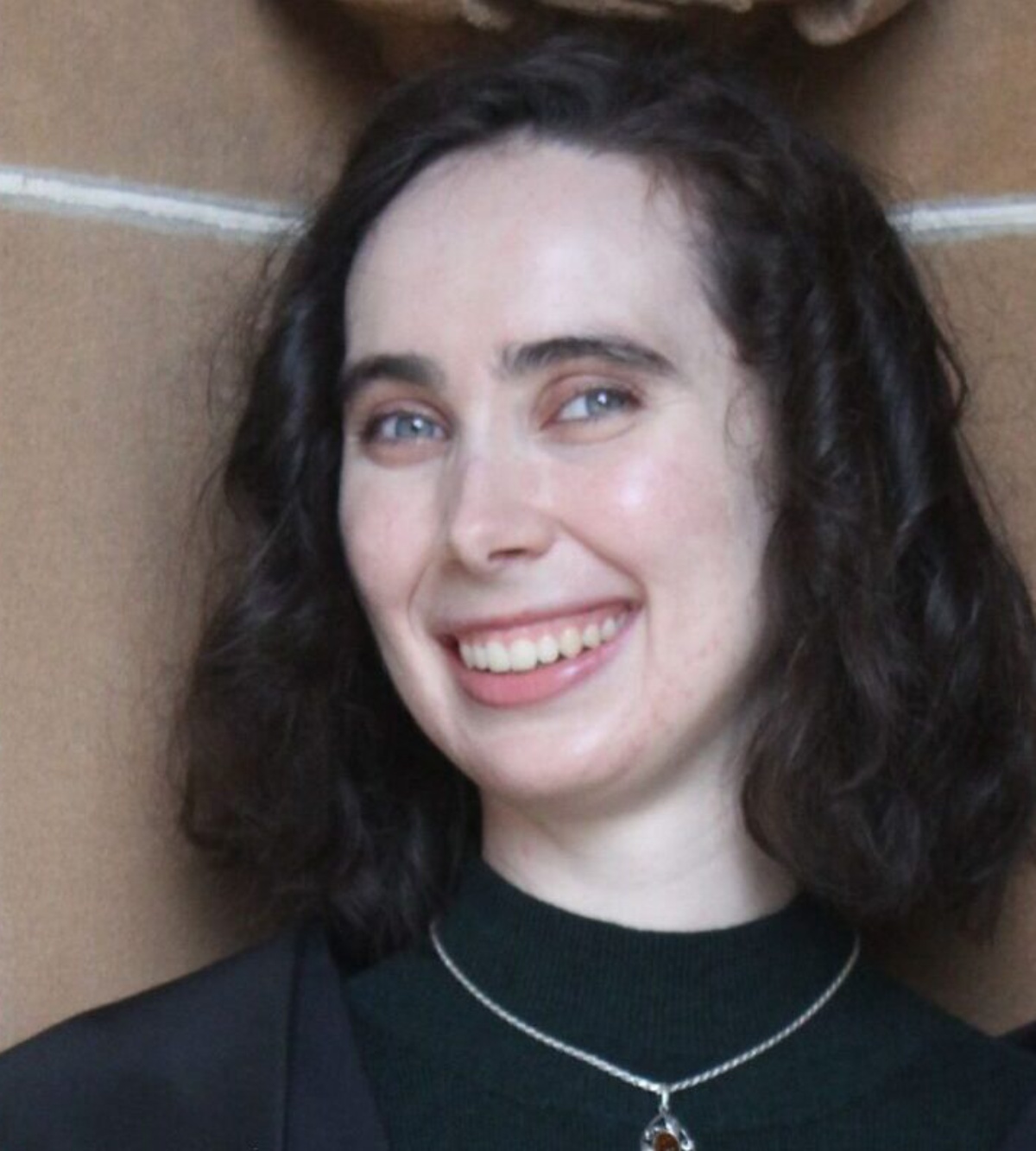
Emily Kerrison
Current area of study/thesis title: “Probing young active galaxies at intermediate redshift”
For more information about this project, please contact this student’s supervisor Elaine Sadler and Tara Murphy.
Qichen Huang
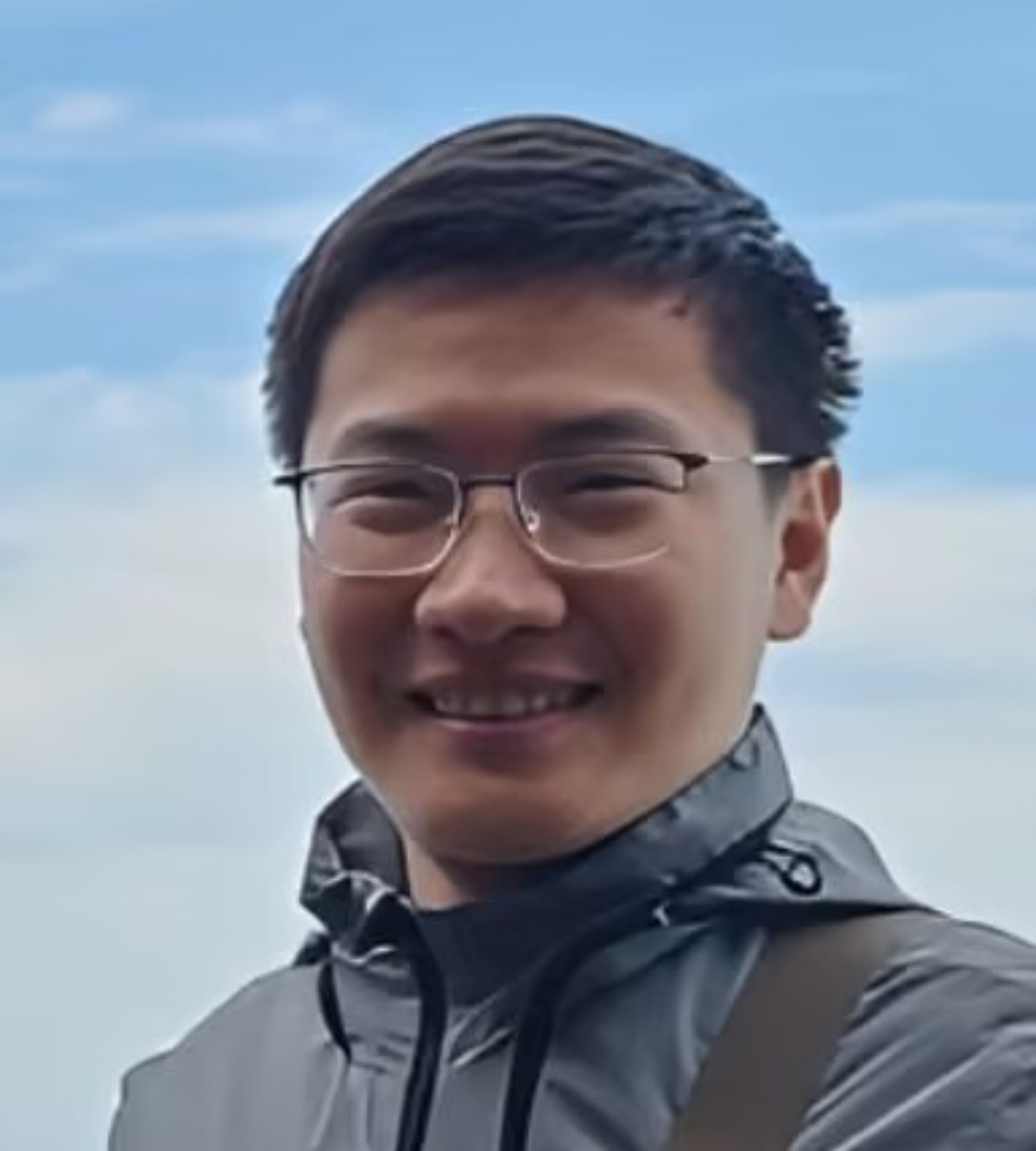
Qichen Huang
Thesis title: Searching for radio stars and the relation of radio emission with stellar parameters
Supervisor: Prof. Tara Murphy
Mali Land-Strykowski
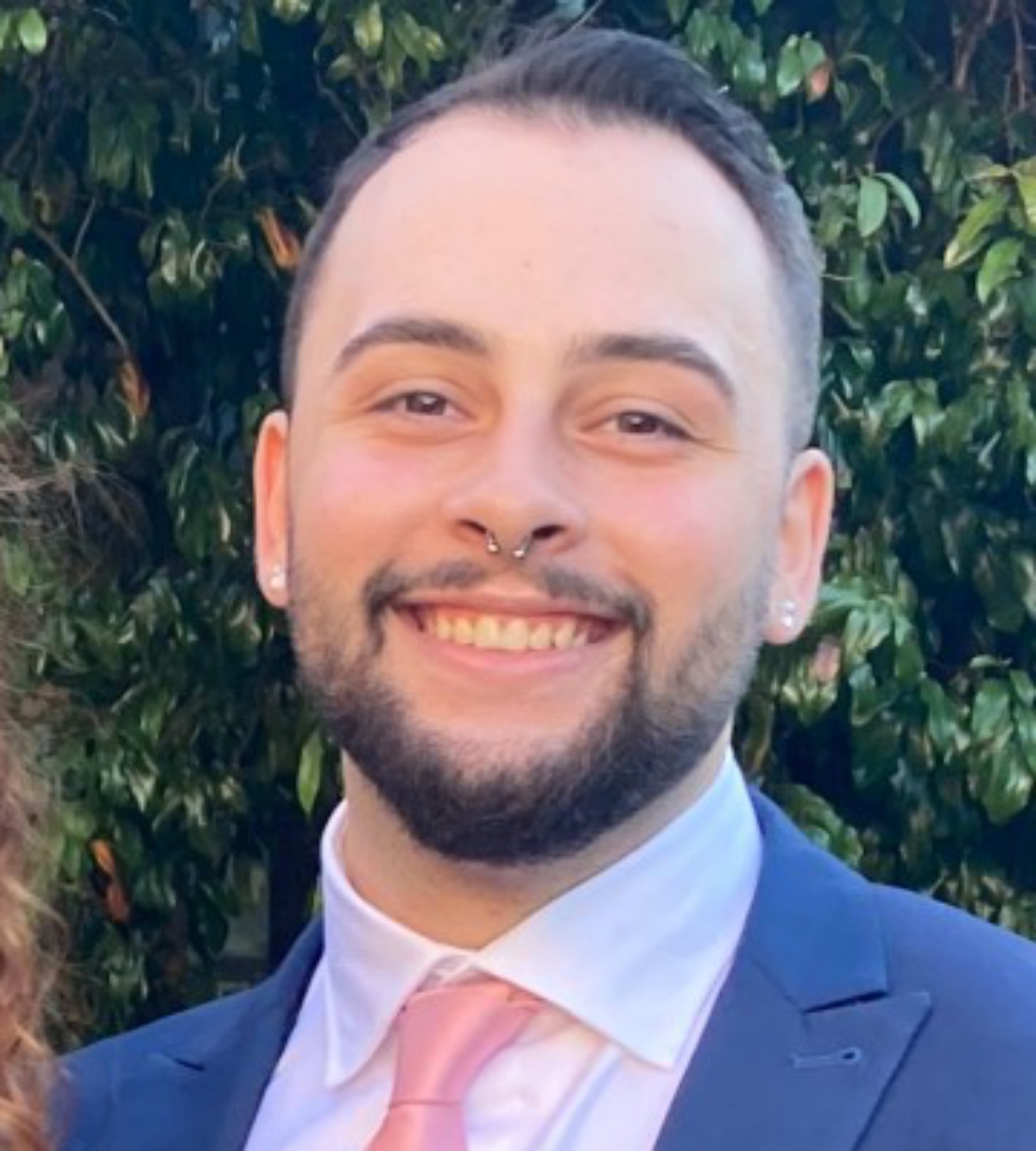
Mali Land-Strykowski
Testing the cosmological principle with synthetic galaxy and supernova catalogues. On the effect of cosmic structure on dipole measurements.
Supervisors: Geraint Lewis and Tara Murphy
Alexia Landry
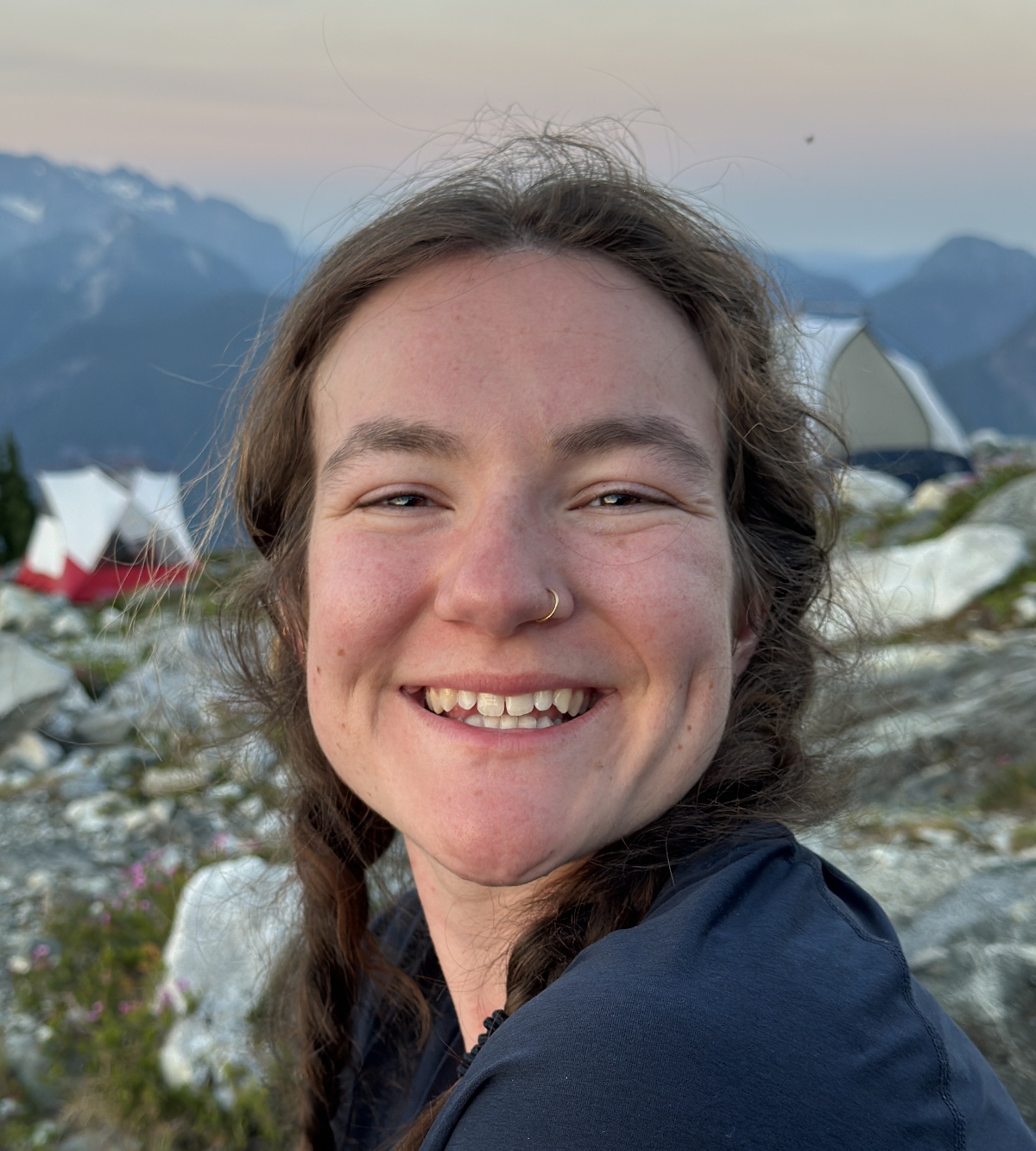
Alexia Landry
Thesis title: Innovative applications of fibre technologies for astronomical instrumentation
Supervisor: Julia Bryant and Chris Betters
Teodor Malendevych
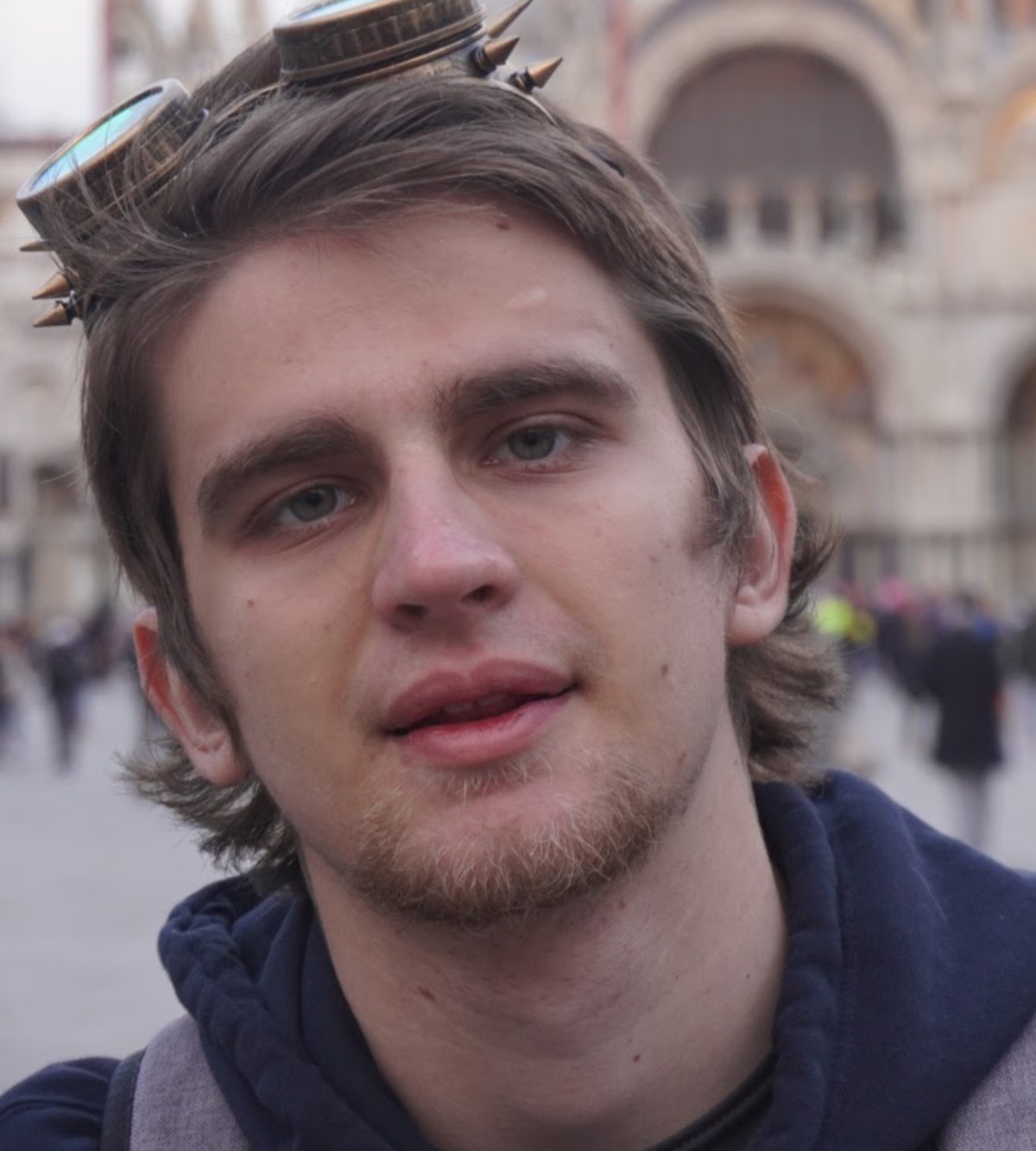
Teodor Malendevych
Ph.D. title: Wavefront Sensing with Photonic Lanterns
Supervisor: Dr. Sergio Leon-Saval
Saad Mehmood
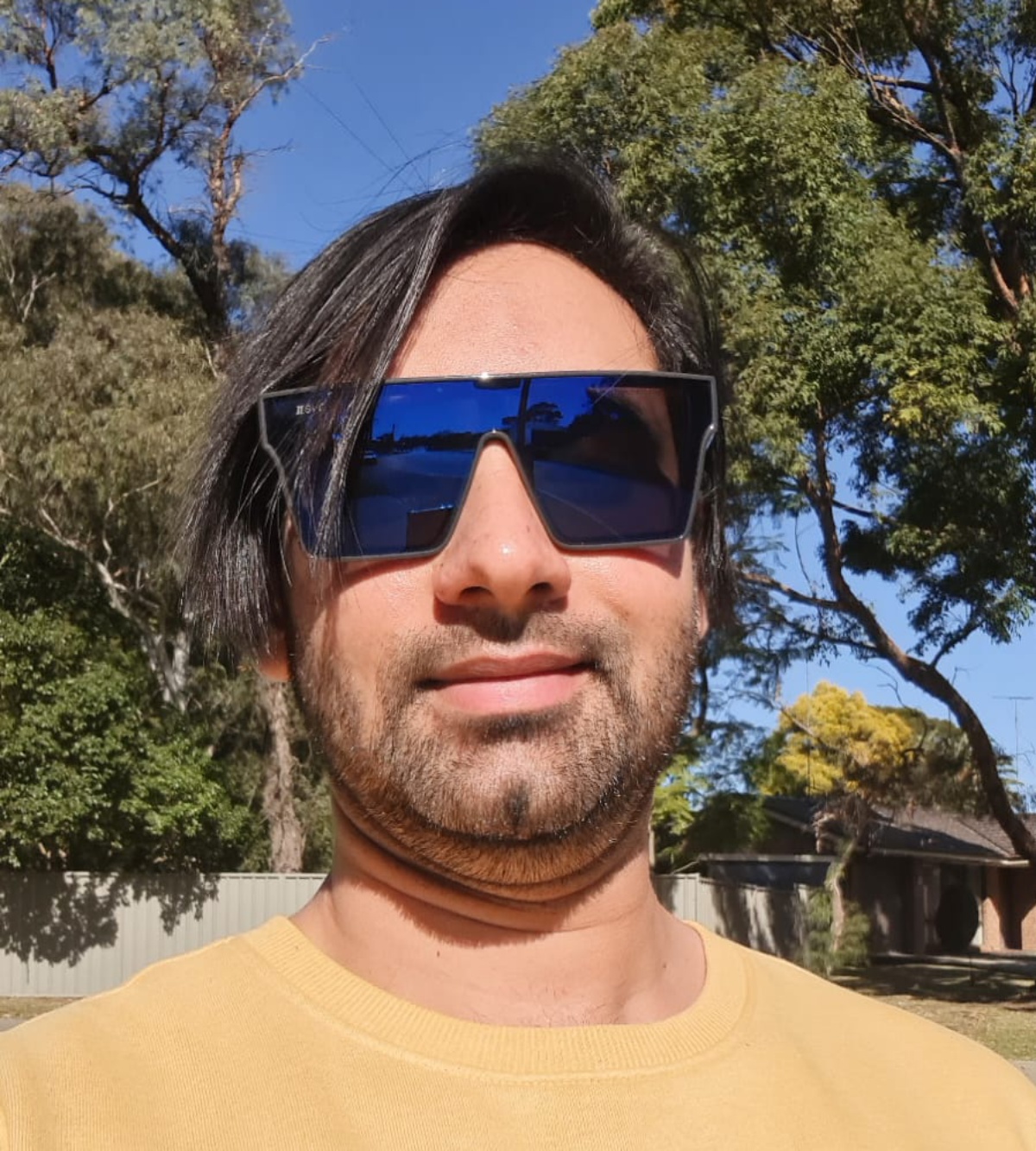
Saad Mehmood
Thesis title: Testing Multiverse Models with Galaxy Formation Simulations.
Supervisor: Geraint Lewis
Vasudev Mittal
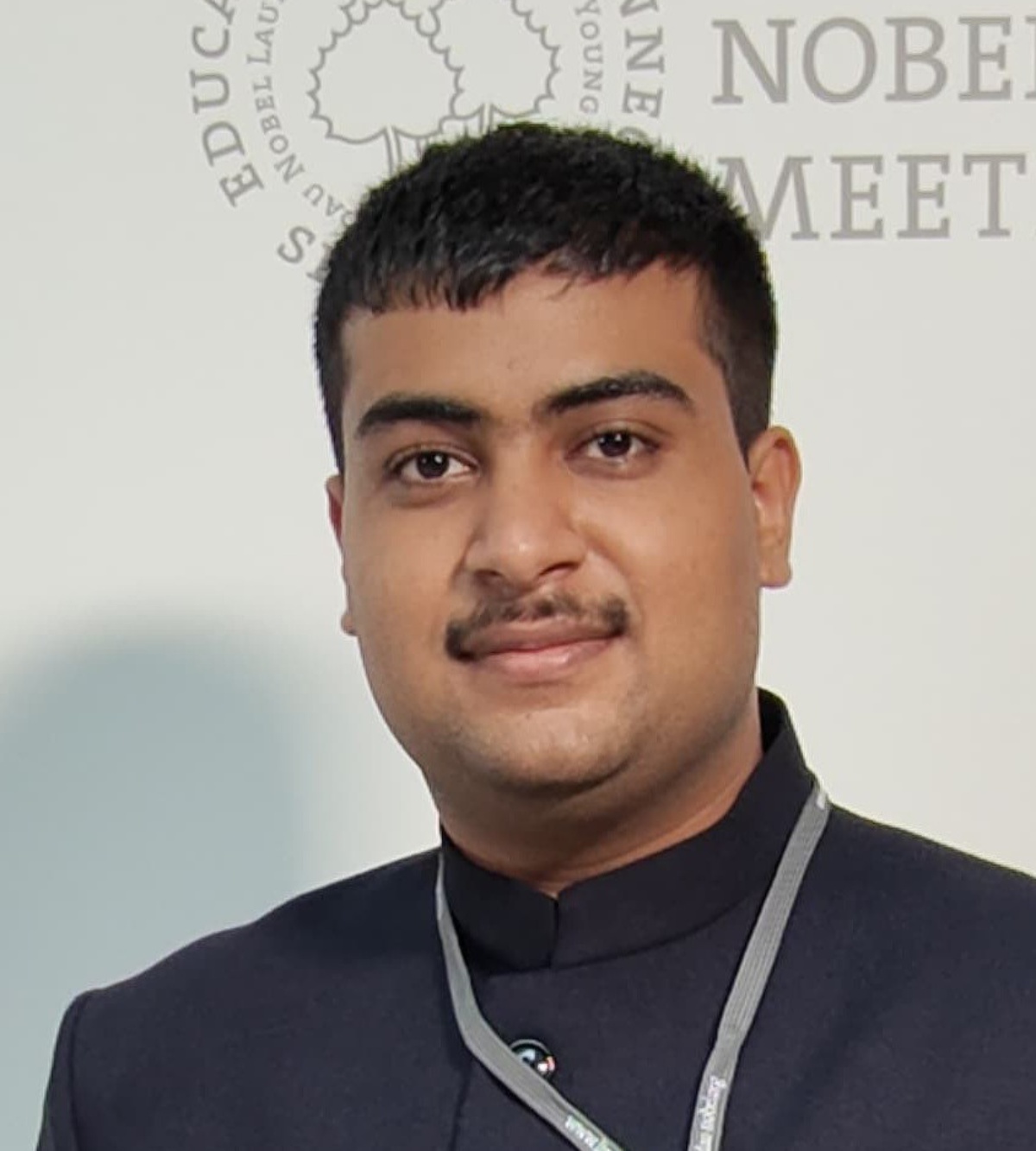
Vasudev Mittal
Thesis title: Confronting the Cosmological Principle
Supervisor: Prof. Geraint Lewis
Grace Piroscia
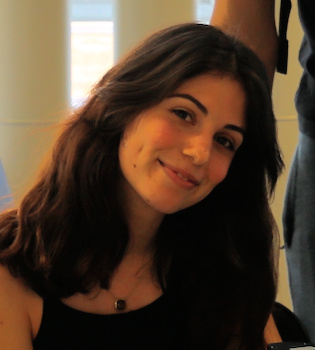
Grace Piroscia
Thesis title: High-Sensitivity Interferometric Imaging at the CHARA Array
Supervisor: Prof. Peter Tuthill
Huimin Qu
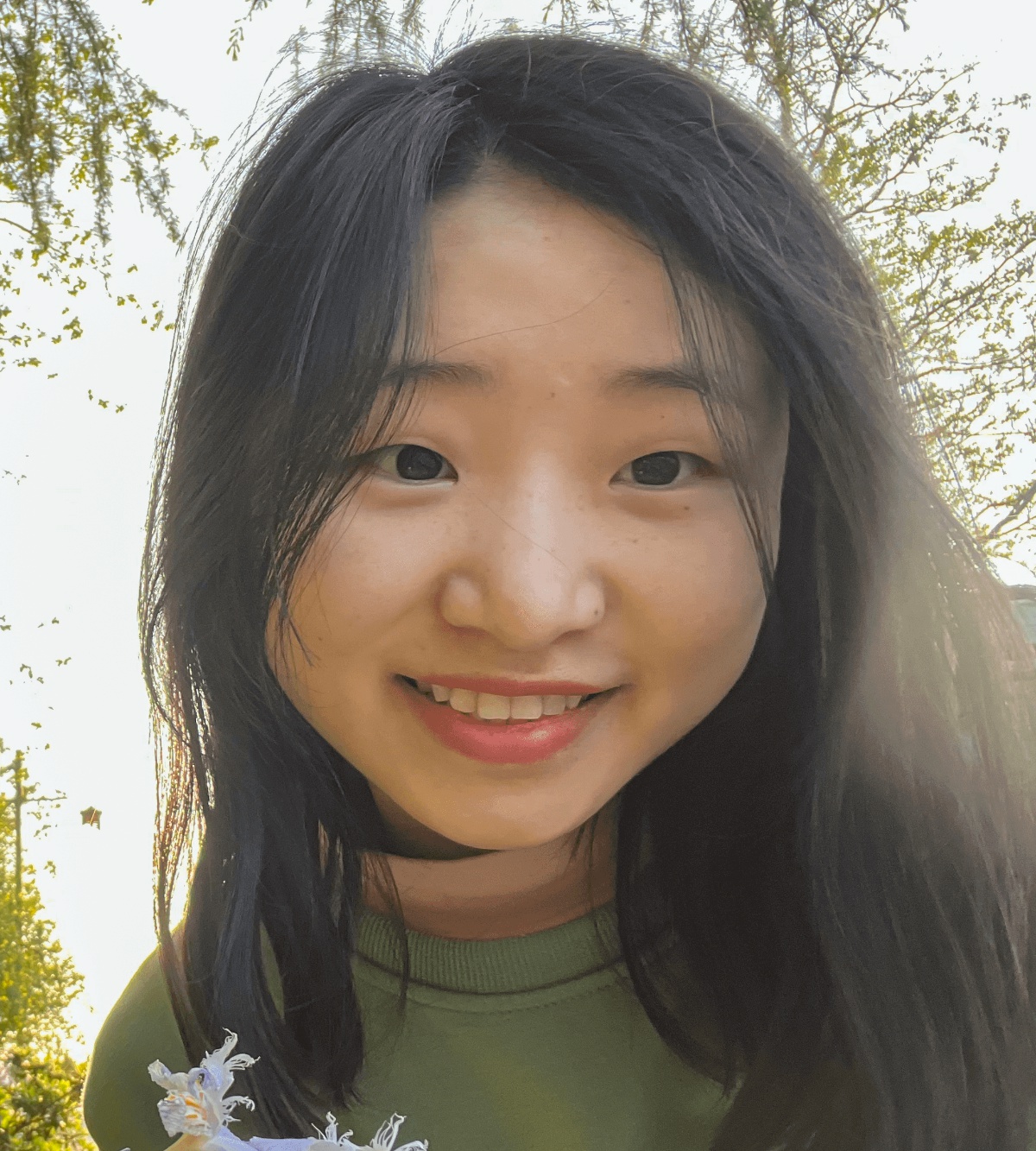
Huimin Qu
Thesis title: Reconstructing the dark matter properties of lensing galaxies in the strong gravitational lensing regime.
Sreenivasan Kalarickal Ramachandra
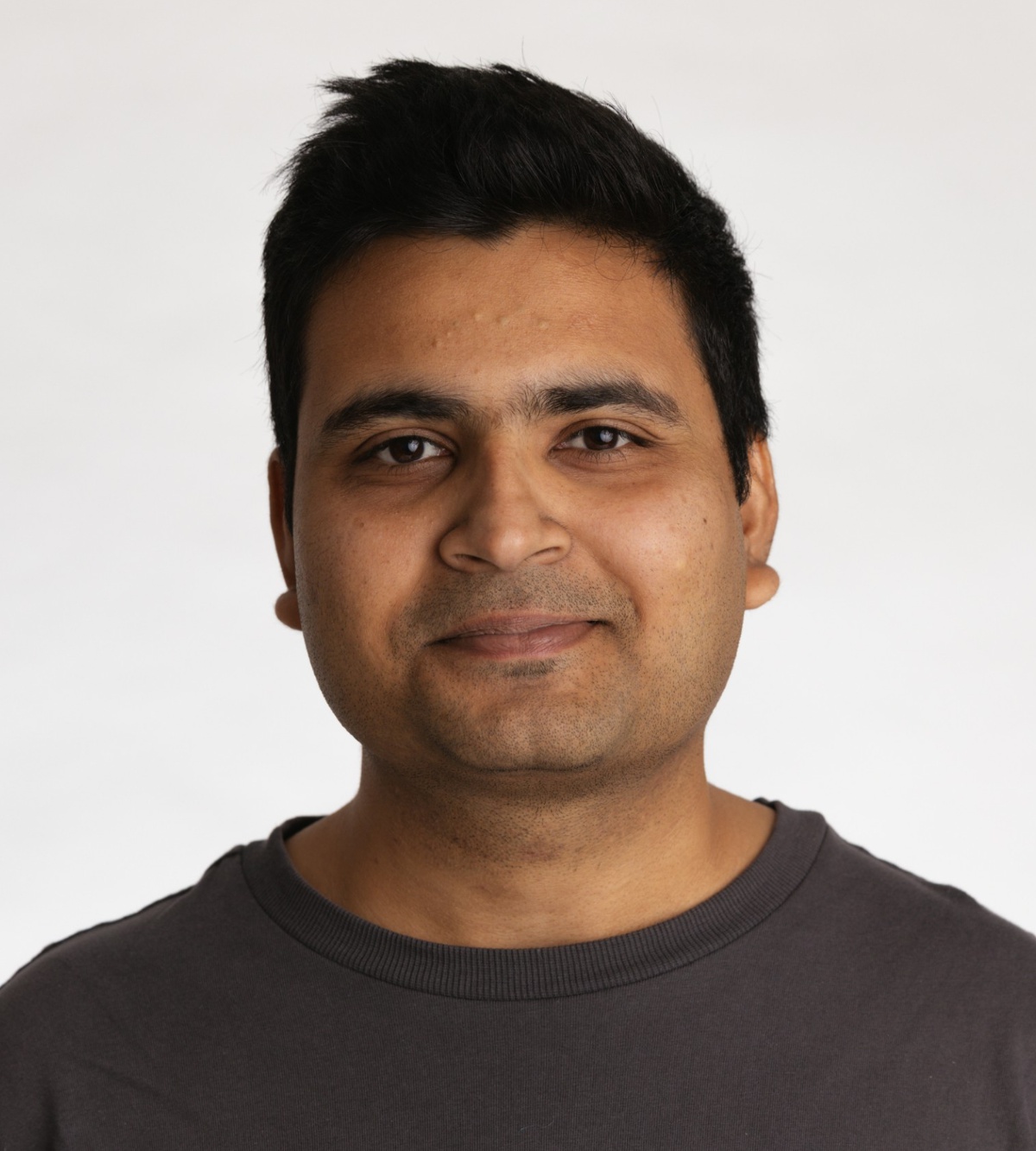
Sreenivasan Kalarickal Ramachandra
Thesis Title: Global Astroseismology of red giants using Kepler and TESS data.
Stephanie Rossini-Bryson
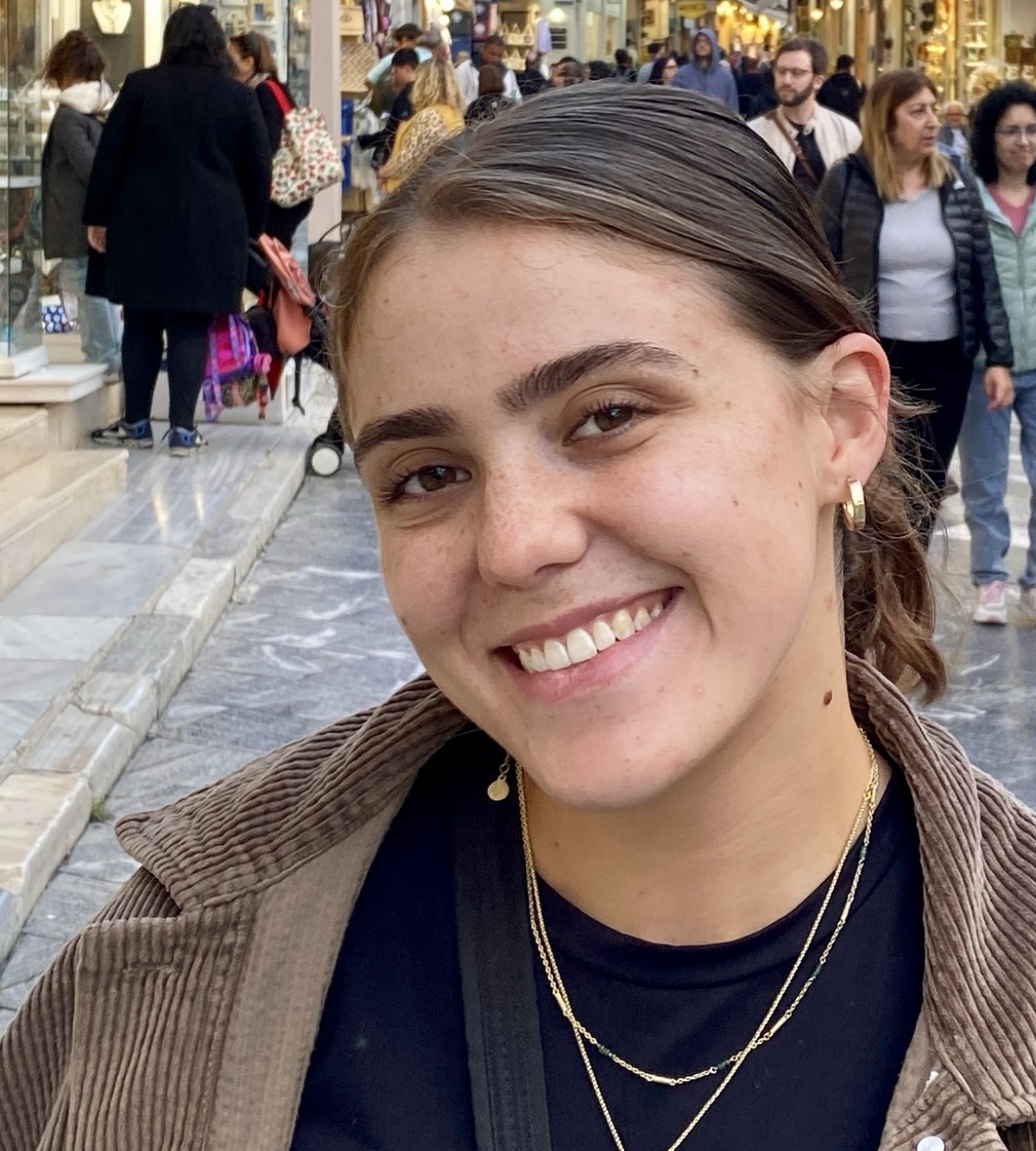
Stephanie Rossini-Bryson
Thesis title: The glimmer of alien worlds: astrophotonic imaging for exoplanetary discovery.
Nada Salama
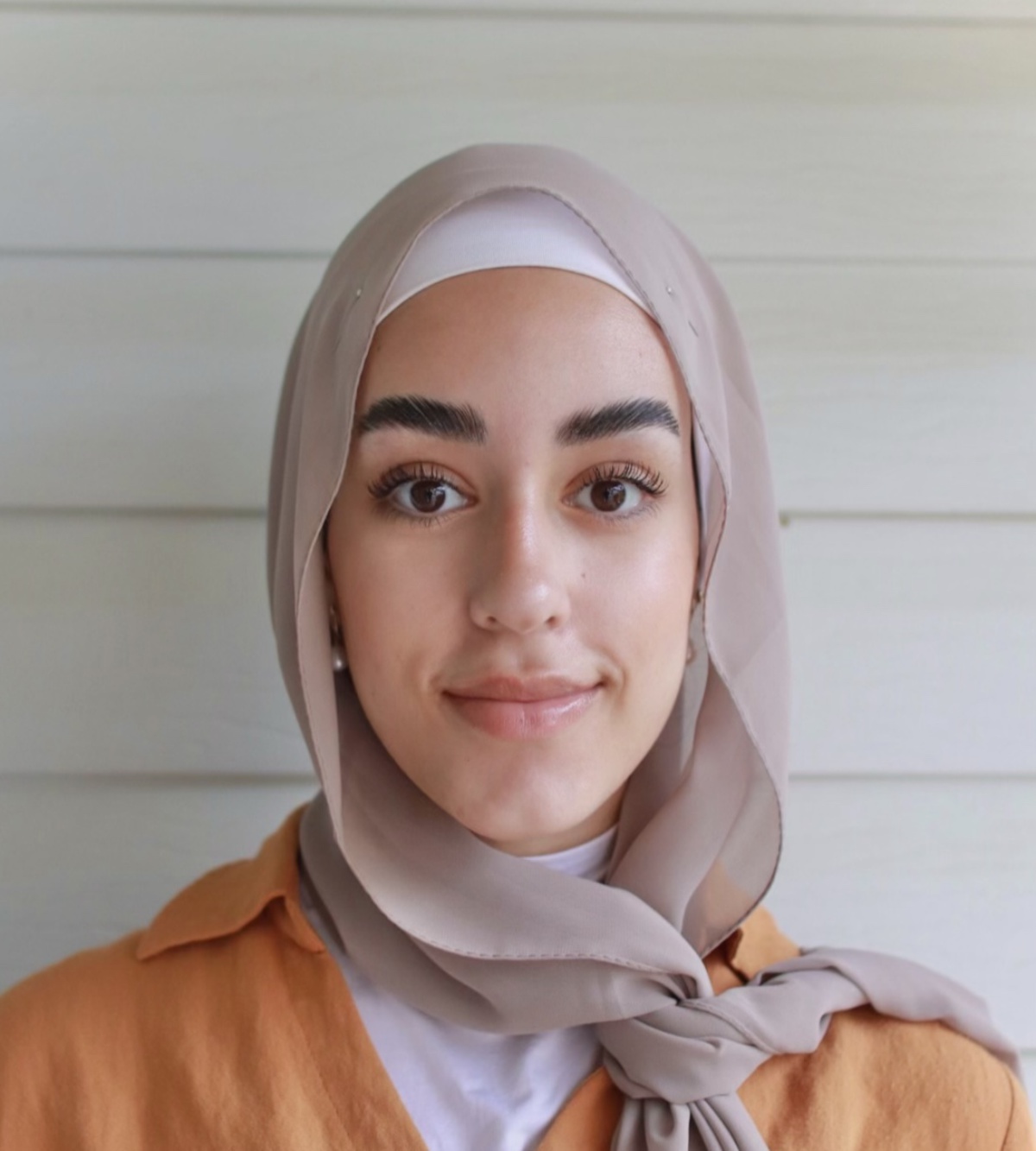
Nada Salama
Thesis title: Gravitational Microlensing of the Galactic Centre Gamma-Ray Excess.
Kavya Shaji
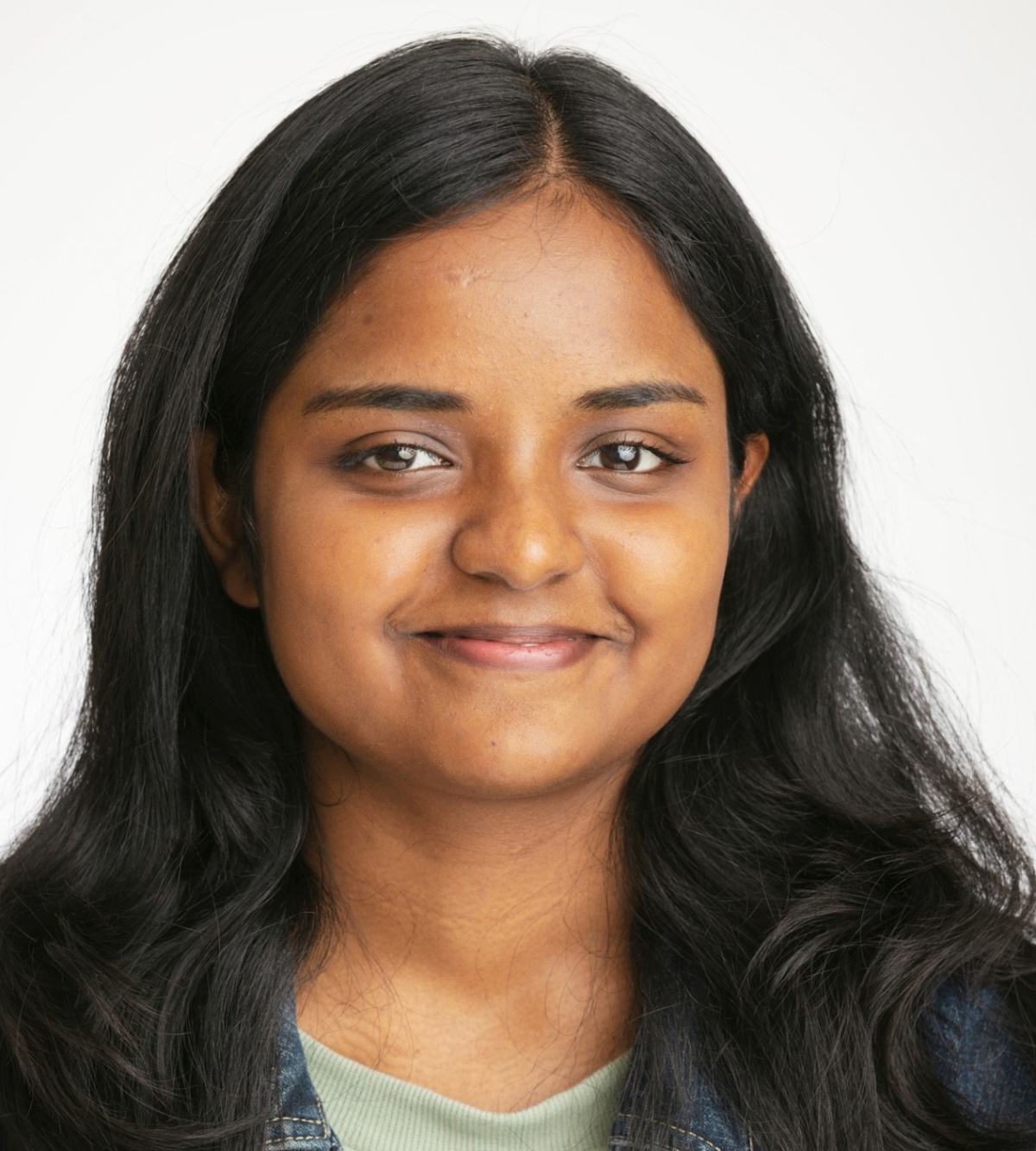
Kavya Shaji
Thesis Title: Targeting Repeating Fast Radio Bursts (FRBs) to Study Repeatability and Searches for Associated Persistent Radio Emission
Supervisors: Dr. Manisha Caleb, Prof. Tara Murphy
Lachlan Stuart
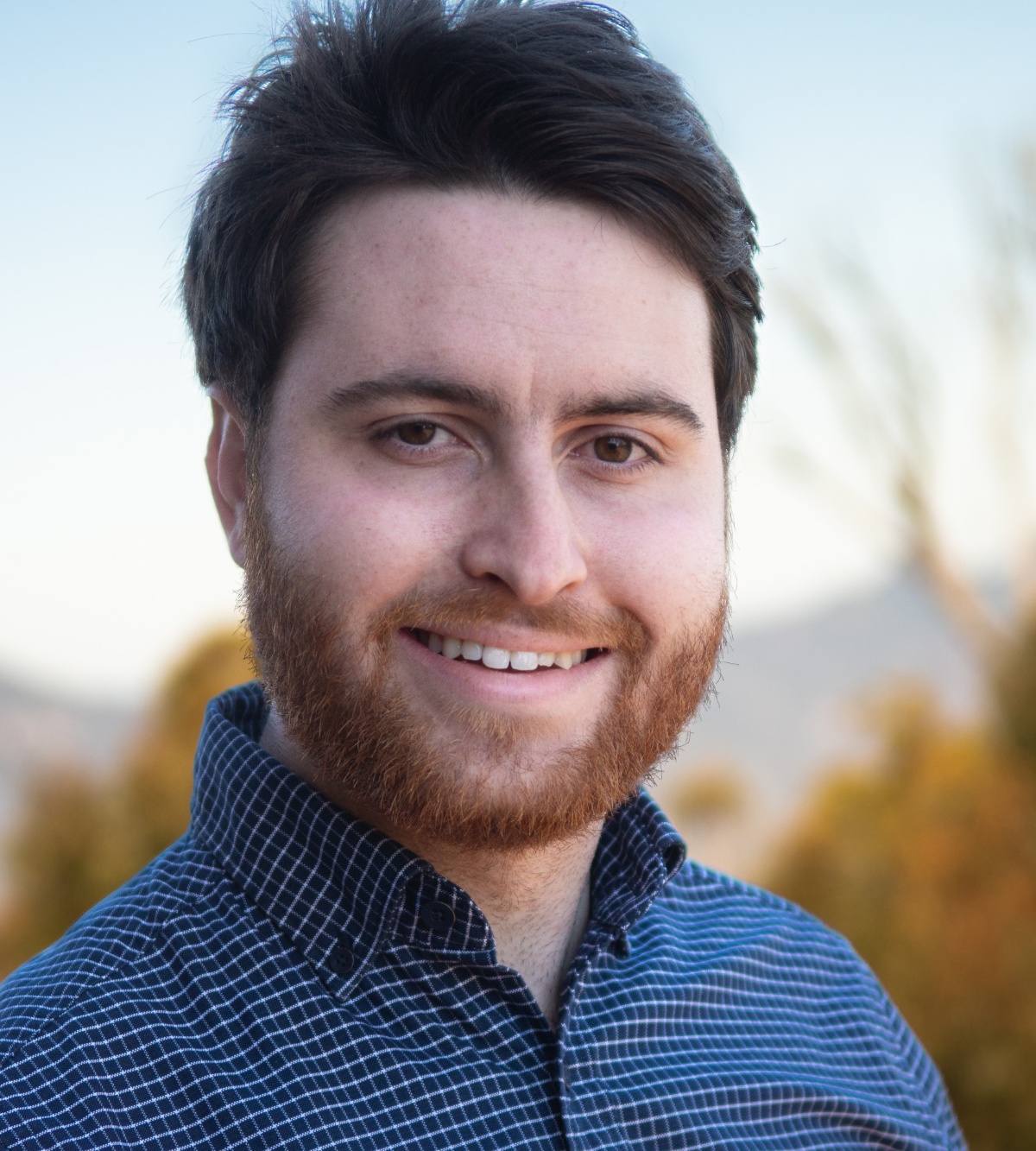
Lachlan Stuart
Title: The role of gas accretion in galaxy evolution
Supervisors: Julia Bryant & Scott Croom
Dylan Theron
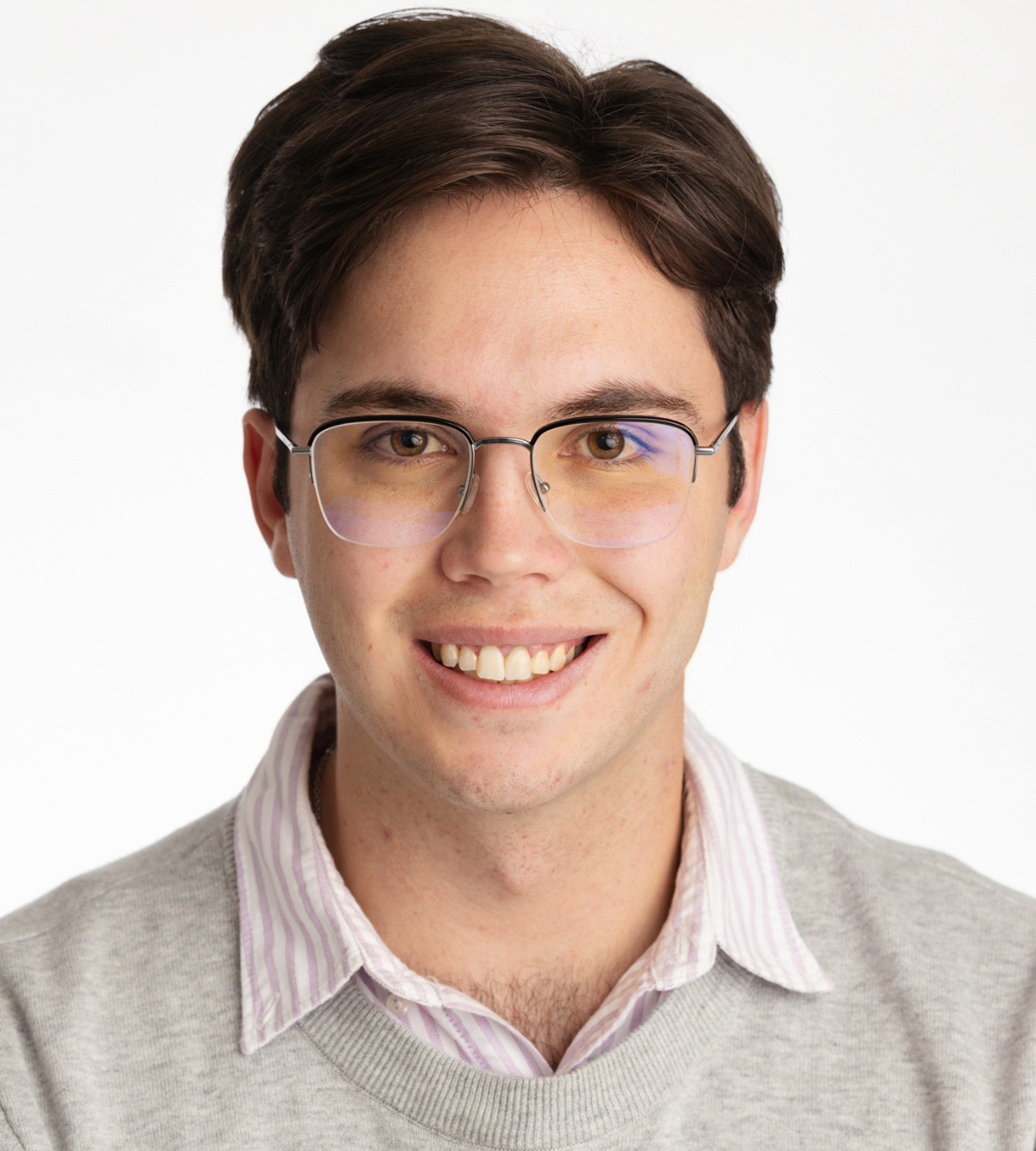
Dylan Theron
Thesis Title: Turbulent gas disks in the early universe.
Supervisor: Prof. Joss Bland-Hawthorn
Sujeeporn (Susie) Tuntipong
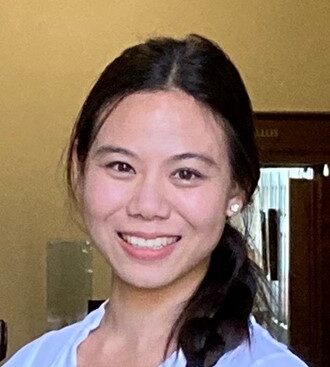
Sujeeporn (Susie) Tuntipong
Current area of study/thesis title: “Understanding the Milky Way through studying analogues with integral field spectroscopy”
For more information about this project, please contact this student’s supervisors SCOTT CROOM and JESSE VAN DE SANDE.
Justin Vella
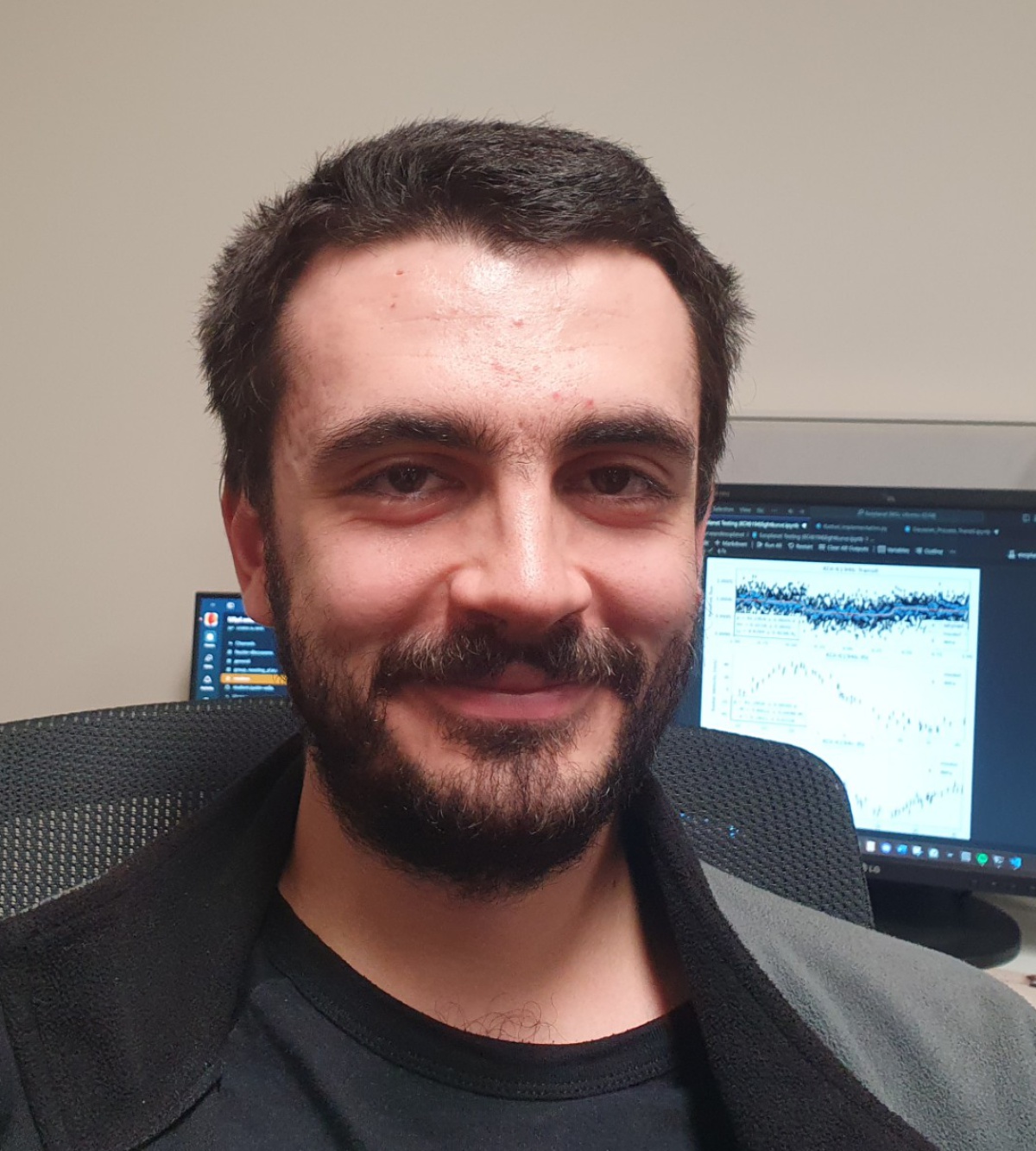
Justin Vella
Thesis title: Extreme Astronomical Imaging with Photonics and Machine Learning.
Supervisors: Dr Barnaby Norris and Assoc. Prof. Sergio Leon-Saval
Fiona Wei

Fiona Wei
Current area of study/thesis title: “Photonic Lantern as focal plane wavefront sensor”
For more information about this project, please contact this students supervisor SERGIO LEON-SAVAL
Jordan Winstanley
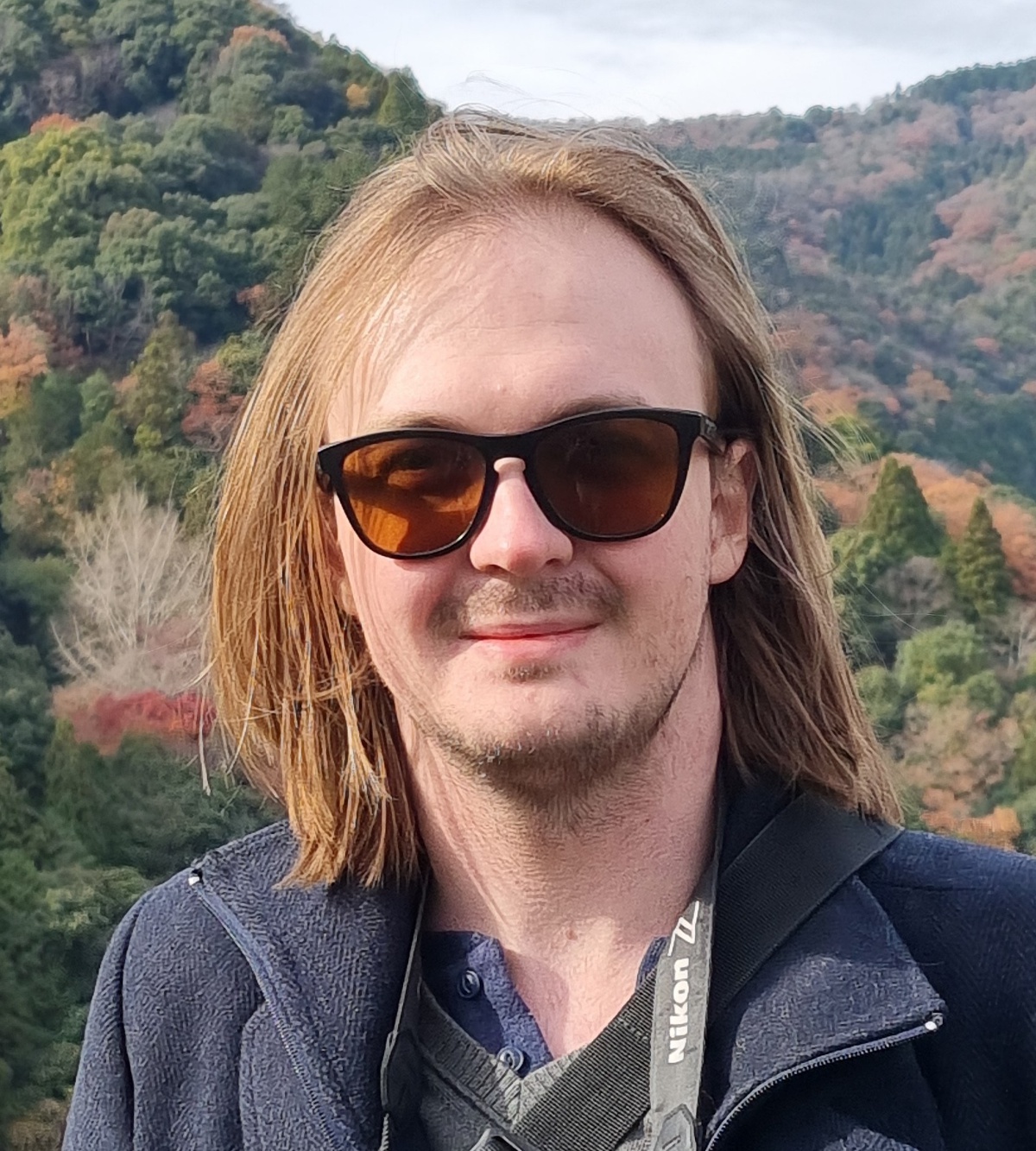
Jordan Winstanley
Title: Can alterations to the cosmological principle resolve the cosmic dipole.
Supervisors: Geraint Lewis, Scott Croom, Chris Power

